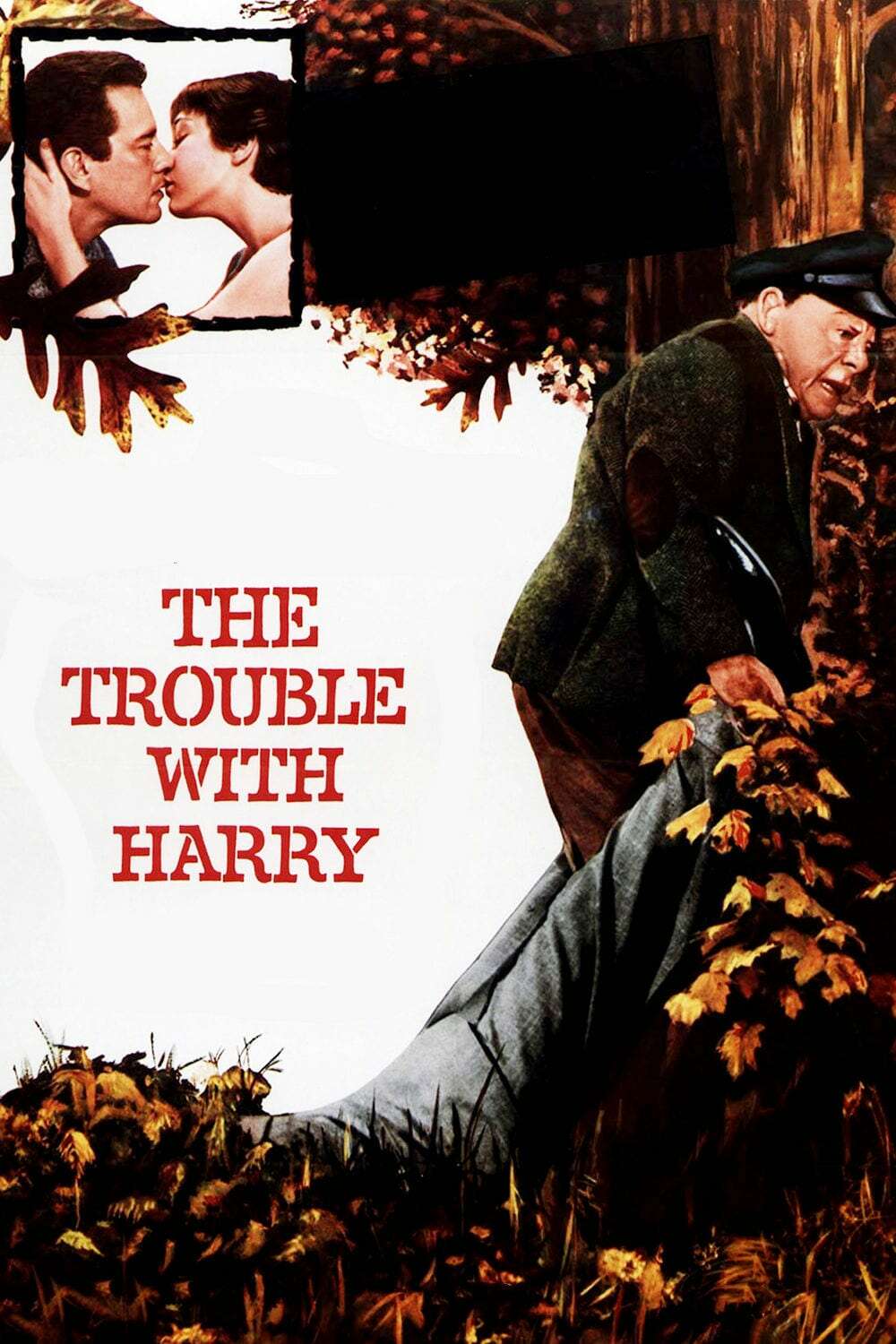 Letterboxd
Letterboxd
I don't usually watch the double features at the Stanford Theater, but I did this time. I can't say why, but I this just didn't connect with me that much.
With that said, I really liked the character of the Captain. I loved his mannerisms and I liked the squat shape of his body as he moved about. I liked how he narrated things to himself.
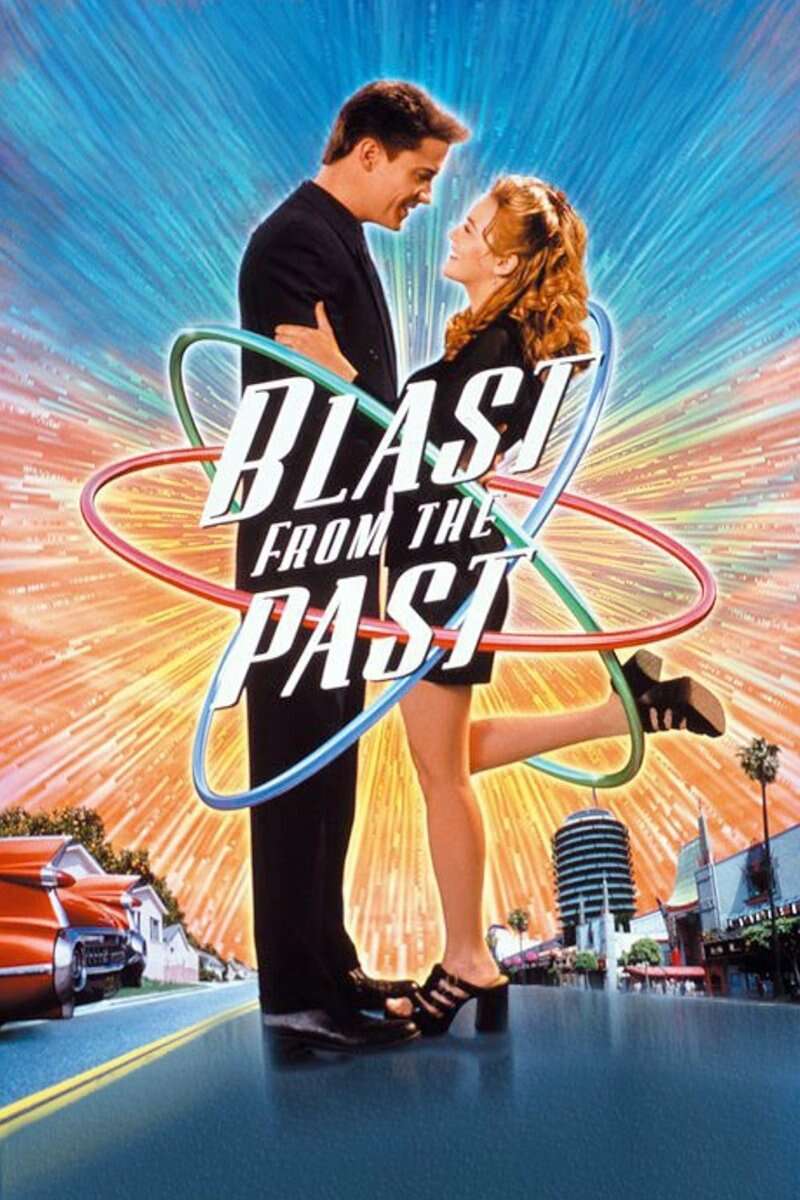 Letterboxd
Letterboxd
This is one of those films that I have thought about every once in a while but never seen. Well today I finally saw it (free on youtube right now, fyi). It is a rather mediocre film with a still somewhat cute cast. There are so many interesting/fun scenes that could have occurred with this fish out of water setup. Just didn't connect on anything really.
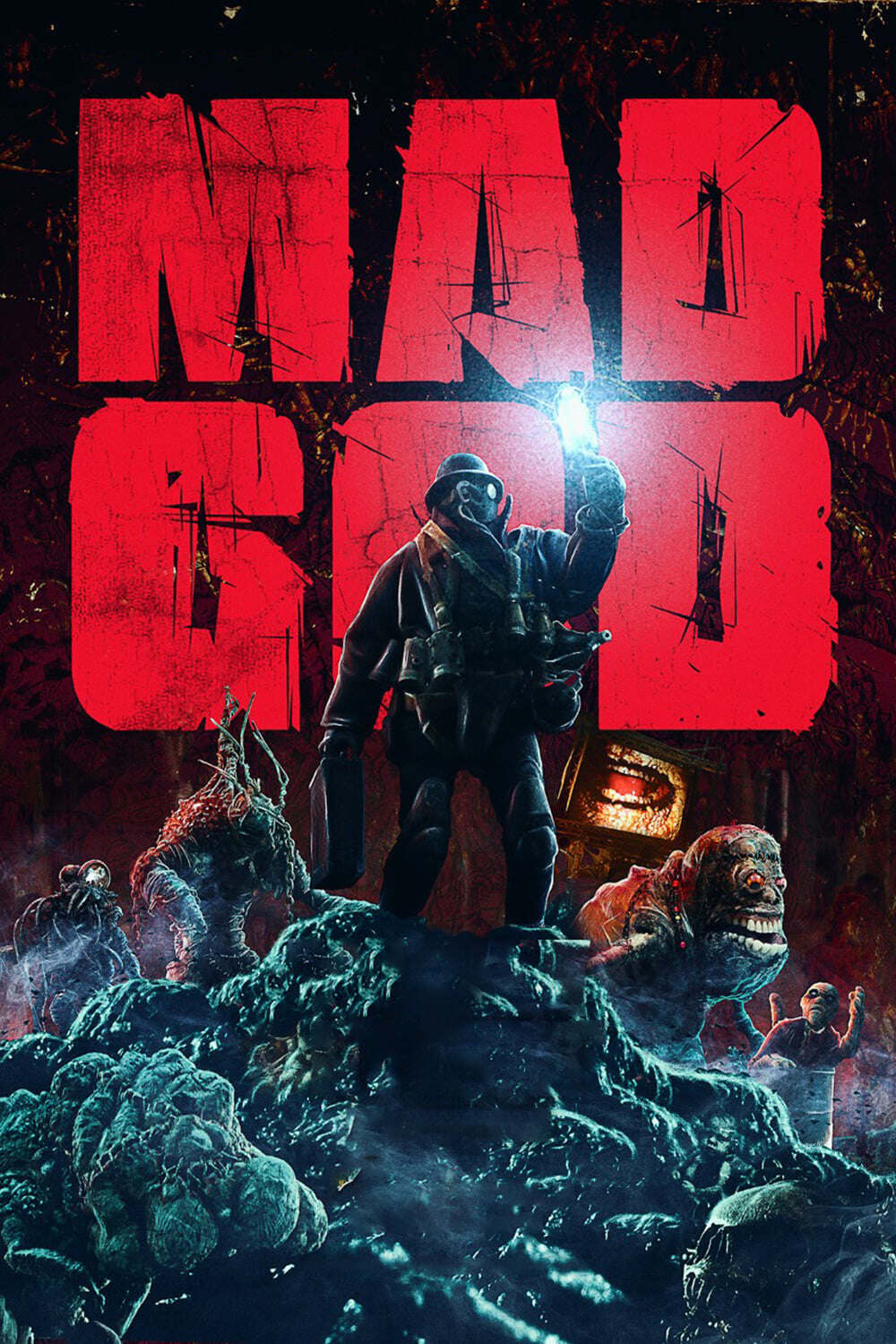 Letterboxd
Letterboxd
Rough call. It really was not for me. I could tell that this was not my thing in the first 10 minutes. But I ended up watching the whole thing due to how visually arresting the scenes were. This makes you wish there was a "This wasn't for me, but..." category for film. I strongly respect the work and mastery that must have gone into something this detailed, but it just isn't something I enjoy.
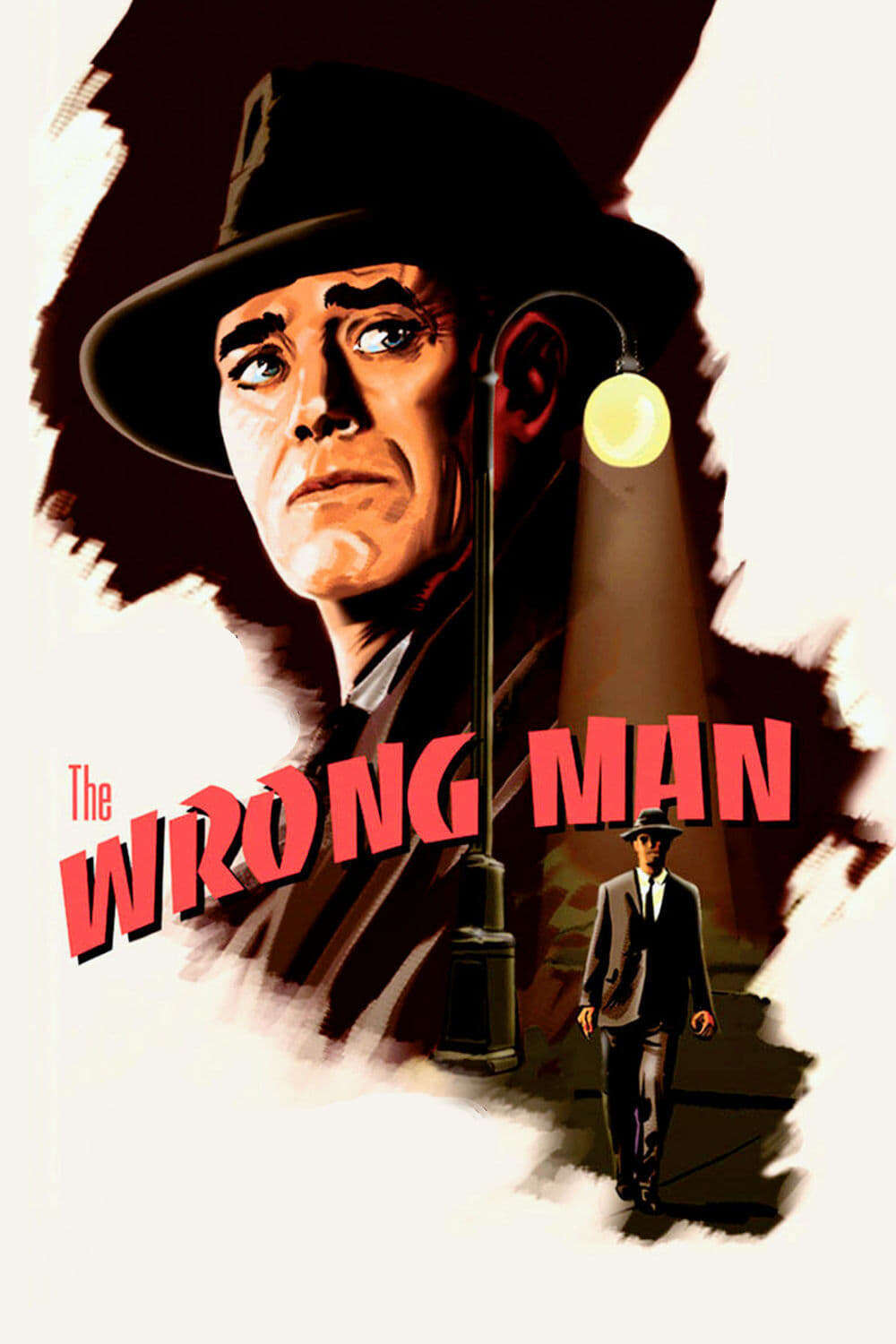 Letterboxd
Letterboxd
I wish Hitchcock did more of these type of films. The story in and of itself is actually comparatively low stakes, but Hitchcock's mastery of scene, blocking, etc really get you into how terrifying the situation is on a personal level. Few directors would have the skill to take such a simple story and humanize it enough that it connect with an audience. Not his most exciting film, but sometimes it is interesting to see how much a master can draw out from even the most simple of materials.
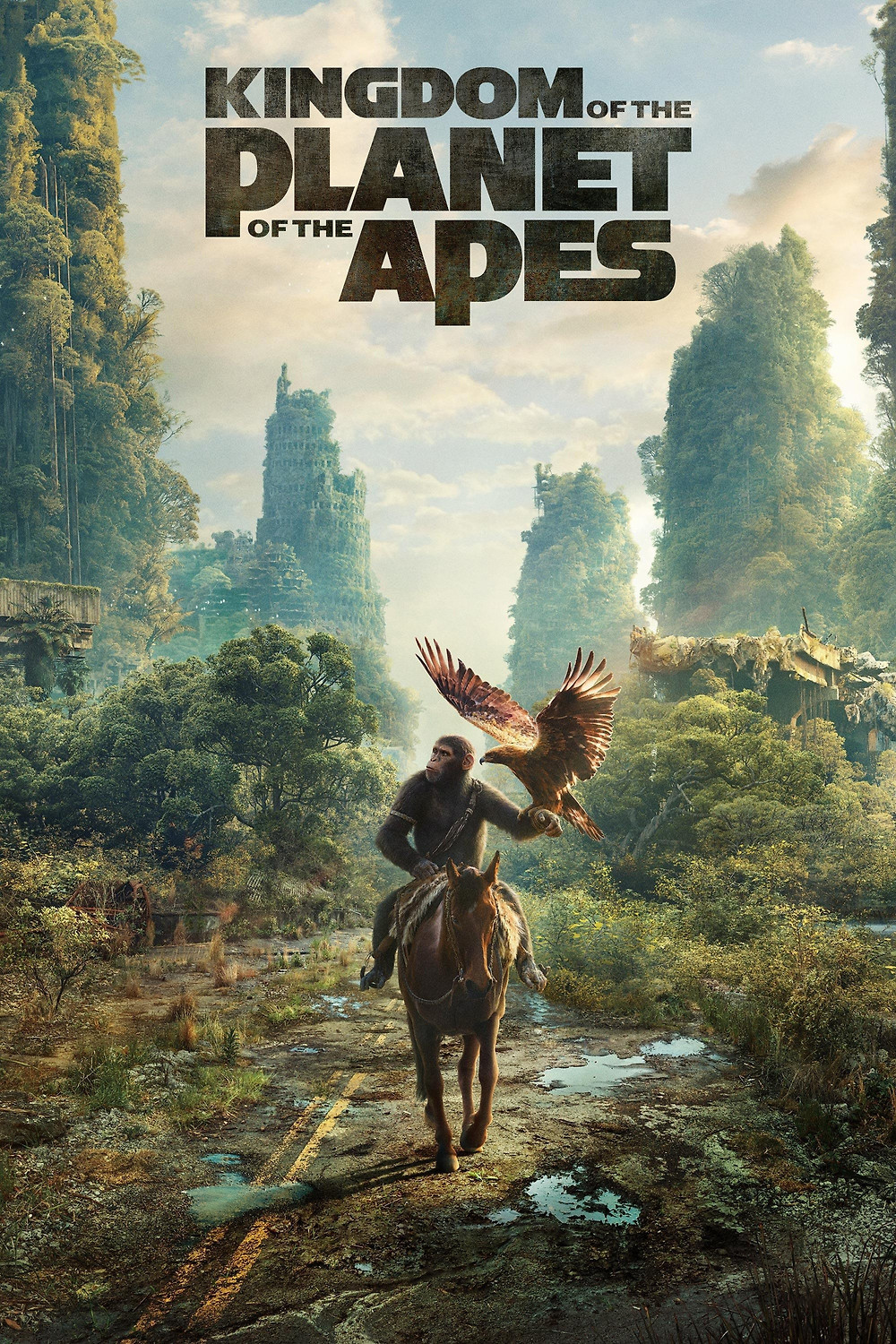 Letterboxd
Letterboxd
This is a good summer movie. A great deal of well done CG. A little action. Some social questions about whether it is the nature of all organized power structures to subdue/subsume "others". Good times.
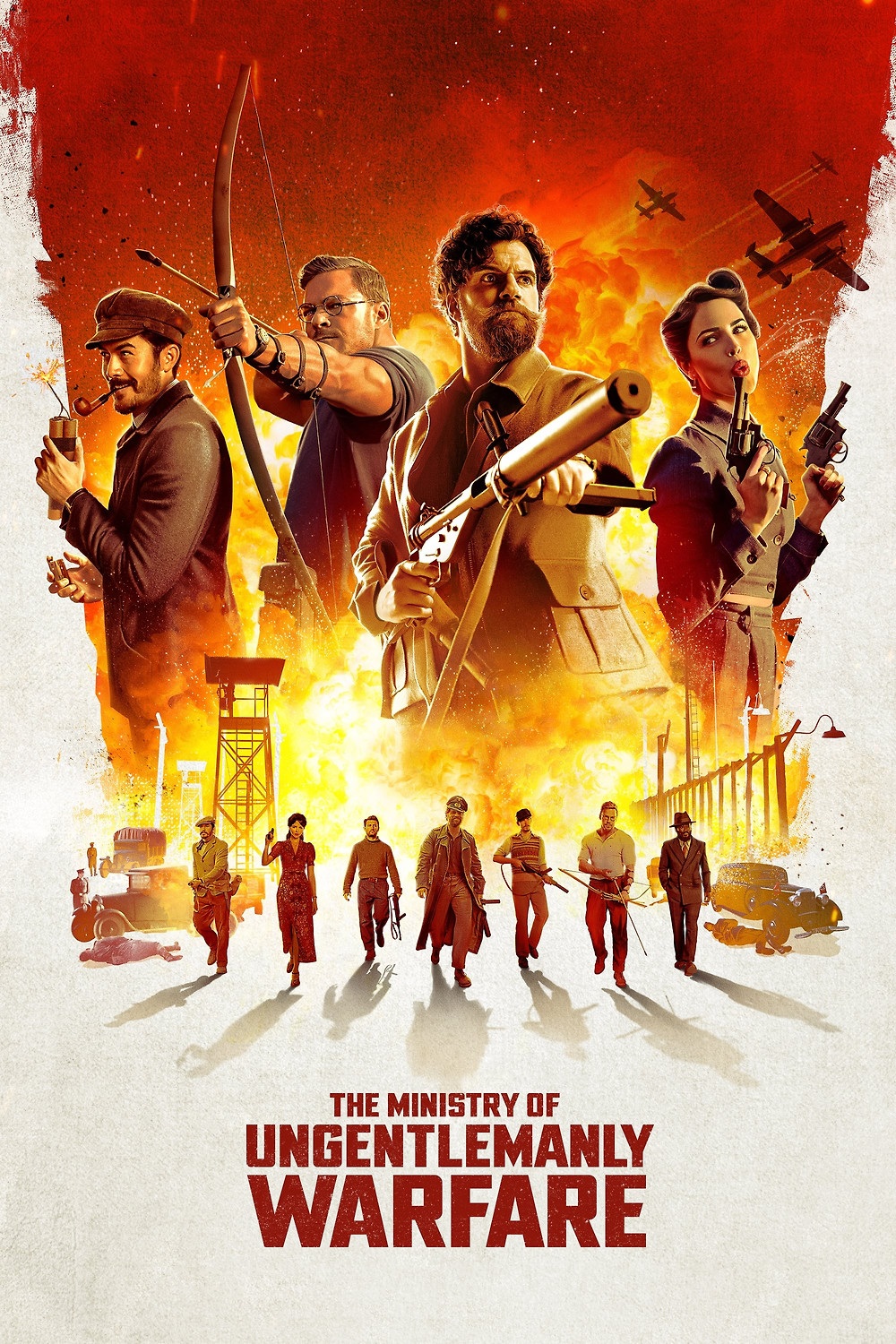 Letterboxd
Letterboxd
Messy. Too energized. You rarely get a moment to connect with any of the characters. Also, minor quibble, but the Nazi's in this film must have been prescribed Valium or something. They just stand around and stare as they are shot at! Over and over! It is hard to bill yourself as an action movie when your opponents seem to be barely conscious NPCs?
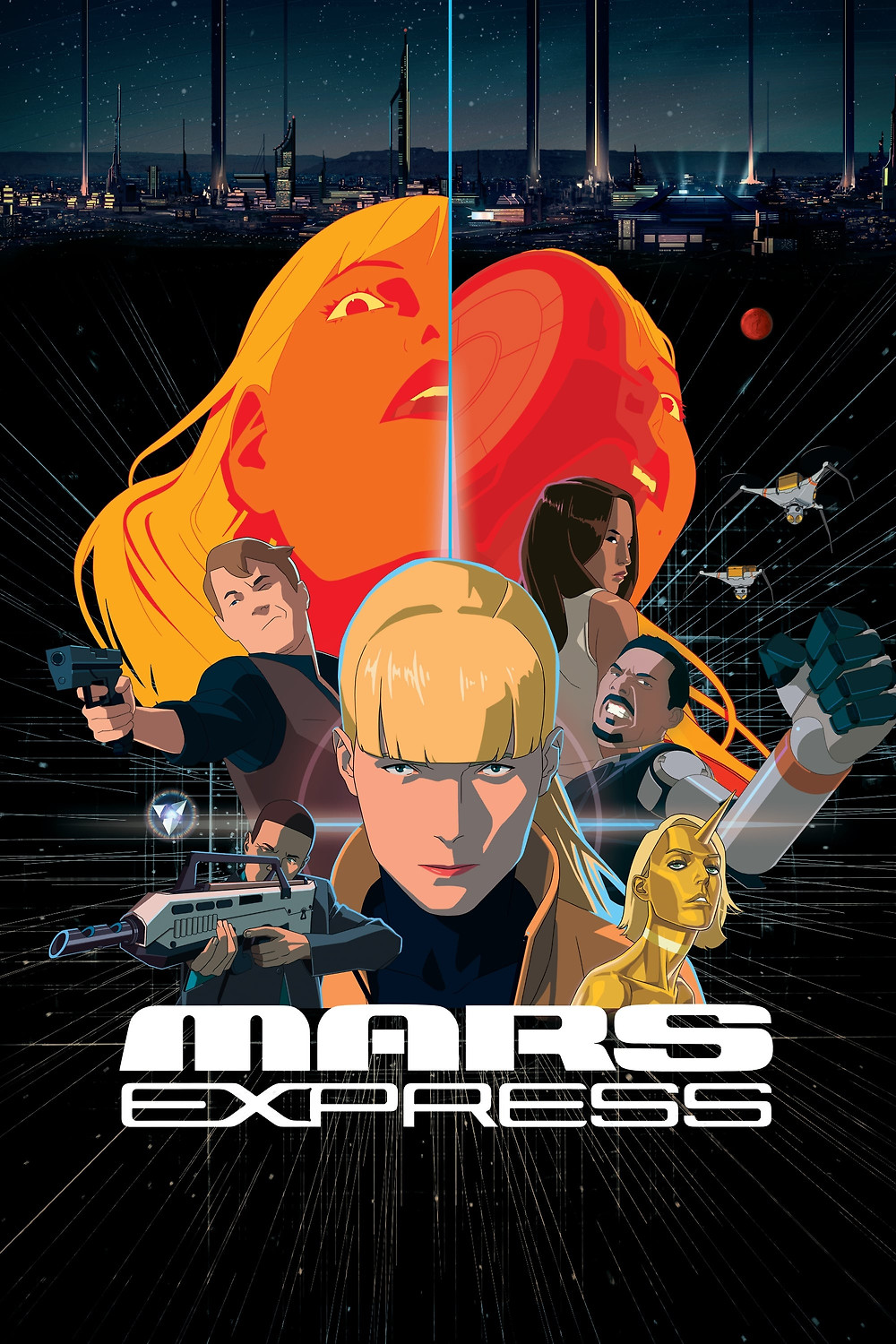 Letterboxd
Letterboxd
I really enjoyed this. So many ideas. So much cool tech. It kind of made me want to watch Aeon Flux.
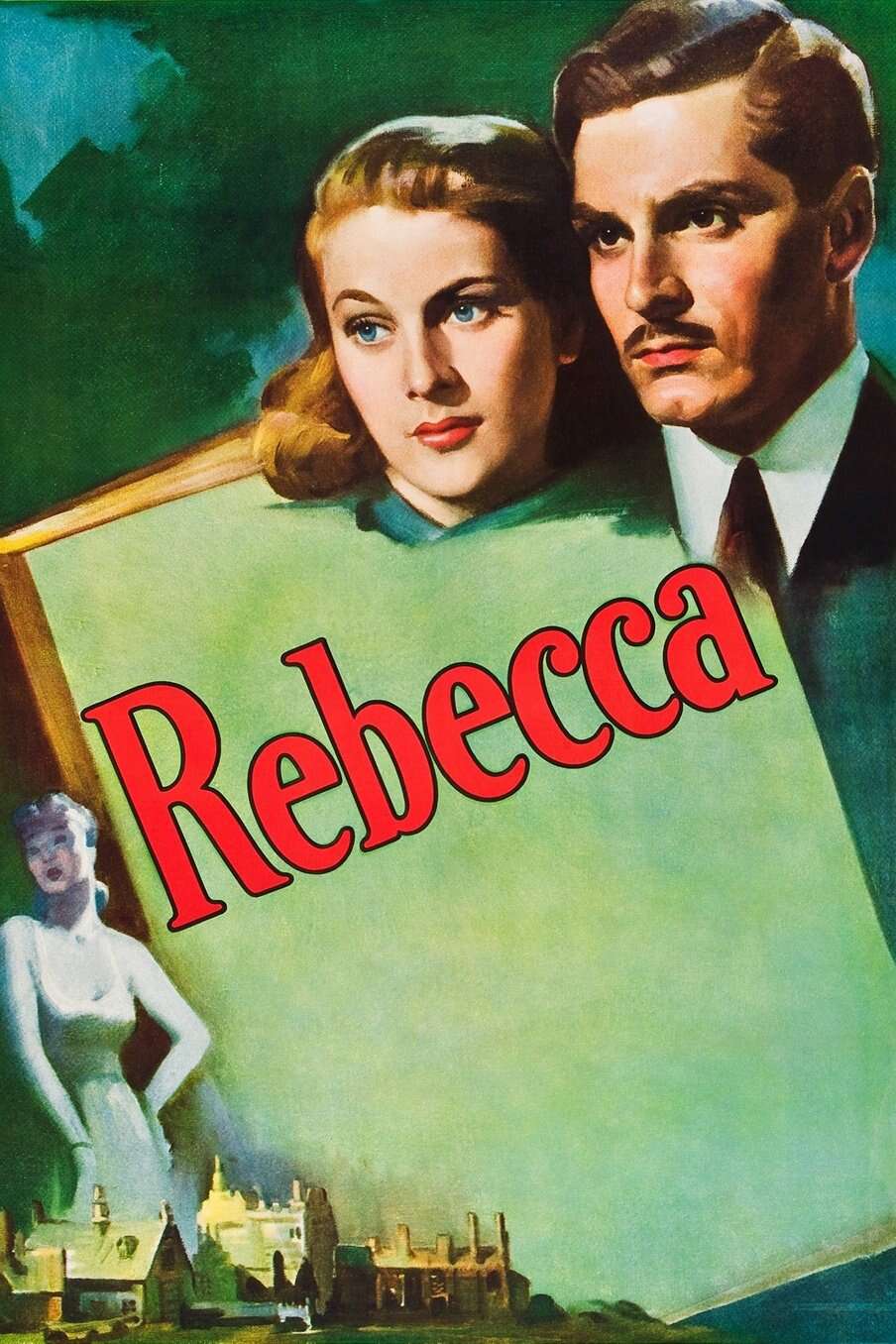 Letterboxd
Letterboxd
That was a pretty damn good movie. I was charmed by Joan Fontaine at the beginning, there were some shots of her that really captured her beauty. Only real complaint was that it was more of a "uncover the truth" type movie than a "take agency" type of film. So many genuinely great scenes (so Hitchcock), was genuinely surprised after walking out of the theater to realize it was a 130 minute movie.
 Letterboxd
Letterboxd
Honestly, I enjoyed it more than you would expect. I think it started quite strong and I liked the idea a lot, but it overstayed it's runtime a little and lost the thread towards the last 1/3 of the film.
This movie definitely played towards the more comedic elements, and I think that was the right call for the cast and skill they had. But it would have been interesting to watch if Abigail was more defined as an actual 300 year old vampire, rather than sort of the caricature of one.
Tonally, I would say this one was actually orbiting around "Cabin in the Woods", another movie I quite enjoyed.
Lots of dumb scenes where people split up for seemingly no reason at all, but whatever, it is a horror film.
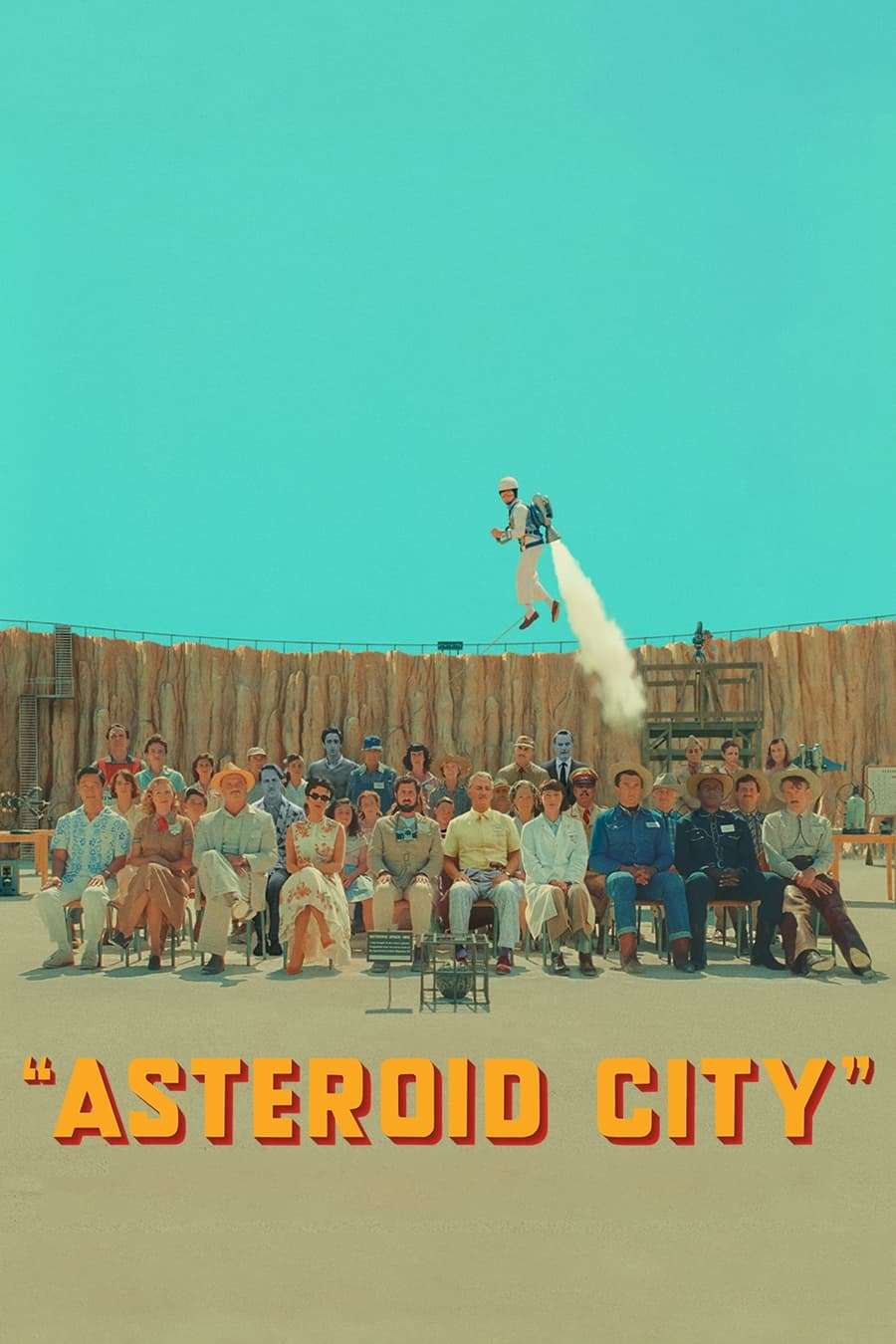 Letterboxd
Letterboxd
Another immaculate Wes Anderson movie. I probably didn't necessarily get it, but just watching the interaction and set pieces was enough for me. I really liked the camera work where they seemed to have the ability to pane across the entire "lot" of the film, providing a sort of parallax effect as they did so.
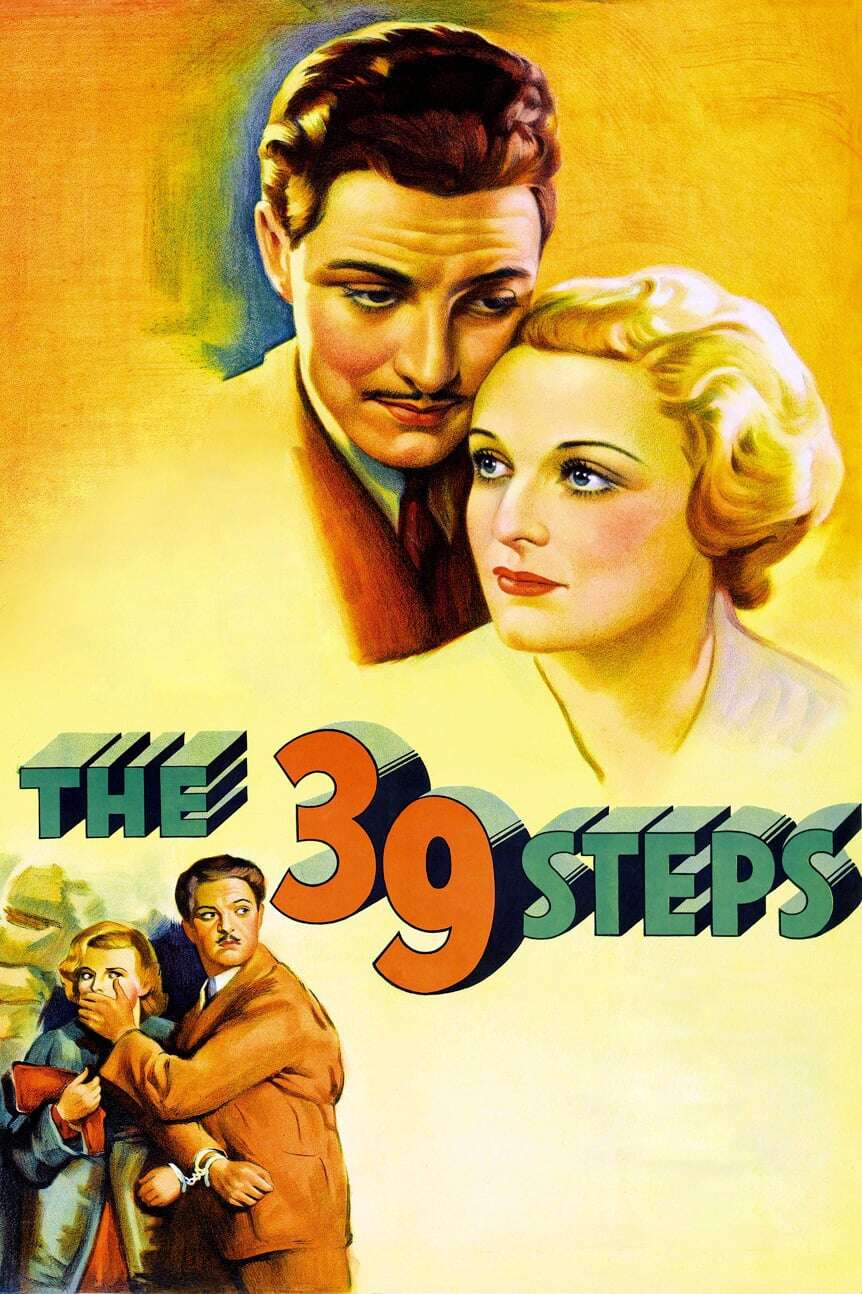 Letterboxd
Letterboxd
I saw this at the theater but walked in about 5 minutes late because the popcorn line was running slow. I am wondering if I missed certain queues at the beginning that this is basically a comedy? Until I sort of figured this out I felt that the film was tonally off.
Once I realized that it was supposed to be more funny than serious I began enjoying it a good deal more. The idea of having two romantic leads handcuffed together seems kind of lazy by modern standards, but this was 1935 and I wonder if it was one of the first to do this bit?
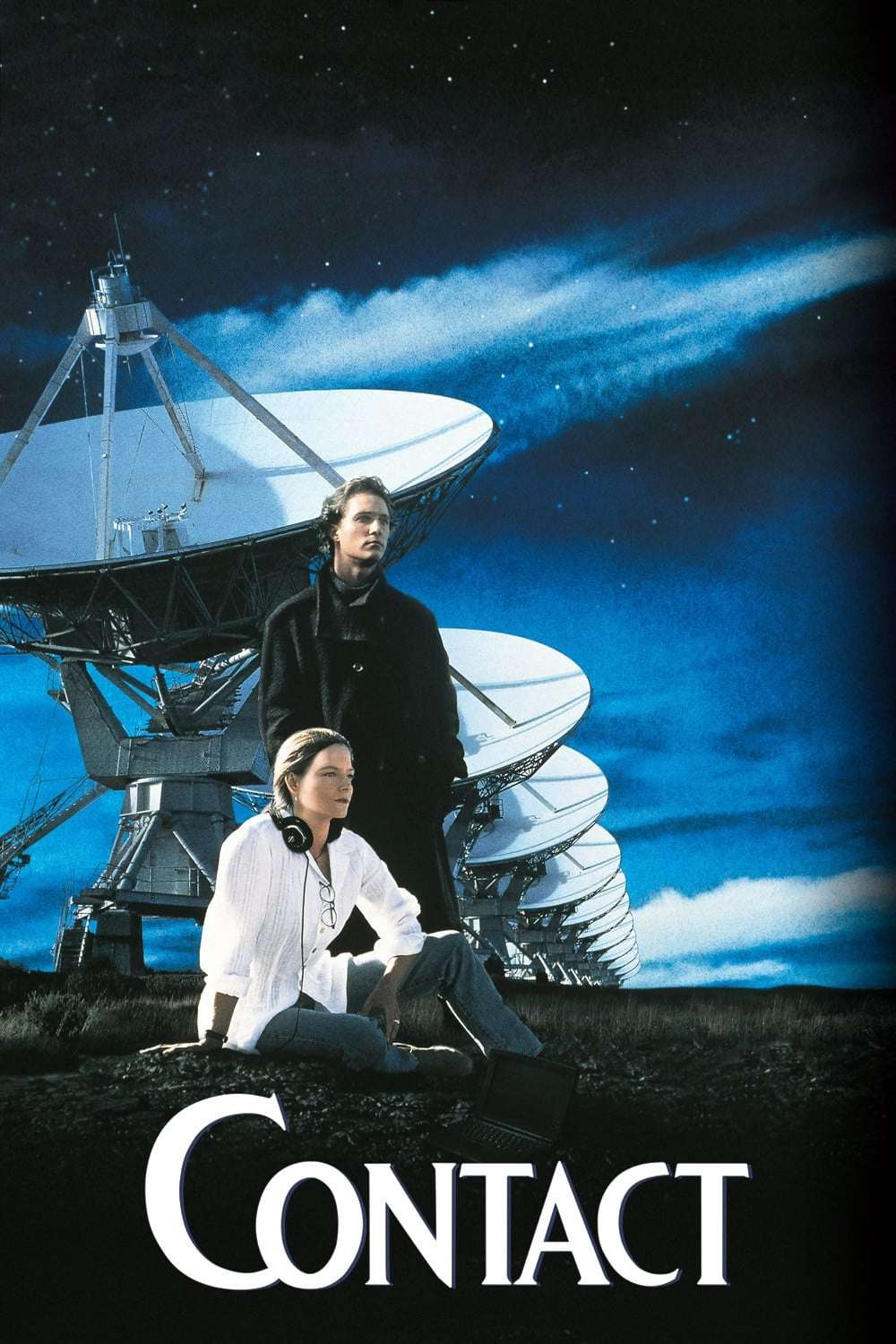 Letterboxd
Letterboxd
The most notable thing is how bad Matthew Mcconaughey's character is. Both in terms of the writing and the acting. I really liked him in later films so this comes as a bit of a surprise.
I recently watched a few episodes of "True Detective" and had Jodie Foster on my mind. She was still a great actress even this long ago. I also like her character, just completely consumed by this one goal.
I felt it's heart was in the right place, and I guess I am behind the idea of doing science purely for the purposes of discovery... But I'm not sure this movie made a very good case for that.
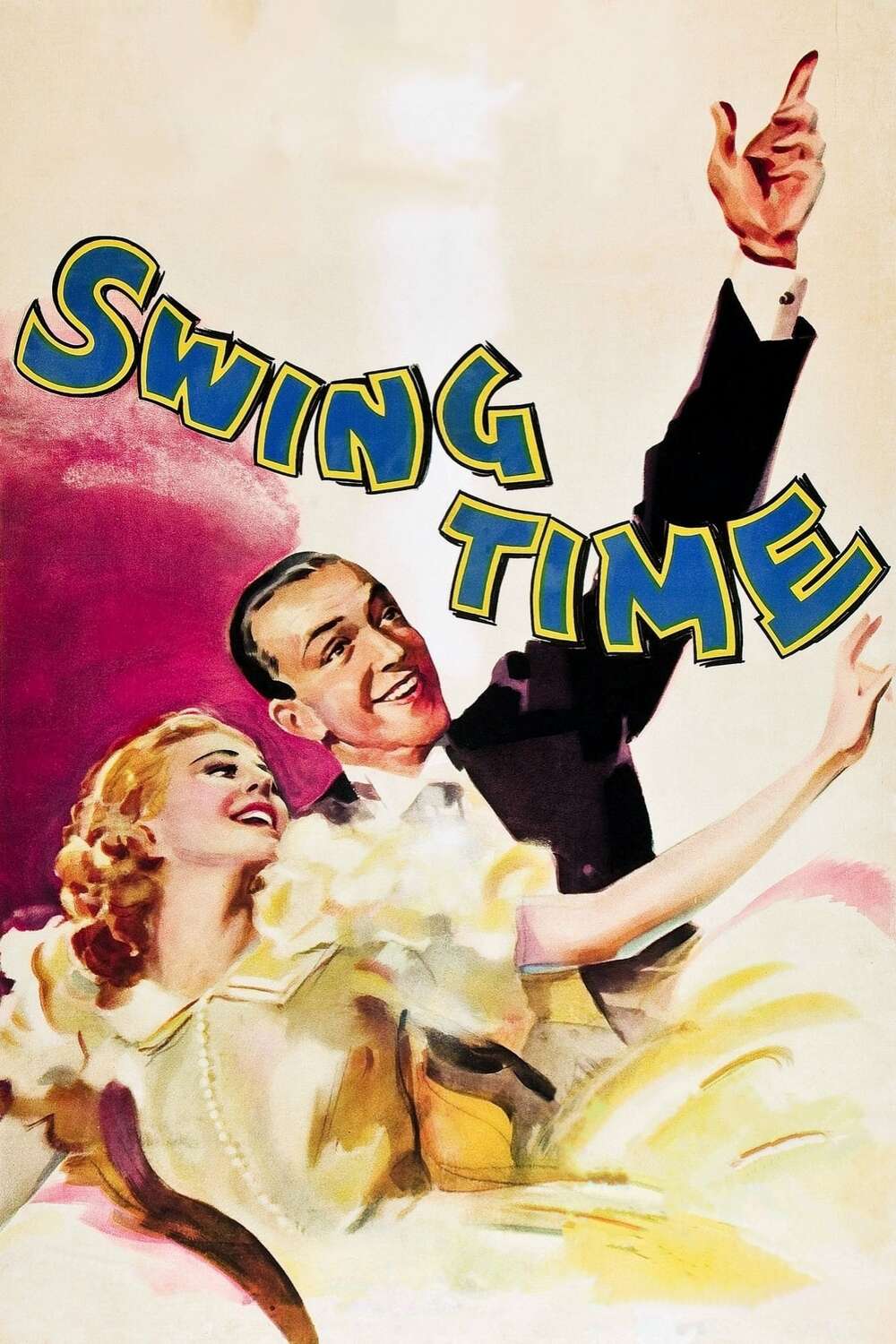 Letterboxd
Letterboxd
I think this is a good movie, it just isn't entirely my thing. I wish the romance between Fred & Ginger was a little more... something. Felt like two people who honestly wanted to dance more than romance. I know these movies are really more about dance numbers somewhat linked by plot, but I still kinda want more in terms of substance.
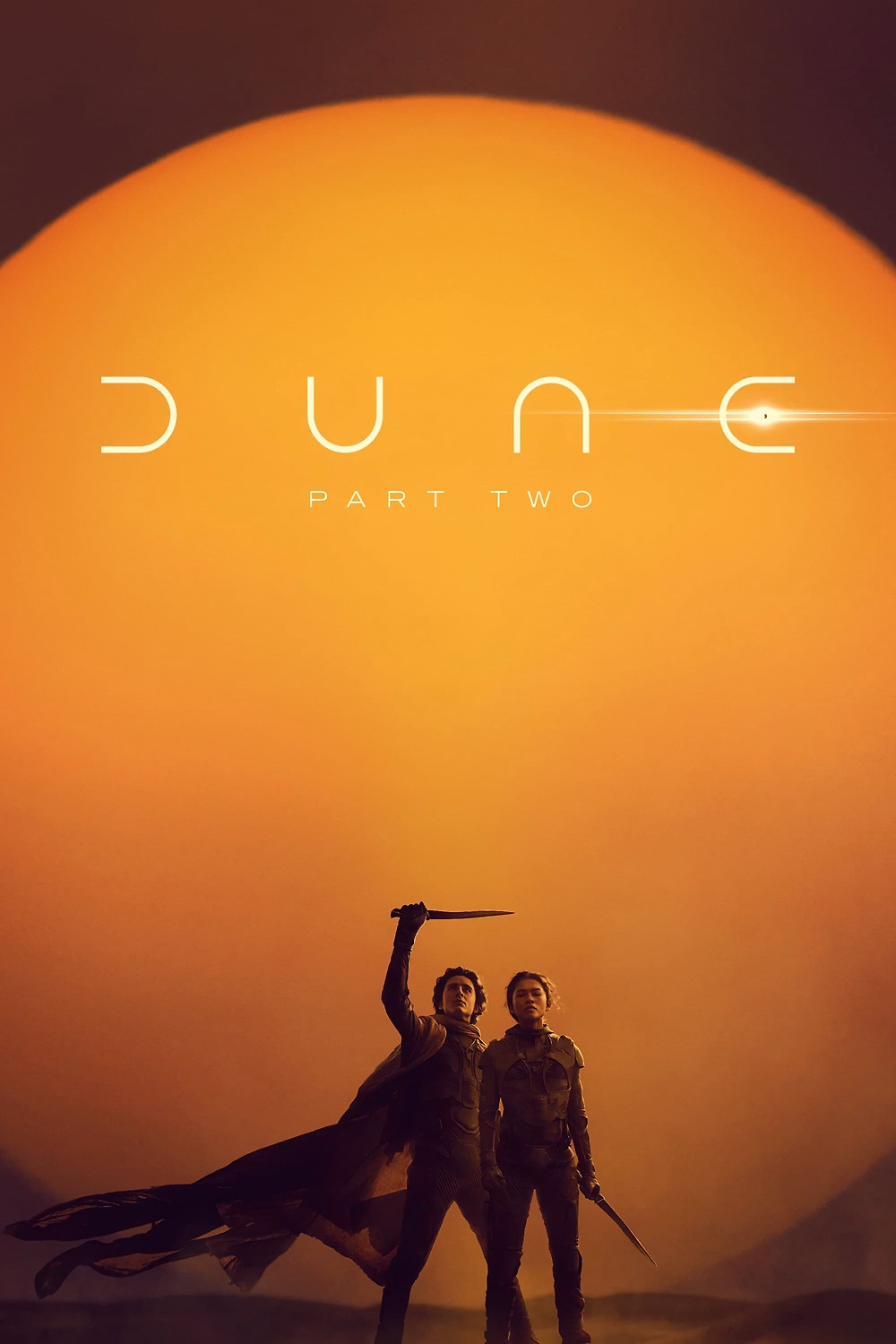 Letterboxd
Letterboxd
I should preface this by saying that I play a board game called Dune: Imperium (and now Uprising). So I was primed to like this film. Truthfully I have twice failed to finish this book a long time ago as a teenager. Like the book, I am medium warm on the characters and medium on the plot.
With that said, I love the world of Dune. I like the set pieces, I like the scenery, I like the scenes as people come and go. The camerawork is fantastic. I love the ships and the buildings. I'm trying to communicate that the plot may be , but the whole film is a visual treat for the eyes.
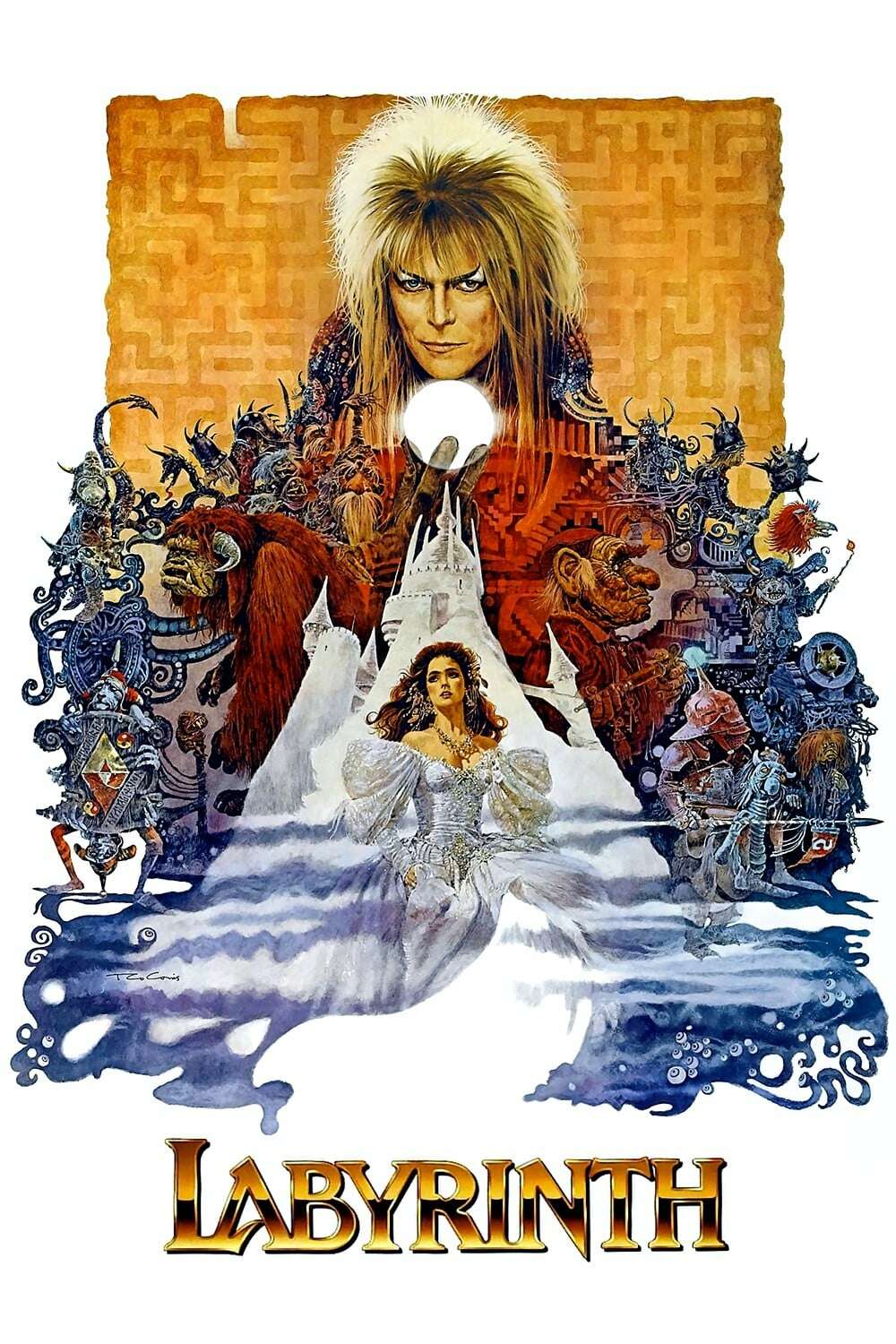 Letterboxd
Letterboxd
I think I last watched this like 25+ years ago. I think a lot of people have a vague memory of how weird this movie was, it is a core memory for a lot of childhoods.
This movie plays a bit like a fever dream. Sometimes transitions between scenes occur without there being a clear transition between one and the next. Sometimes characters seem to change without it being entirely clear what the cause was.
The buddy I saw it with fell asleep in the last battle (in the goblin town) and I have to admit that that part drags on a bit.
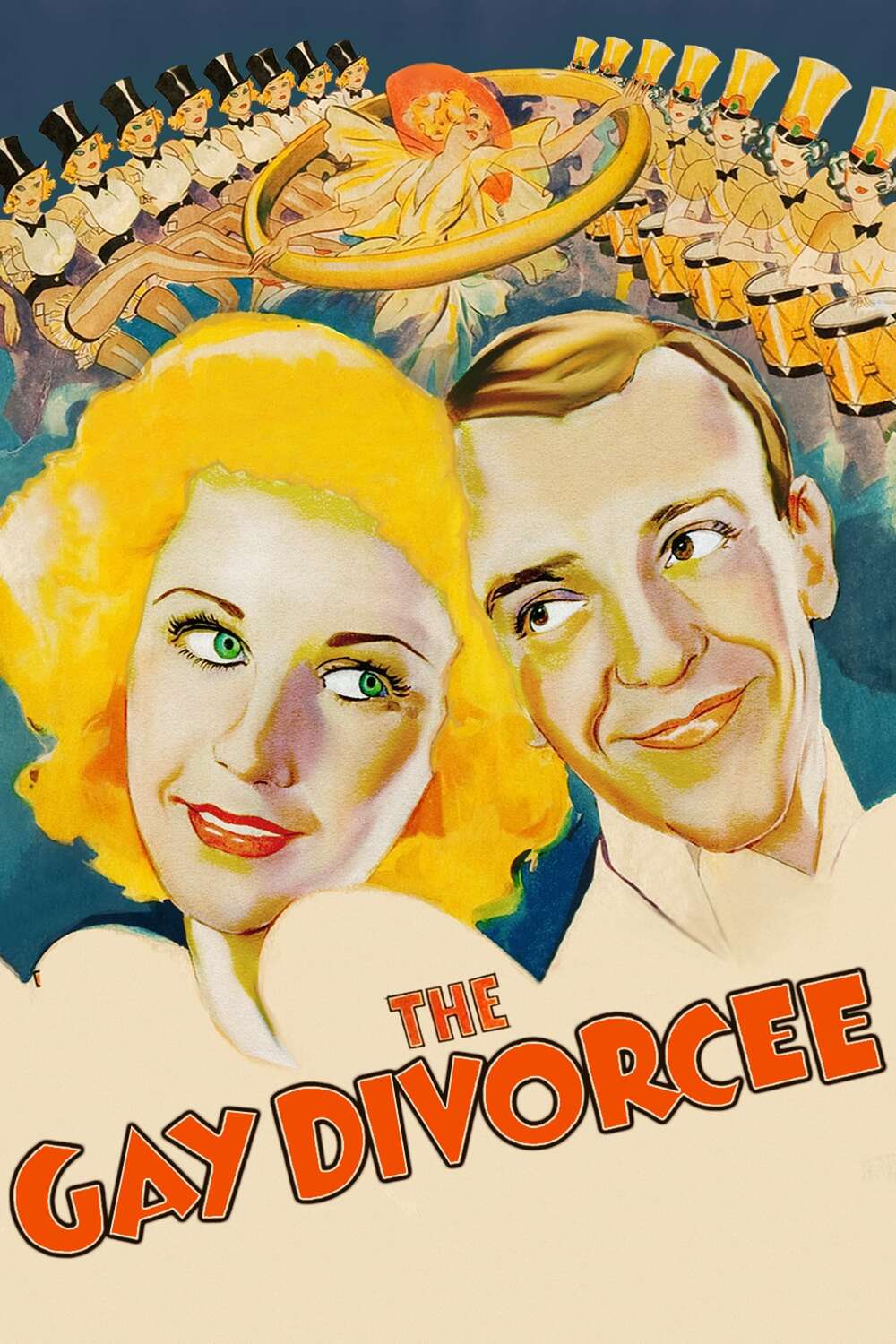 Letterboxd
Letterboxd
The dance number at the end was pretty fun. I was especially impressed when the gents were (acrobatically) throwing the girls down the stairs.
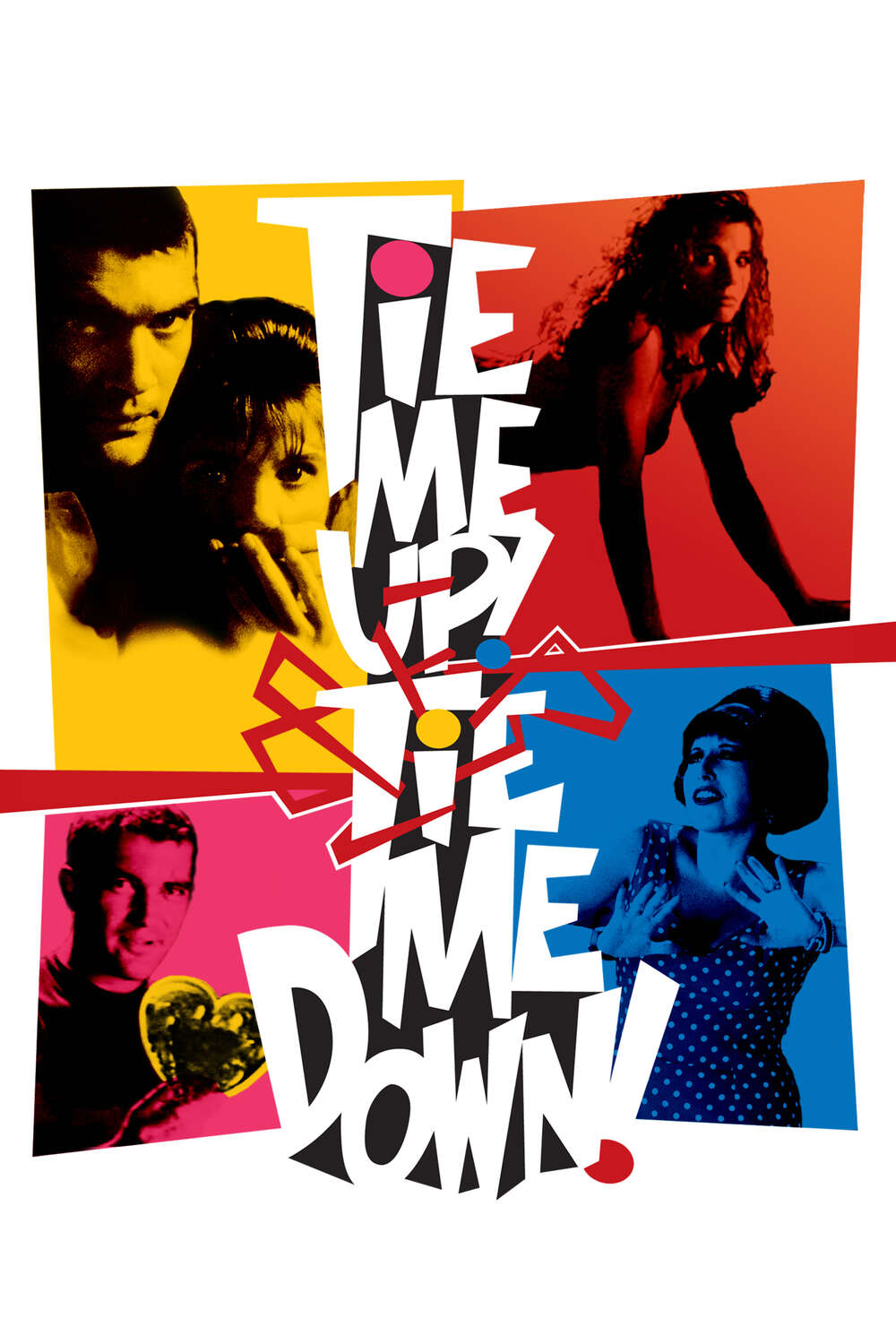 Letterboxd
Letterboxd
Watching this film, what I really found myself wishing was that the internet had been active 20 years earlier so I could read 1989 man on the street opinions on this film. I'd love to contrast what I thought of the film to what others thought of it at the time.
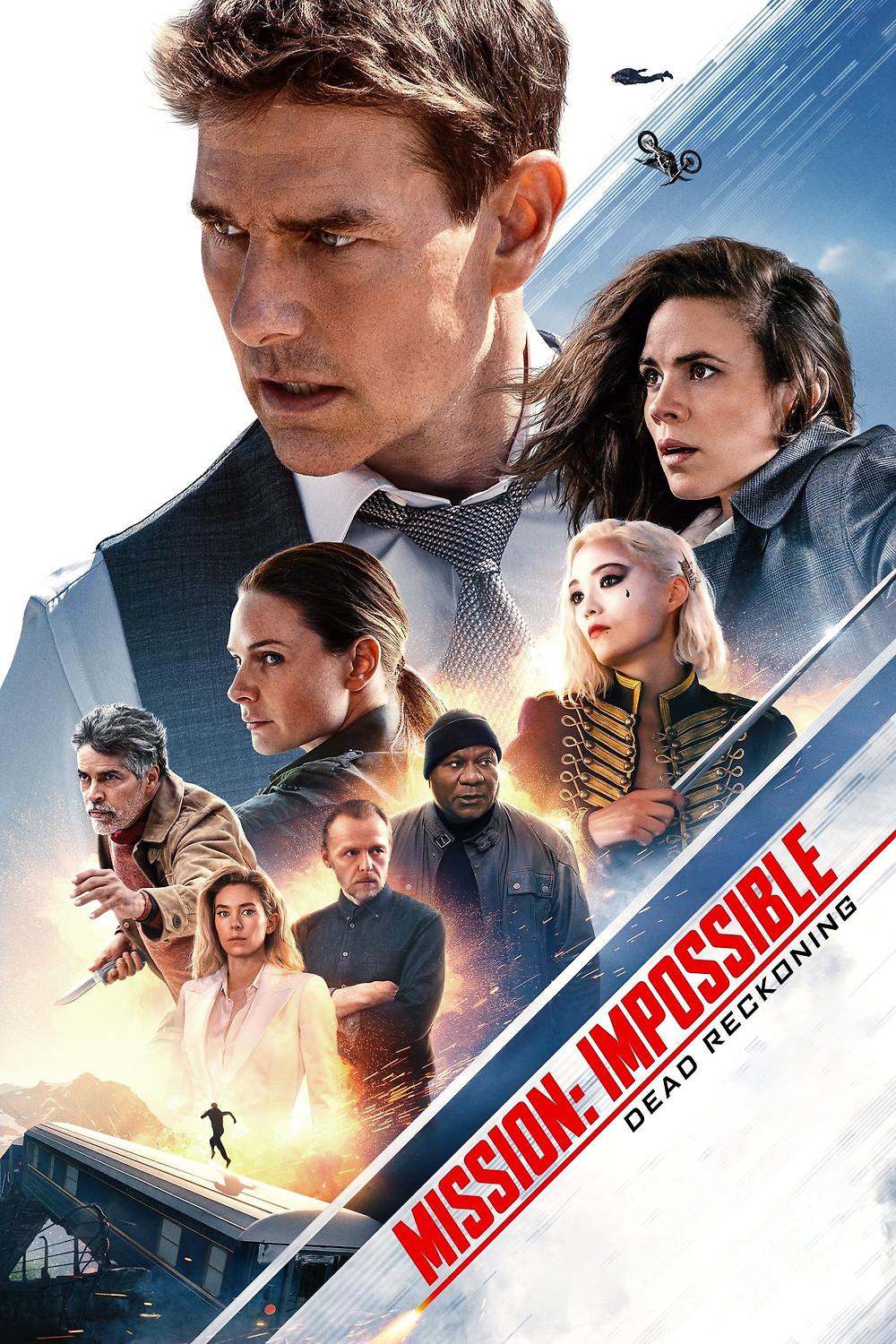 Letterboxd
Letterboxd
The most interesting thing I can say is that, due to technical issues, I watched this through my sound system but without 5.1 sound or bass (just stereo). So basically I just had the dialog and very very light music. It's interesting to see how odd the pacing on films is when you take out the the music and parts of the audio. Like watching a sitcom without the laugh track.
Anyway, movie was fine.
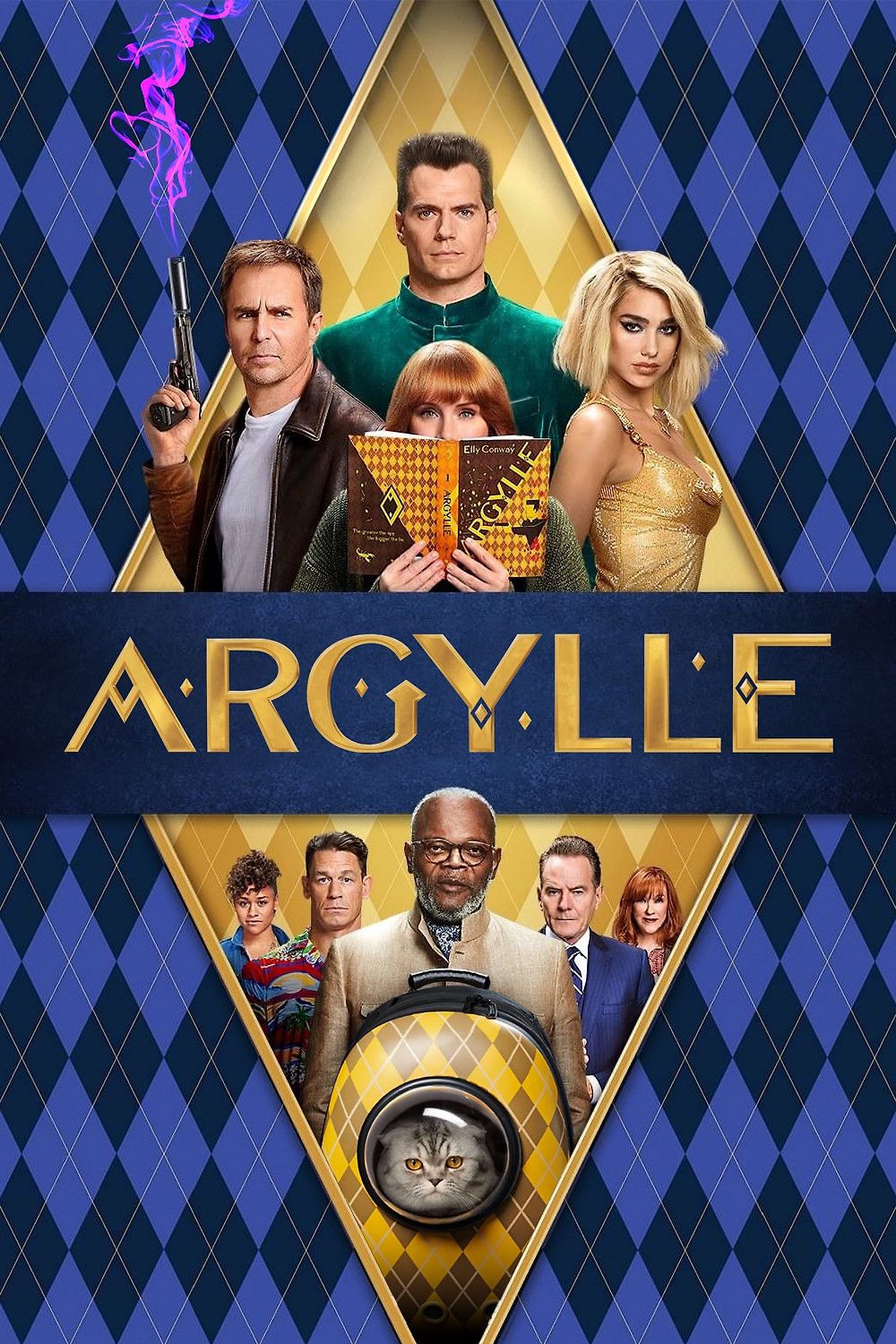 Letterboxd
Letterboxd
Why PG-13 violence?
Also, the editing, scene transitions, lighting, green screens, cg... Not the greatest work here guys.
 Letterboxd
Letterboxd
It felt kind of odd to watch everyone be competent at their job. I'm not sure what the point of the film really was, but it was interesting to watch them get wherever they were going with it. Was it a study of character, processes, society? Was it just a story, with no moral purpose at all really? Like I said, odd, but strangely intriguing.
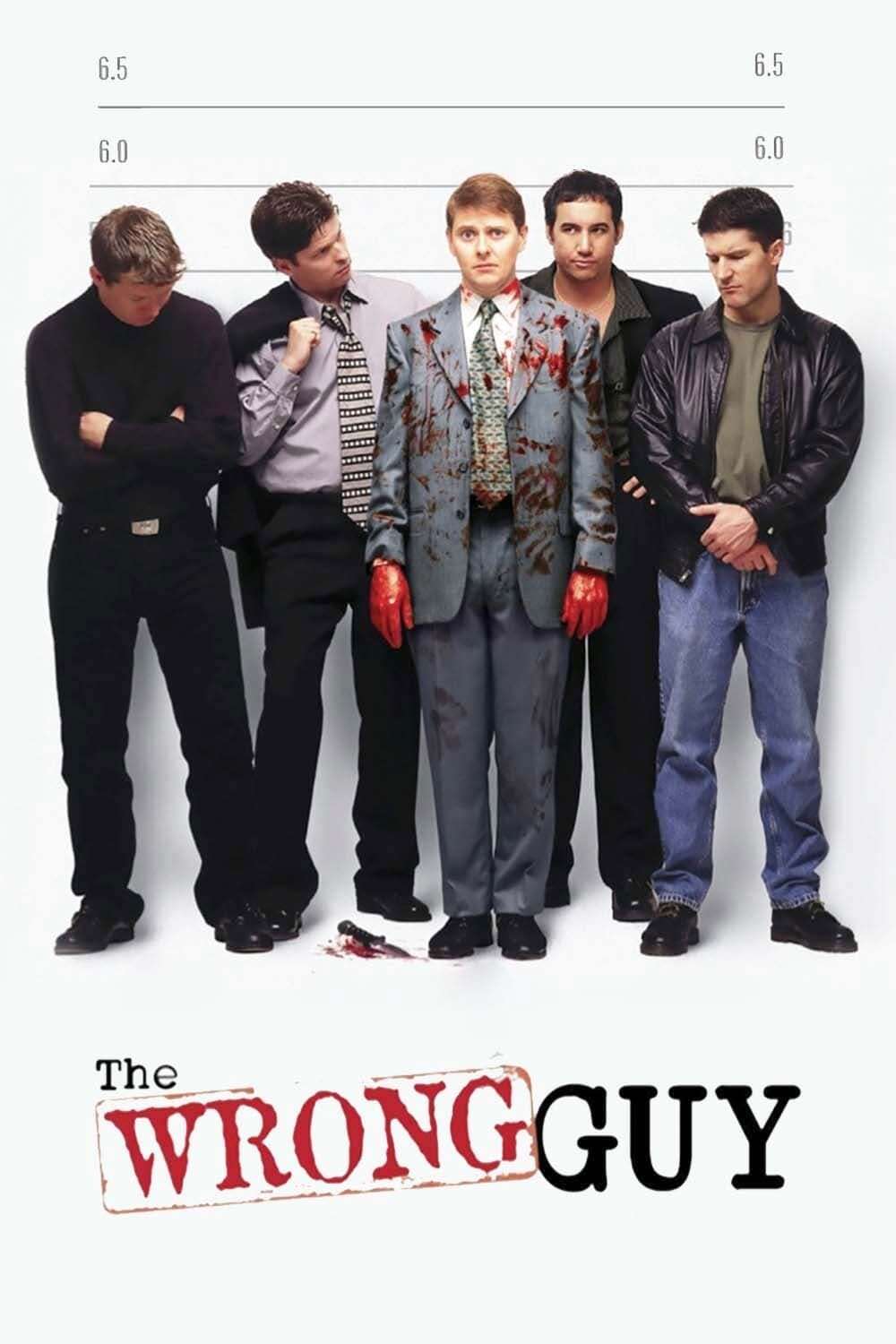 Letterboxd
Letterboxd
I was thinking it was enjoyable if not great right until the scene of him "handyman'ing" the fence. I don't know what it was about the shot of him holding the bottle of Elmer's, but it just immediately captured the humor of the movie. Just made the whole thing click for me. From that point onward everything was quite funny. It is such a good natured stupid kind of humor, like some of the better Steve Martin films but with dryer punchlines.
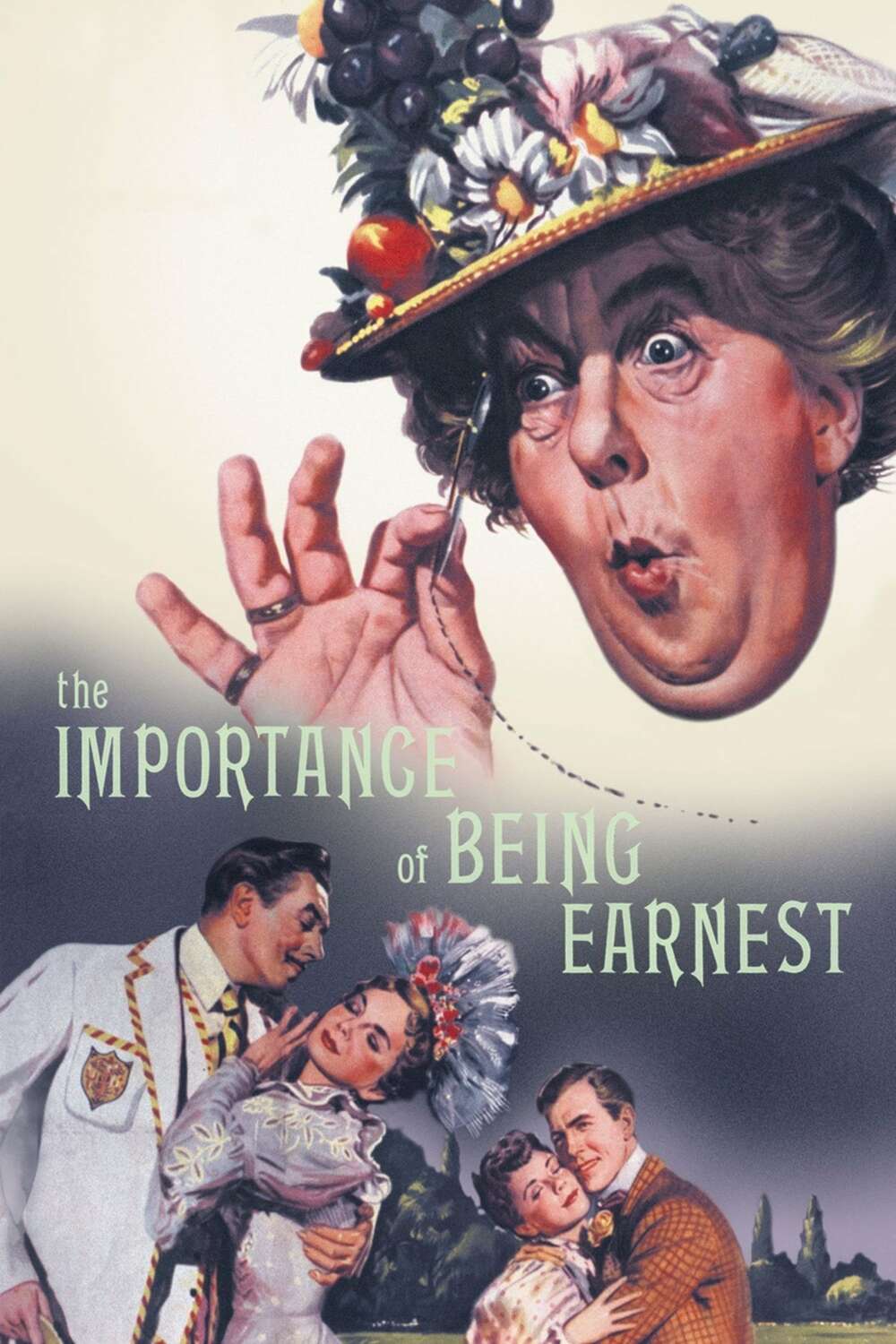 Letterboxd
Letterboxd
Honestly, I had way to big a meal (+ dessert) while watching this film. I think I may have dozed off in the center. Still, from what I saw it was pretty good.
I think it falls in that line of being pretty funny but of limited romantic appeal. I think the real pleasure is in having a gradually sillier and sillier plot that rises to a crescendo at the end. Kinda reminds me a little of midsummer nights dream.
Also, I did like the Aunt a whole lot. She was a hoot.
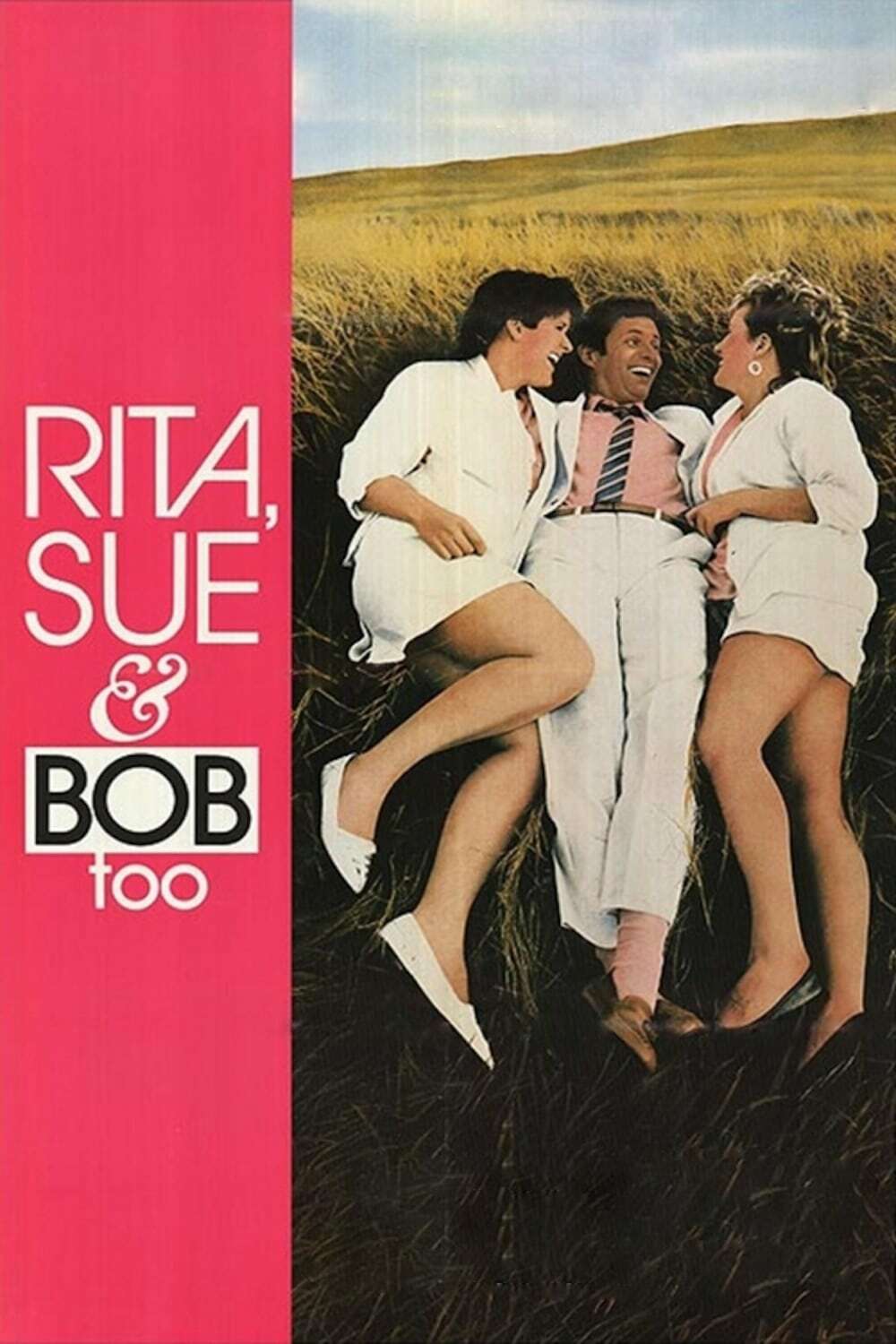 Letterboxd
Letterboxd
The film itself is not particularly interesting. However, I have a real soft spot for films that capture the ethos of a time or the mannerism of a people. I would love to know how accurate this one was at either of these? I was particularly struck how casual they were about sexuality whilst being much more serious about domestic violence. I also simultaneously felt very bad for the girls environment while also recognizing the mechanisms they had for dealing with it.
The whole thing seems weird, but then I start thinking that maybe I am the weird on for thinking that it is weird.
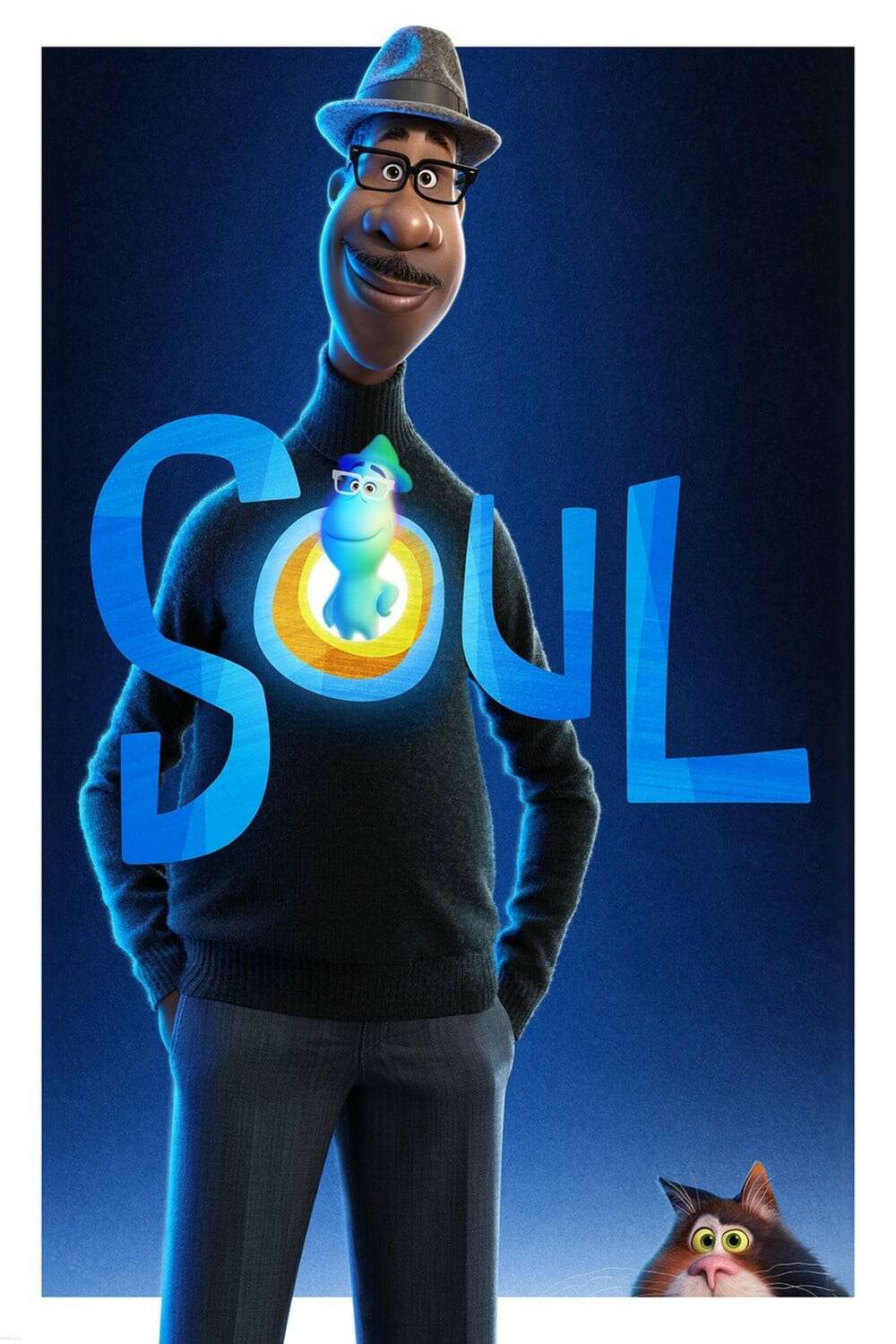 Letterboxd
Letterboxd
I think I watched half of this film before. I don't quite remember why, but I just wasn't in the mood for it last time. I think my dropping it had to do with relying on the premise of souls being real being somewhat of the reason that life makes sense.
This time through I enjoyed for some reason. There were some genuinely touching moments and great scenes. I loved the flashback of the people in his life as he is playing the piano. Sitting at the piano stool with his father listening to him play.
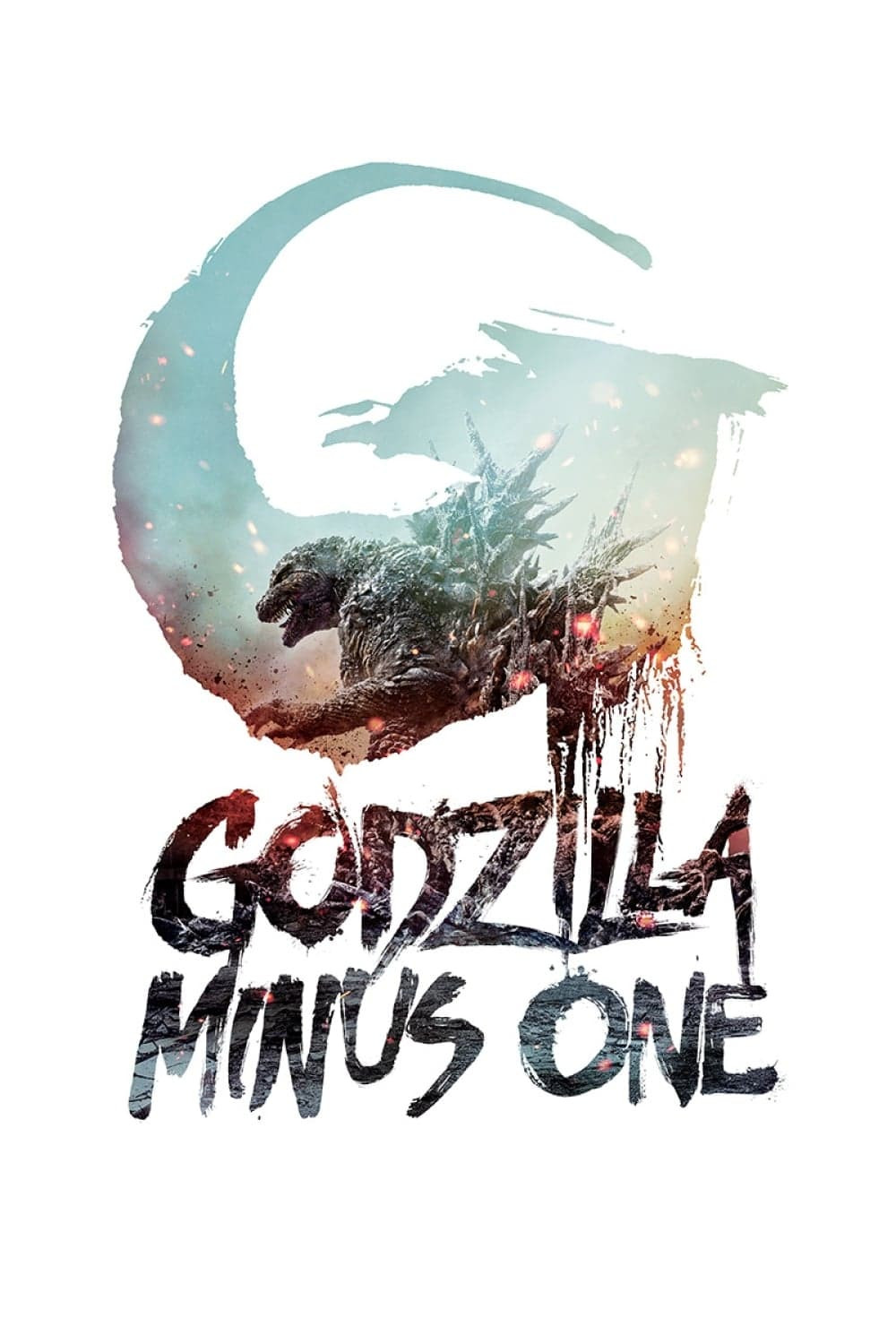 Letterboxd
Letterboxd
Solidly enjoyable if unchallenging film. SKREEEEEEEEEEEEEEEEONK.
I was genuinely annoyed that the mechanic told our pilot that he could pull the handle to live (told as a flashback after the event in question). I kind of think it would have made better thematic sense to tell him "you need to pull this handle one second before collision in order to arm the bomb." Unbeknownst to the pilot, it is not to "set" the bomb, but instead will cause his seat to eject. Pilot thinks he is finally Kamikaziing, breaking his curse of cowardice. Mechanic can now respect the pilot, knowing that he would sacrificed (atoned) himself. Mechanic and pilot end film in outrage > anger > warm manly hug. Pilot then finds reason to live when he discovers his live in girlfriend is still alive.
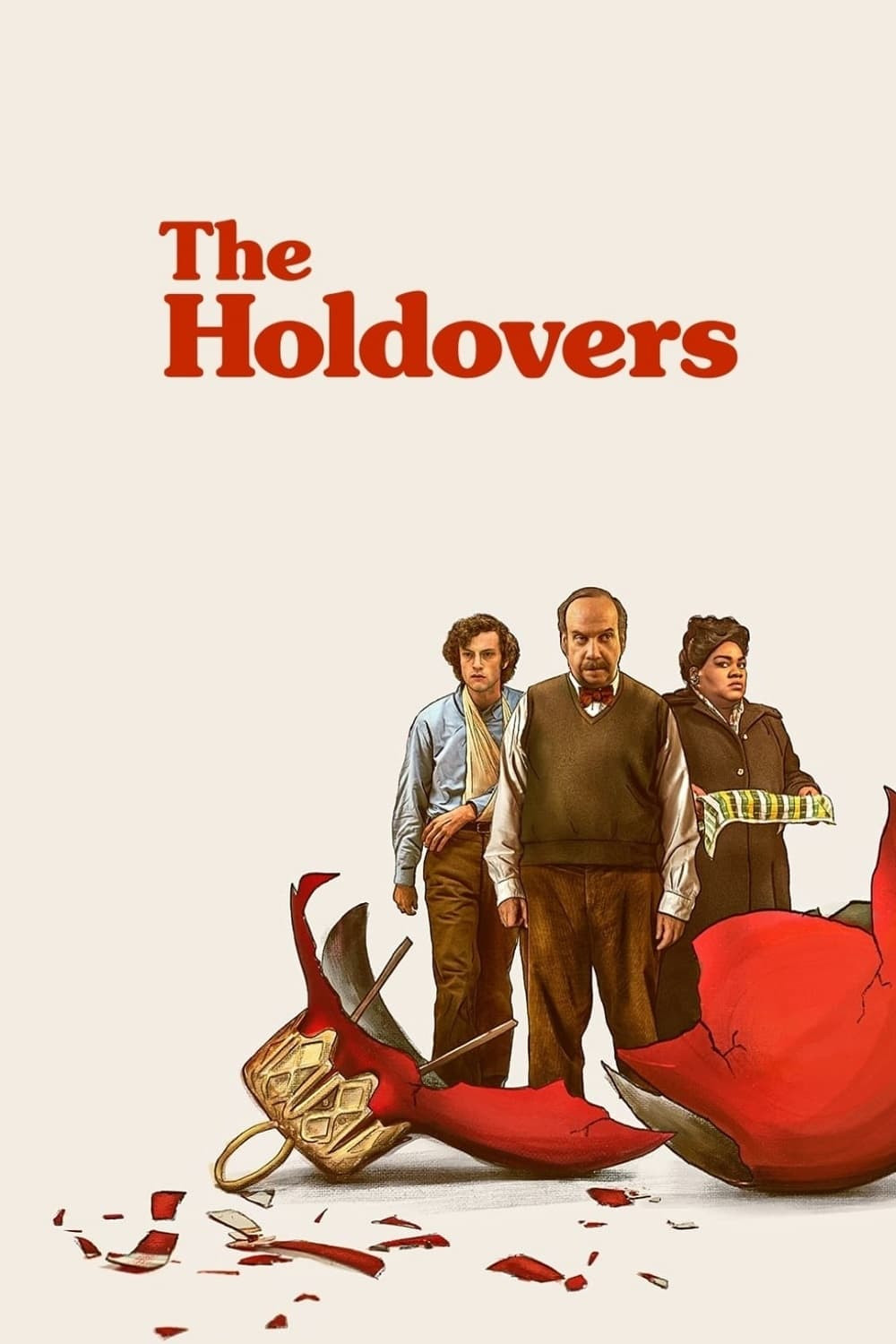 Letterboxd
Letterboxd
A solidly warm film. Kind of a combination of "Catcher in the Rye" meets "Dead Poet's Society".
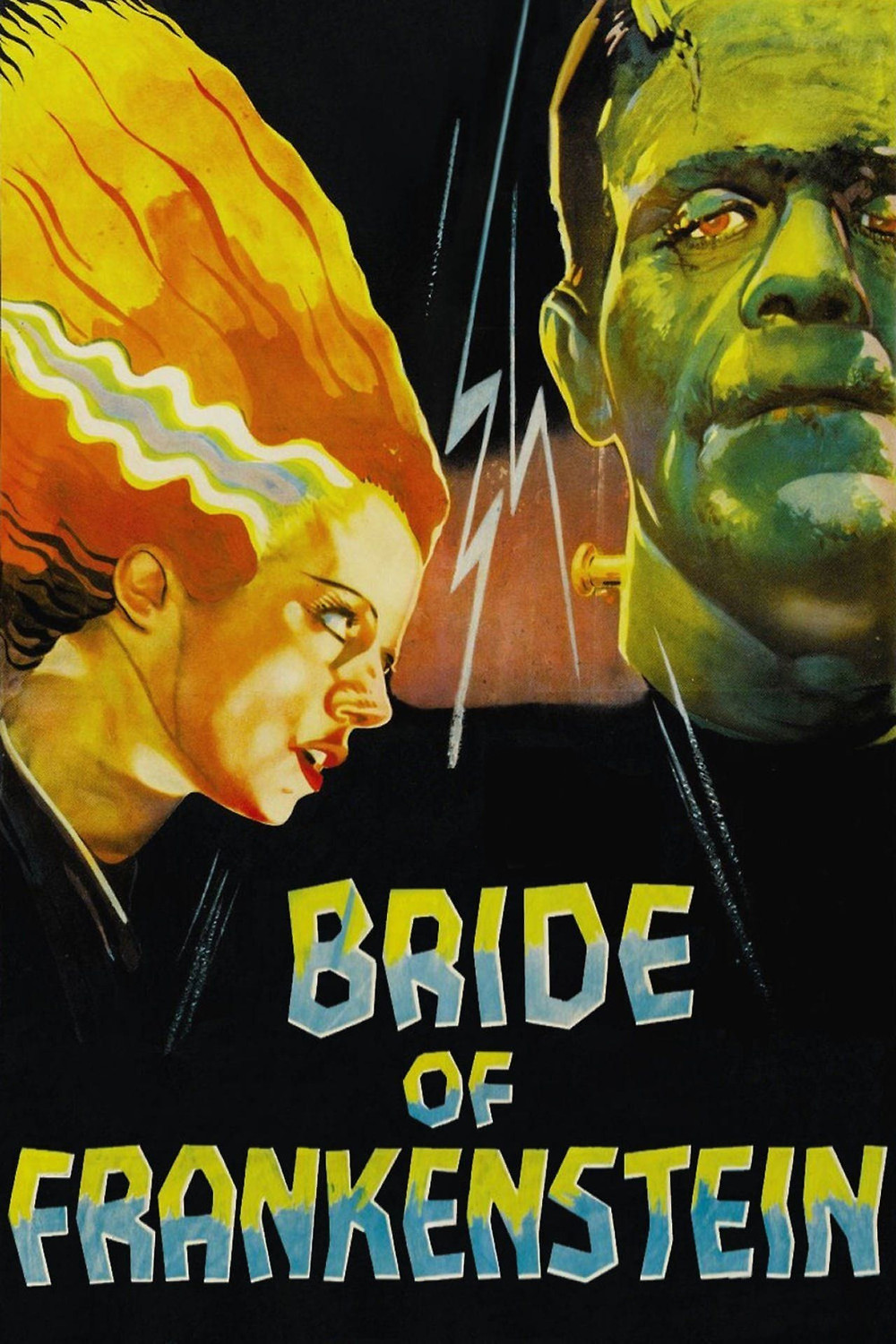 Letterboxd
Letterboxd
A little more fun than Frankenstein, but still basically pretty dull.
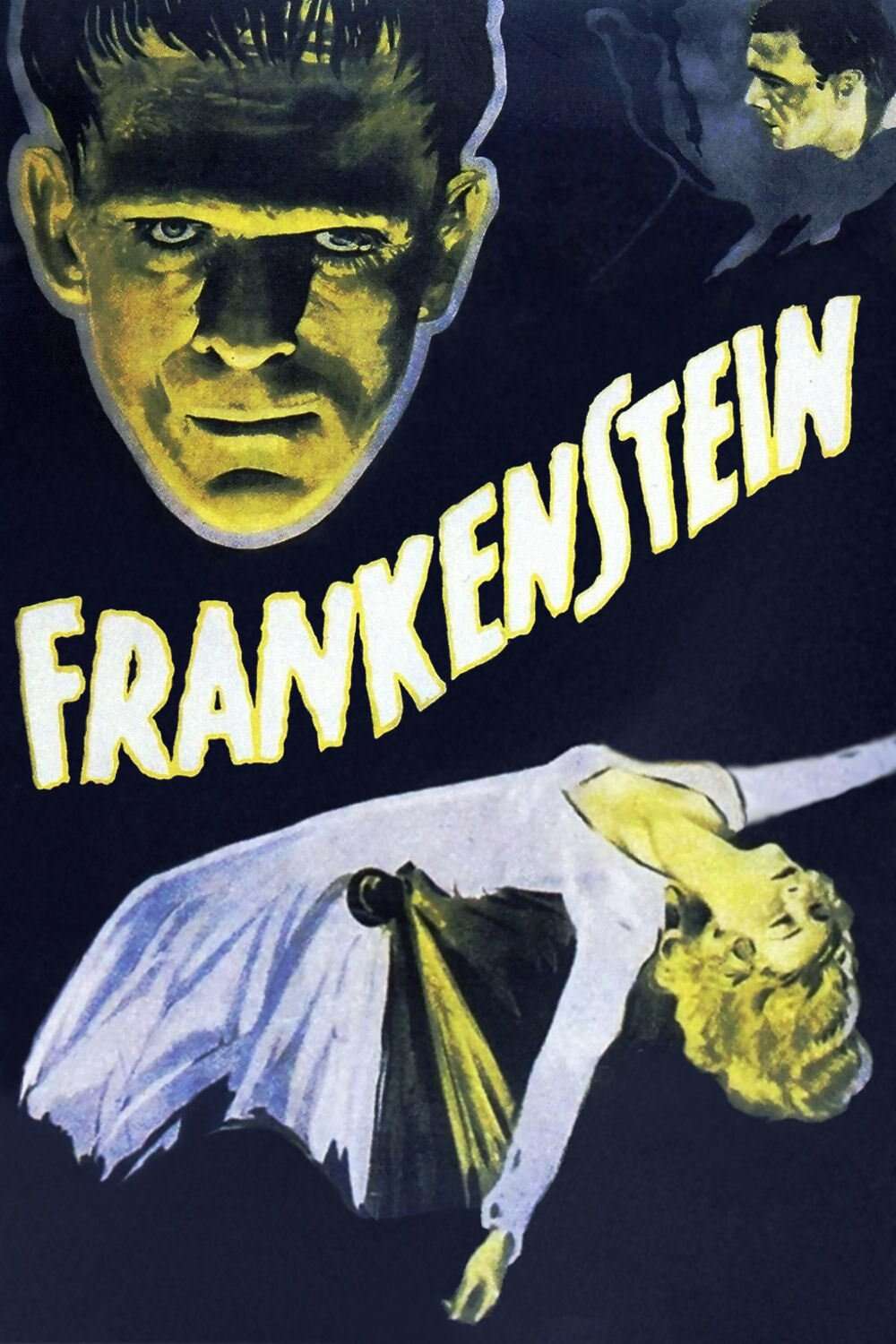 Letterboxd
Letterboxd
I get that this is a classic, but I didn't enjoy it that much.
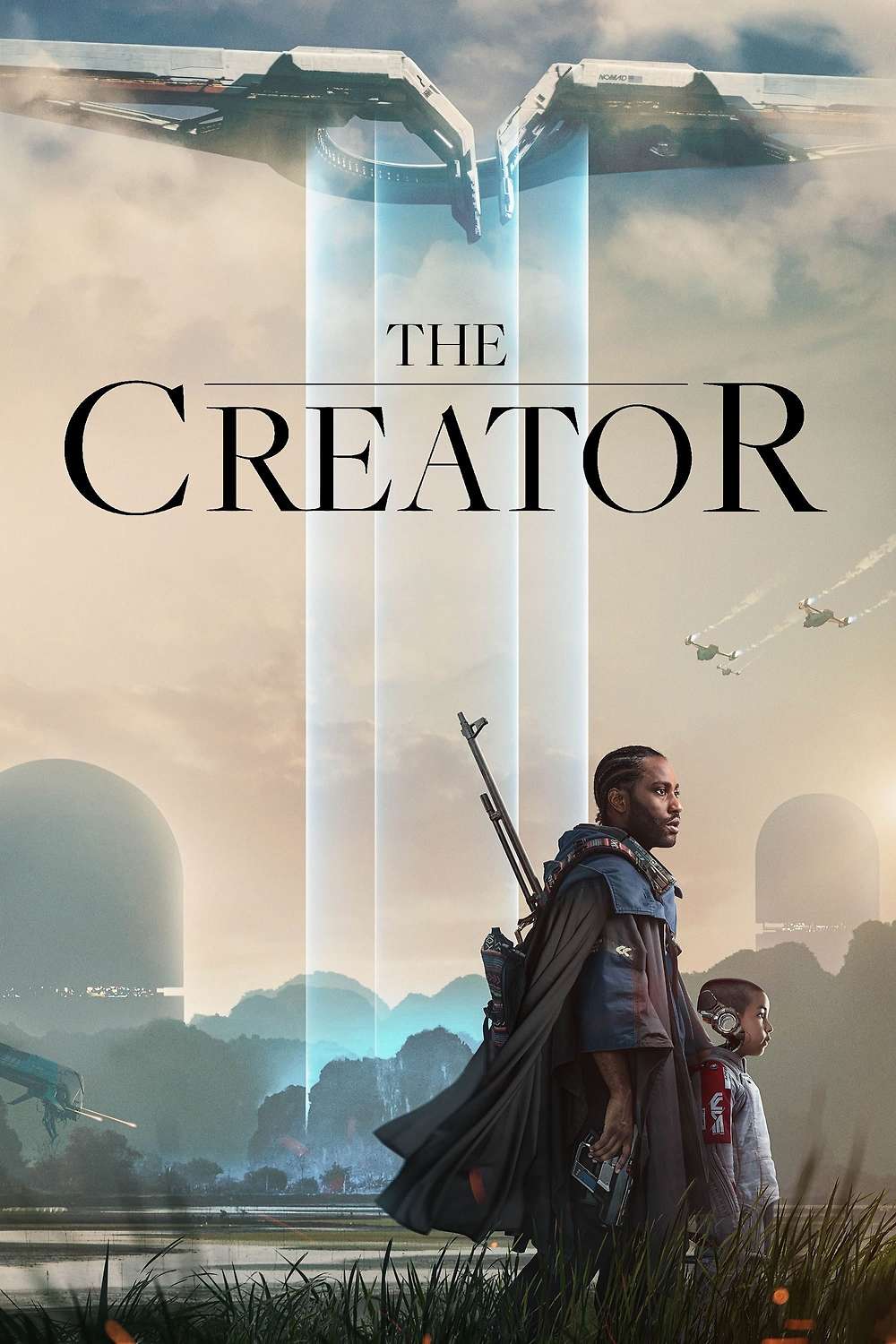 Letterboxd
Letterboxd
The amount of plot armor and or fortuitous circumstances our protagonist gets is just absurd. I enjoyed certain aspects of the film, but I was just continuously distracted by the above.
 Letterboxd
Letterboxd
This film is mostly a character study. You simultaneously sympathize and shake your head as he works through life.
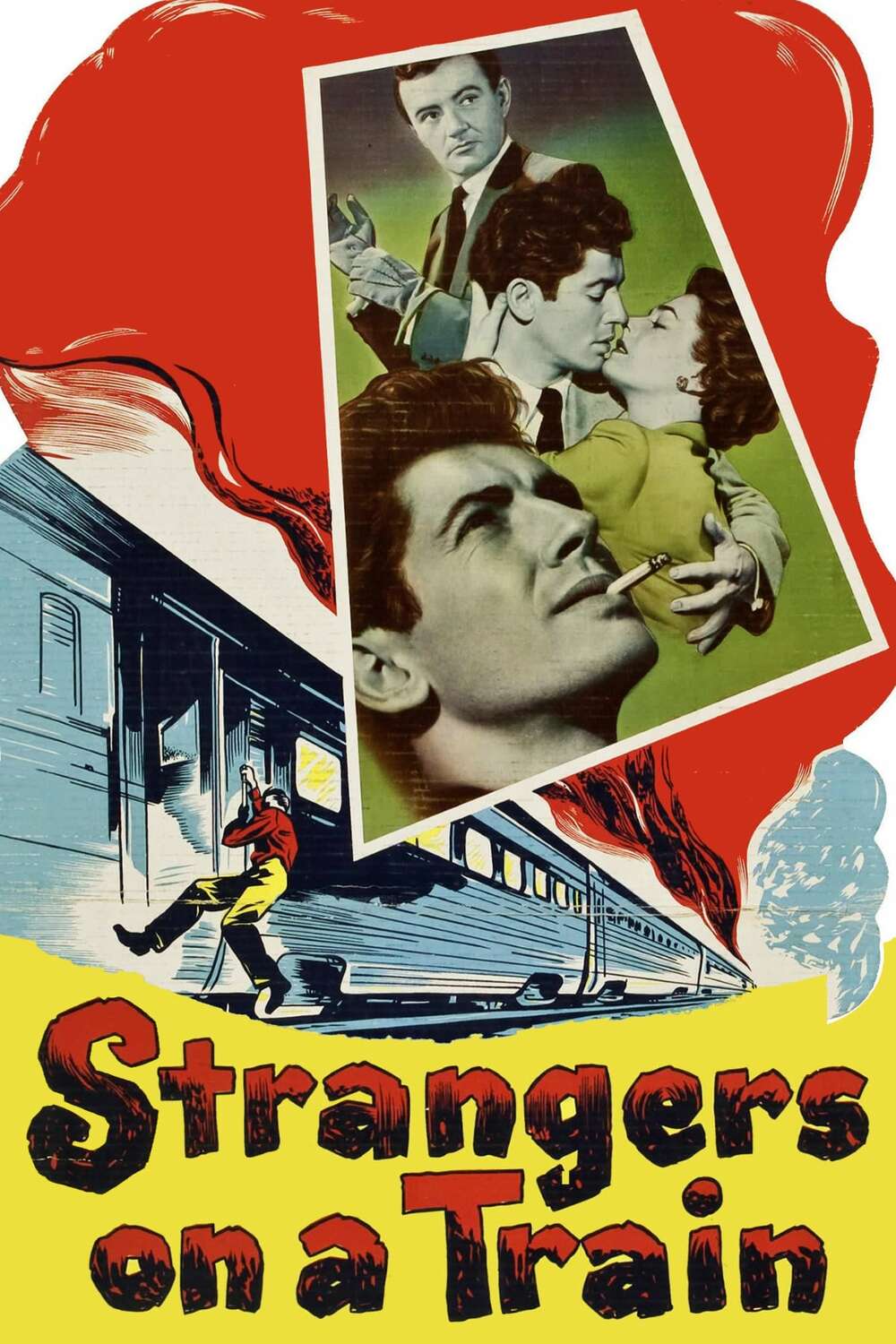 Letterboxd
Letterboxd
I quite enjoyed it until the last act. There were enough plot holes to leave me questioning my own sanity. Masterful scenes and camera work. I did enjoy the idea of a genial and almost good natured murderer.
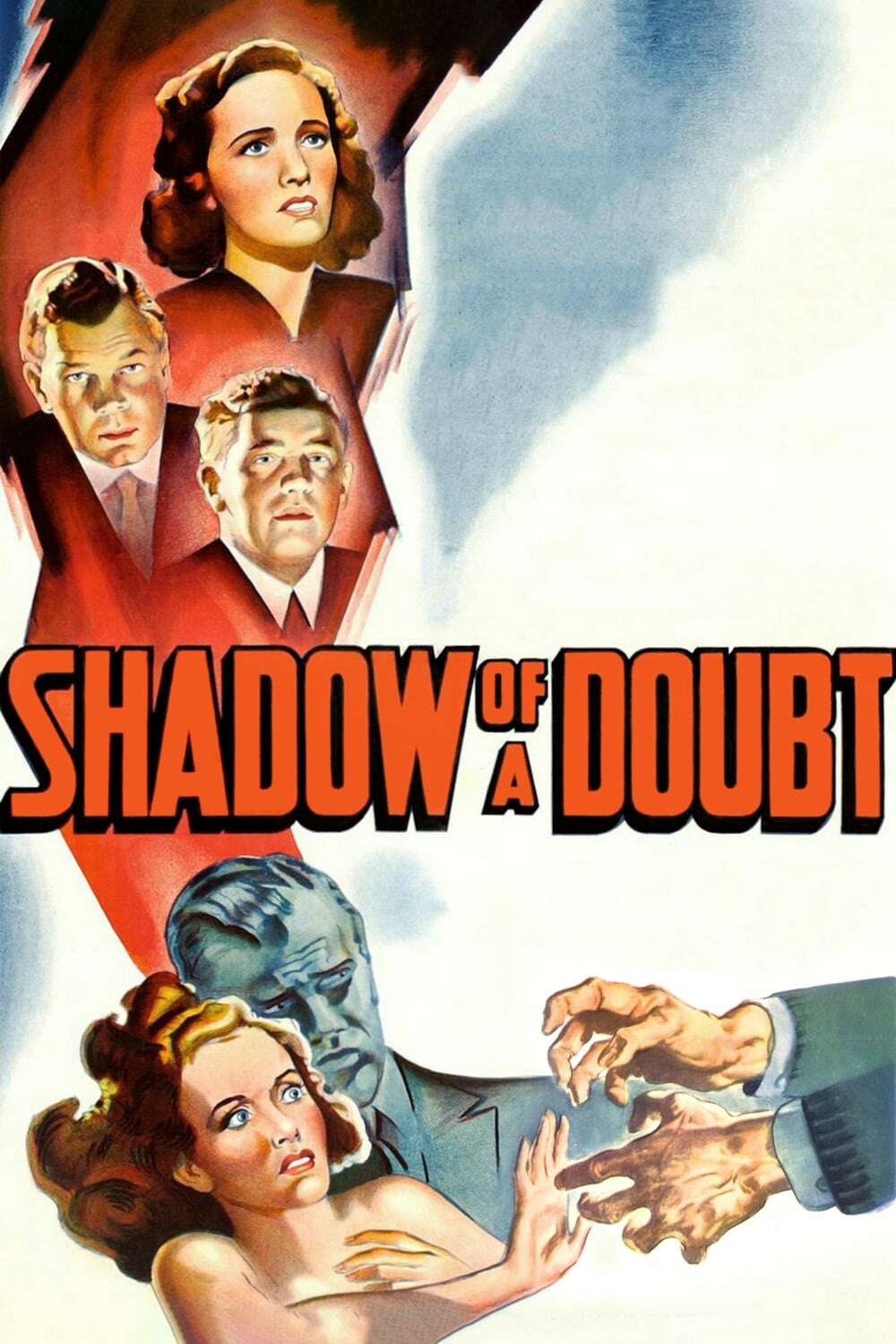 Letterboxd
Letterboxd
Uncle Charlie is a great character. His infatuated/disillusioned niece was also masterfully done, though I wish there had been more agency for some of these characters.
Feel like this story is more about having a backdrop for these characters to interact, and less about anything in particularly happening.
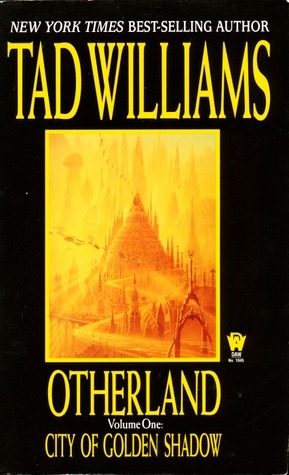
This is an 800 page book that only gets really moving in the last few chapters. I feel that the series may be great, but I am hesitant to proceed on something that has had such a slow payout.
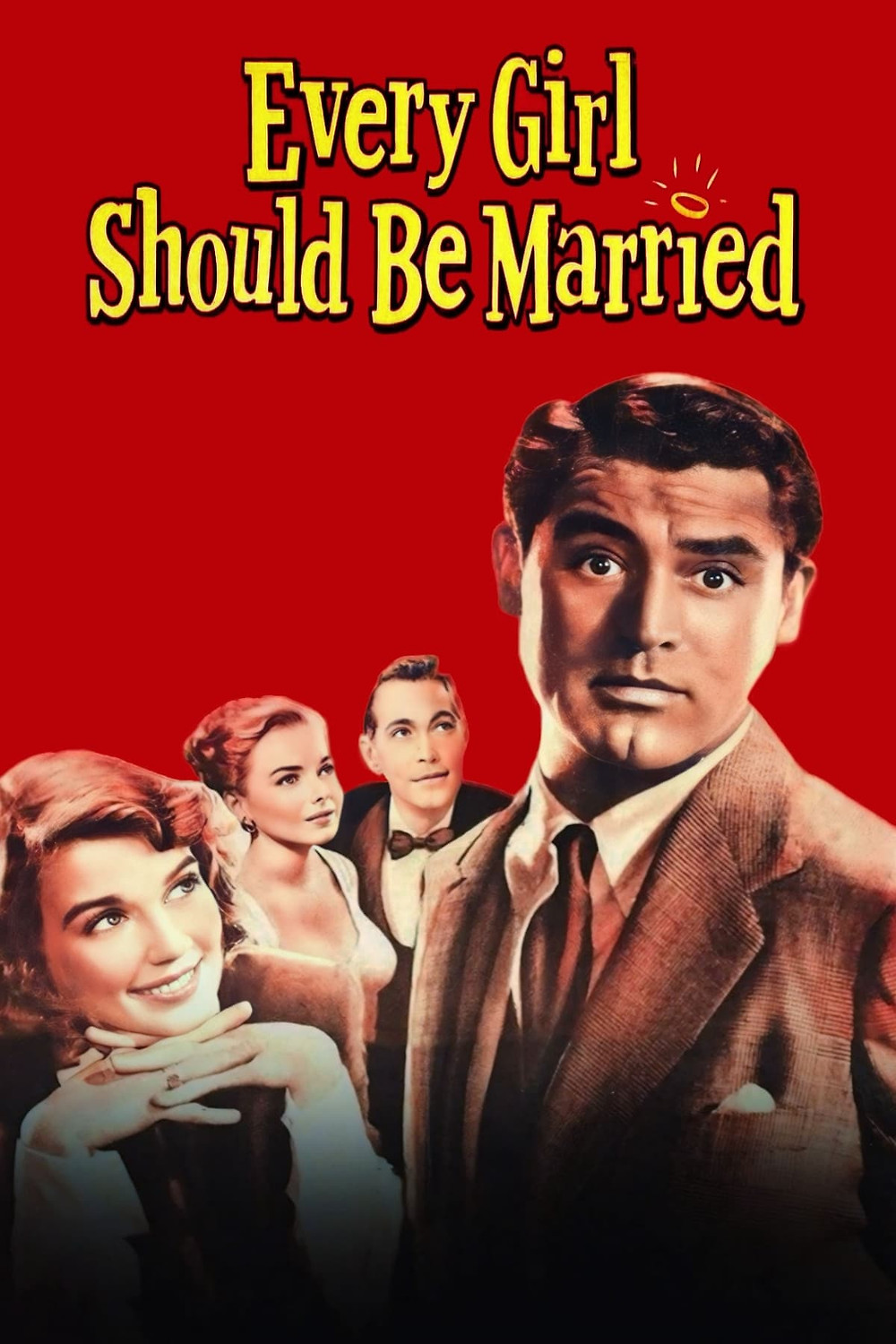 Letterboxd
Letterboxd
It's fun. It's funny. It's charming.
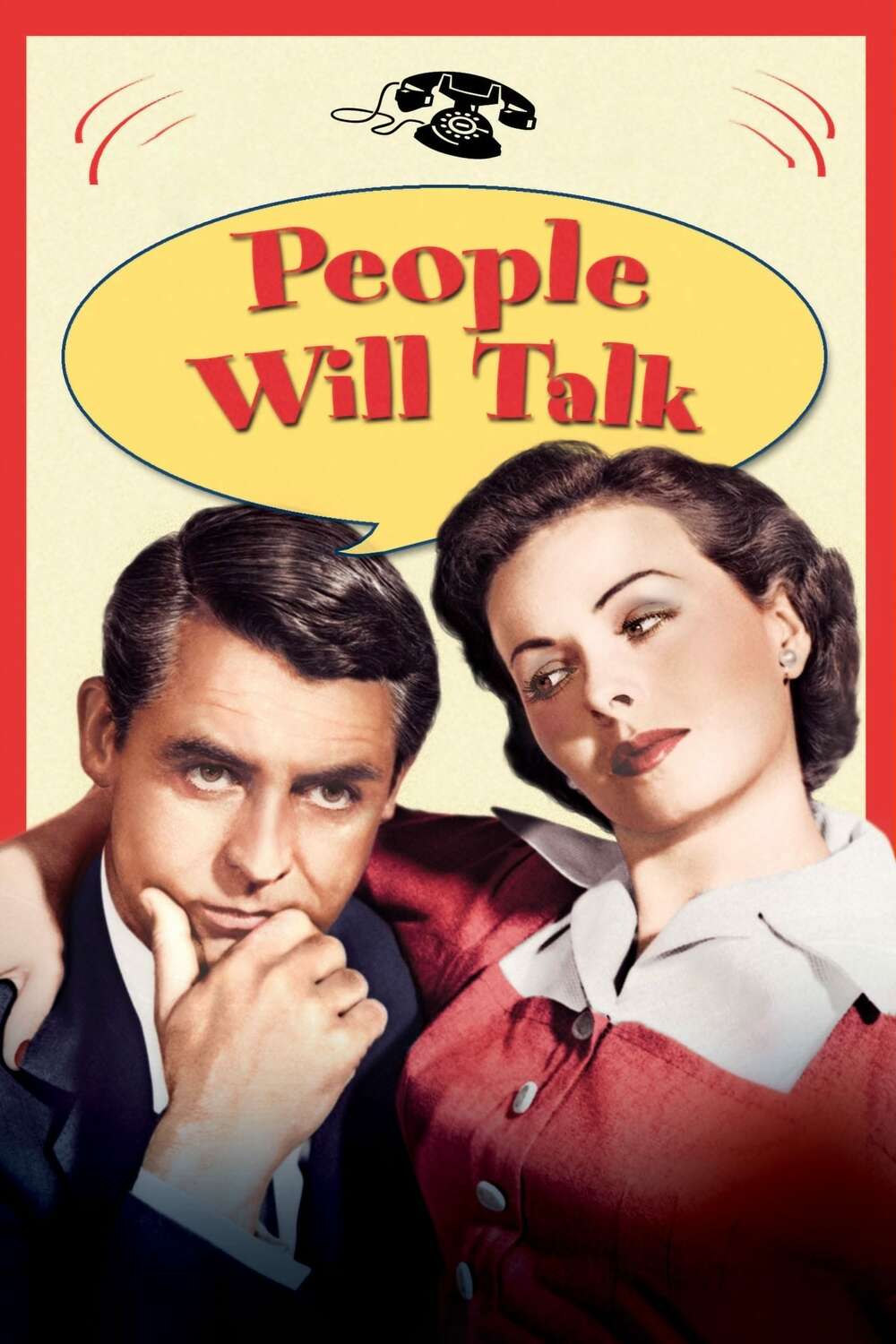 Letterboxd
Letterboxd
Two things really stuck out to me in this film.
- I was quite surprised when he re-revealed that she was pregnant. My full expectation was that he was going to somehow hide it from her in some way (drugs/hypnosis/something)? I kind of feel like a modern film might insist that the noble thing is to keep it to yourself. I can't put my finger on it but it just kind of struck me as one of those "this is a different time with a different set of mores" type things.
- Something about his ways annoyed me. Was he a spirit healer? Why did he seem so against book learning? Who was he railing against in the medical industry? What was up with the jibs against paying farmers not to plant crops? It just felt like he had a lot of ideas, but none of them were coherent enough thoughts for me to make sense of them.
- The scene of the 3 men playing trains upstairs was very cute. We have all been those guys.
- The fact that people would immediately open up their most intimate details to him was a bit supernatural. I mean yes, he is charming, but seriously.
Anyway, I think the most credit I could give it was that it was a different type of film. The subject matter was actually pretty serious (unwanted pregnancy & murder), but the humor was consistent. I felt it missed opportunities to let us connect more deeply with the characters, but it was still by and large unique and pleasant to watch.
 Letterboxd
Letterboxd
There is a lot to recommend this film. I had a few complaints. I felt it really pulled it together with the ending.
Things I liked:
- Loved the set pieces for Barbieland. Great design, cool aesthetic. I would love a VR world of Barbie (shouldn't be too hard as its mostly plastic and that is easier to render).
- Robbie & Gosling are very well cast here.
- Gosling is genuinely funny. The "himbo" is perhaps becoming a bit of a worn joke in film, but it still works.
- It was fun, well paced, and funny.
Things I was mixed on:
- I don't like the trope of saying something very fast to sound intelligent. It sounds like reciting from a book and I think is a lazy way of conveying a viewpoint without really letting the audience "learn" with you.
- For such a meta film, I felt it could have been a little more introspective. At one point Barbies says something along the lines of "I don't know where Ken sleeps". She then later on apologies to Ken for having "girls night" every night, but it would have been interesting if she had really seen some of the characteristics that she disliked in others in herself.
- All the Barbie dolls worked together, but I would have loved to watch them fight over their differences. I would have enjoyed seeing nuclear physics Barbie argue with President barbie about public policy.
I was solidly enjoying the film throughout, but I felt the ending was what actually brought it home for me. I am not 100% on this, but my personal reading was that perhaps Barbie chose to become human because she wanted to have children (the ultimate act of creation). I thought that was interesting as the film started off with little girls rejecting their baby dolls in favor of Barbie. Barbie being a sort of rejection of the maternal role, and our own Barbie perhaps interested in pursuing it? A bit of a full circle thing? I don't know. Maybe an admission that for most human beings, the act of creating more life is the most significant thing they do? That perhaps we should celebrate that in the same ways we celebrate wealth, success, power, and fame? I thought it was a great dismount for the film.
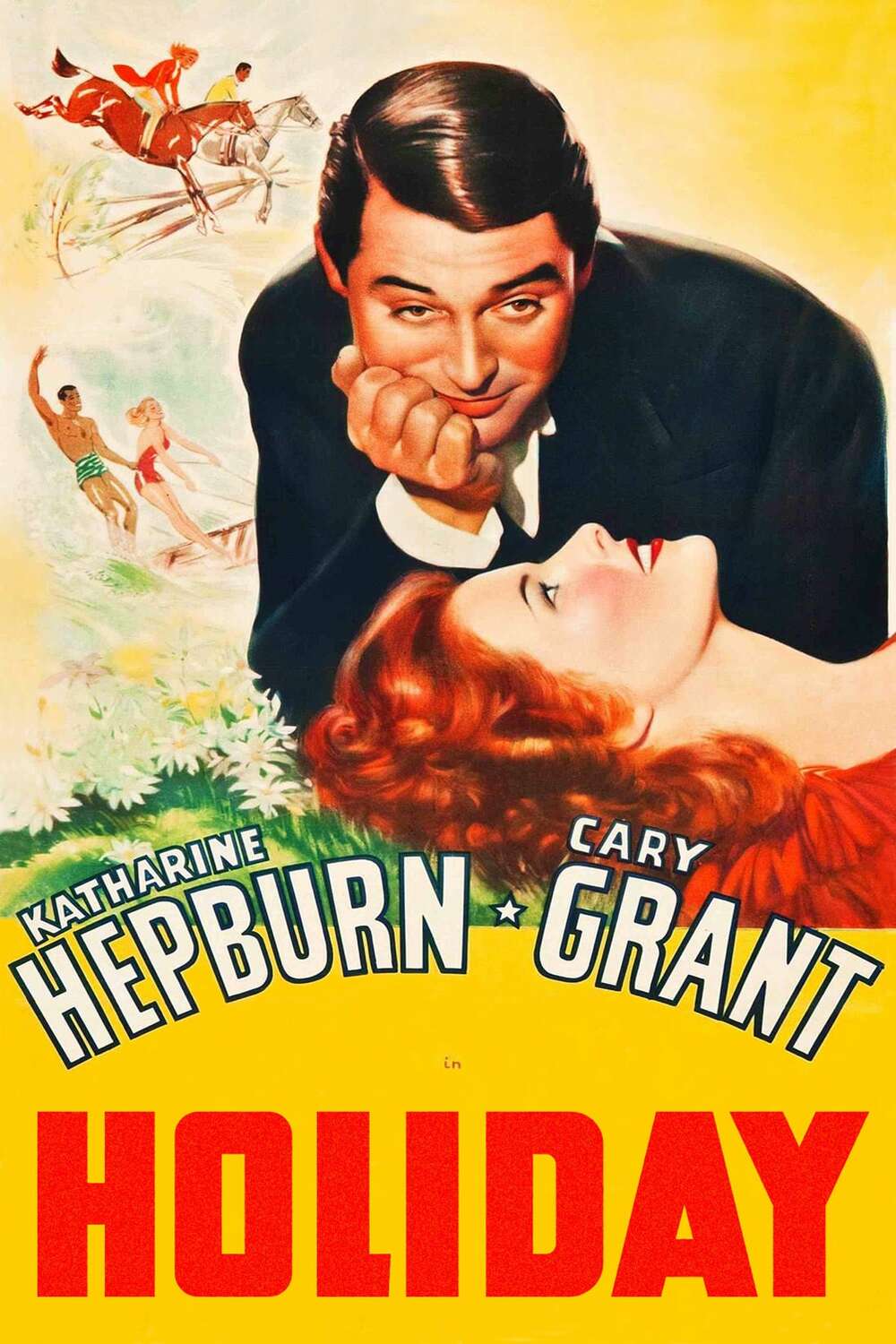 Letterboxd
Letterboxd
I don't think there is anything particular to recommend this film. This is Grand And Hepburn as you know them from their flirty comedic days.
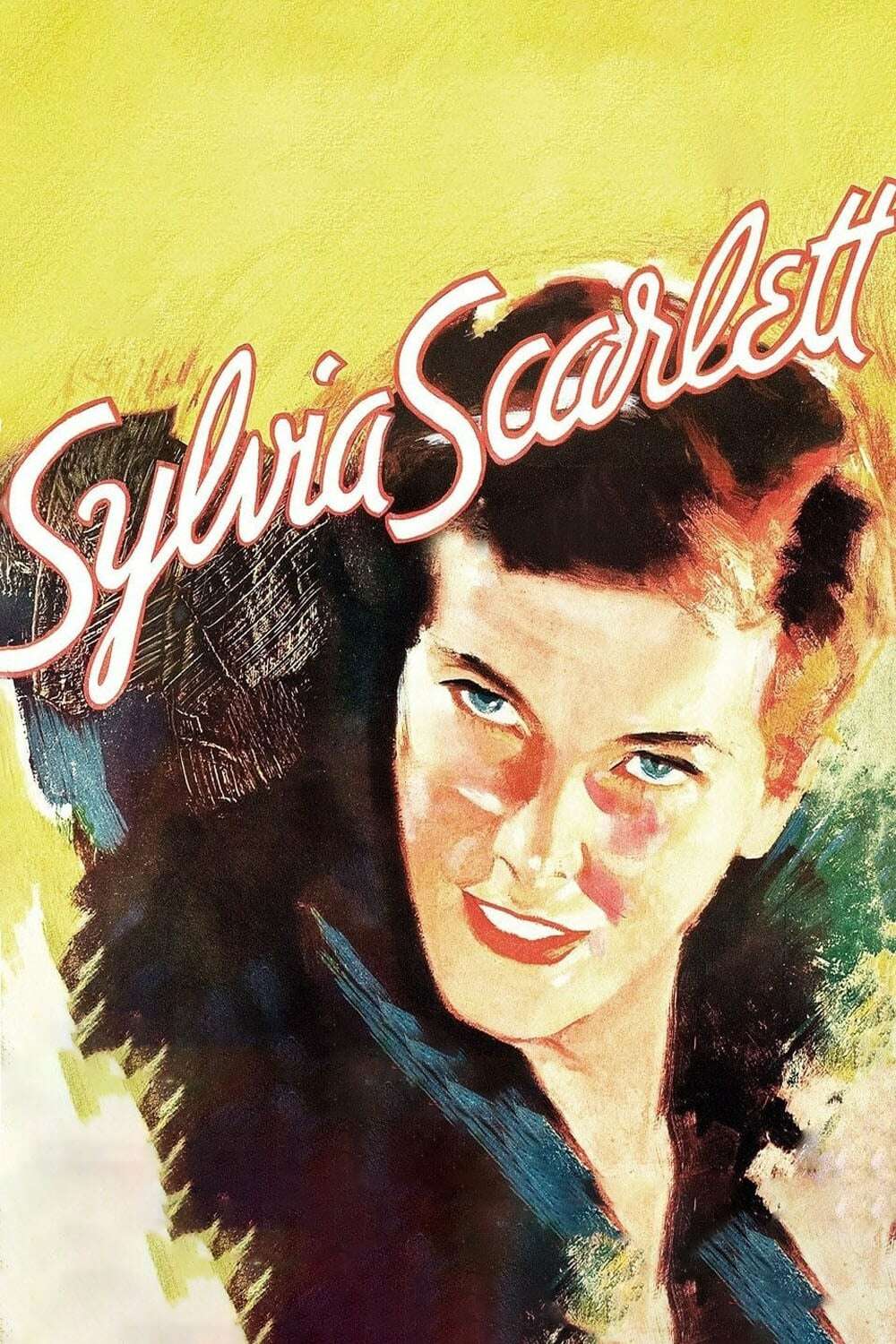 Letterboxd
Letterboxd
This was not good. Strange film. It almost felt like a film made by a theater director. There were quite a few plot holes. The male lead that Sylvia falls for is kind of just an ass. The characters were not all that interesting. This is a pretty easy pass if you haven't seen it.
 Letterboxd
Letterboxd
This was great cinema. Every scene has detail to read into. The camerawork and framing masterful. I distinctly remember one scene of just a glass of water and a lemon (I think) that I thought "This could be a water painting".
Acting was excellent. So much was communicated through the eyes rather than spoken word.
I'd say my biggest objection was how perfectly setup the trio was. Nora, her husband Arthur, and her childhood love Hae Sung were almost too contrived. Every one of them had an emotional core that made them perfectly balanced in the group dynamics. Nora was pragmatic and loyal, to the point of almost being cruel to Arthur. Arthur was neurotic and maybe a bit cowardly, but came through in his understanding of Nora. Hae Sung was romantic to the point of what could easily have been regarded as "creepy", but his actual feelings were so pure that it was honestly hard to regard them as such.
Anyway, my friend and I spent a solid 2 hours dinner afterwards mostly discussing particulars of the film. It is that level of cinema.
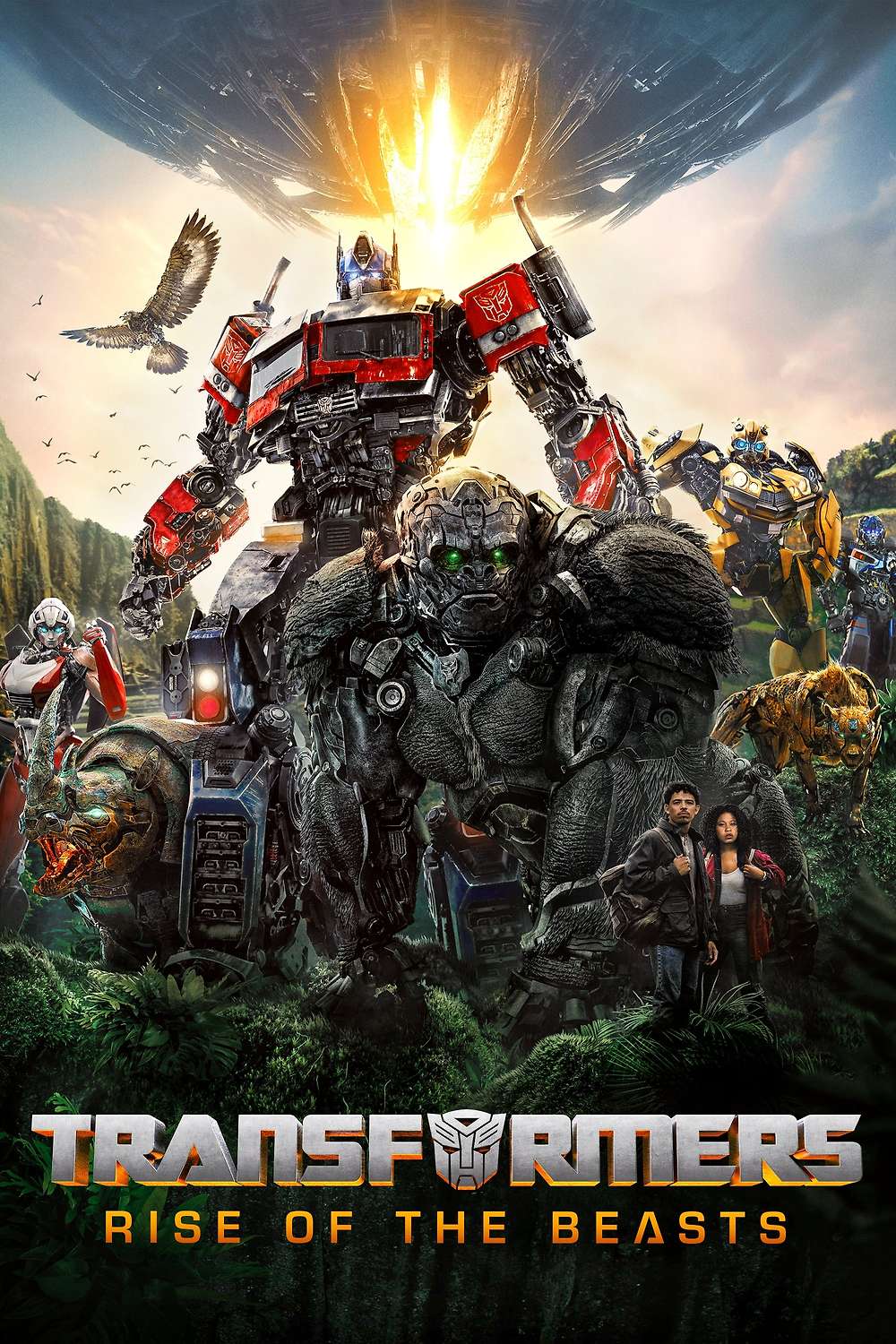 Letterboxd
Letterboxd
I expected little, I got little. I have only myself to blame.
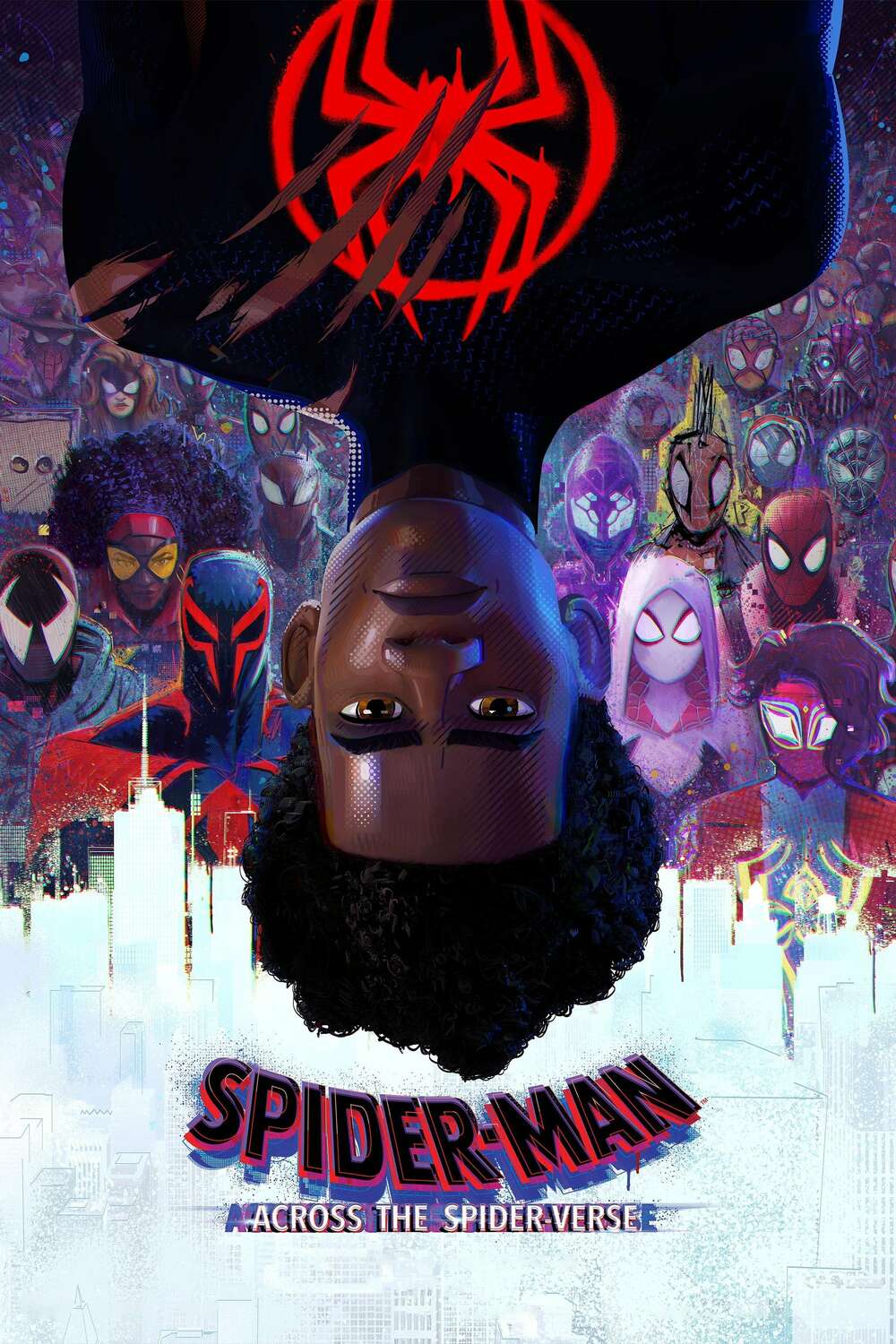 Letterboxd
Letterboxd
This was genuinely one of the most fun films I have ever seen. The camera work, the change in styles, the framing. Heartful at its core but with a casing of comedy (appropriate to any spider man film). A few of the plot elements are a little contrived, but this is a comic book film so whatever. This is great cinema.
 Letterboxd
Letterboxd
Better than the last one... I don't think much needs to be said about these films at this point.
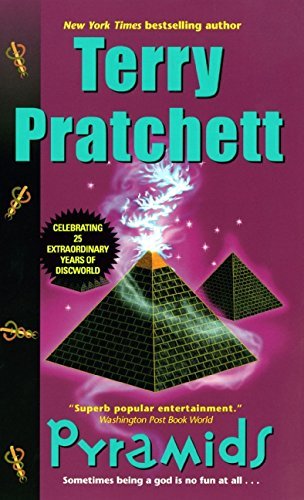
Enjoyed it. Though it is a bit more of the "funny and almost cartoonish" than the somewhat more biting later novels in this series. A few works by TP have been animated into cartoons, and this would probably be one of the better ones for that treatment.
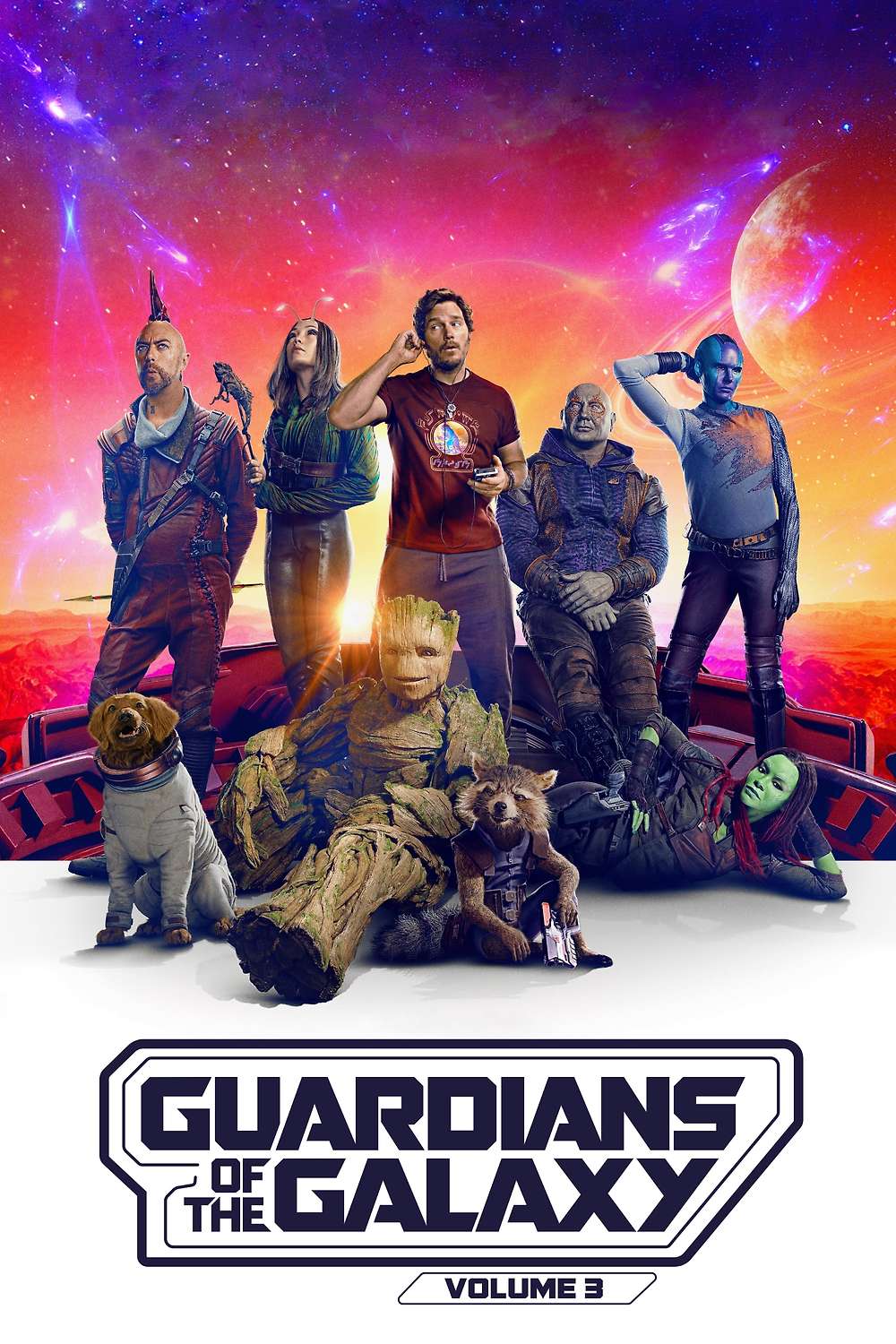 Letterboxd
Letterboxd
I think it struck pretty true to its form. I've sorta soft boycotted (with no real conviction) most of the Marvel & Star Wars stuff. Not that I think it is bad, just that I think it takes away from the possibility of making new things by putting so much energy into continuing existing things. With that said, I made an exception for this "subplot" series as I did enjoy all the characters quite a bit.
Also, the "single shot" fight scene at the end was pretty cool. Got to give them credit.
 Letterboxd
Letterboxd
I really enjoyed this. I think there was a bit in the way of editing to make certain scenes flow more quickly. But it still did an excellent job of giving you a sense of being in the audience.
The negatives were small:
- I didn't like the "GOOD JOB" or whatever that many of the characters seemed to feel a need to do. I don't know why you would mar a perfectly good screenplay with small modern flourishes like that.
- It has always been a bit of an awkward distinction between Yubaba's twin sister as portrayed when she is in the bath house (projected) and in her own house. However, in this play she says something along the lines of "I will slit your smile" or something like that... (not quite sure)... It was weird. Like, it just seemed way to violent for what is supposed to be the "good" character.
- Not the films fault, but there was no intermission in my theater (well, like 15 seconds). I am kinda puzzled by that as I feel a 15 minute intermission would result in almost everyone picking up something from concessions? Also just gives you a chance to talk about what you have seen so far, seems like a missed opportunity.
The good:
- It was well acted, the set pieces were amazing, the techs were doing a great job, even the "inanimate" objects were given life!
- No-Face's dancing movement under his shroud was a great physical flourish.
- The scene where they clean the "stink" (turns out to be a river) spirit was just great. I loved how they turned the "heave ho" cast that were pulling the garbage into the exuding garbage.
- The scene in the train was simple but very effective use of a projector.
- Also, the guy (I think it was 1 person) that was running the paper crane and the river spirit around was great. It was interesting because he is supposed to not be there at some level, but he dances as he moves which causes you to associate his movements with the thing he is animating.
This was great. I really wish fathom would get more plays. Really made me want to see this live!
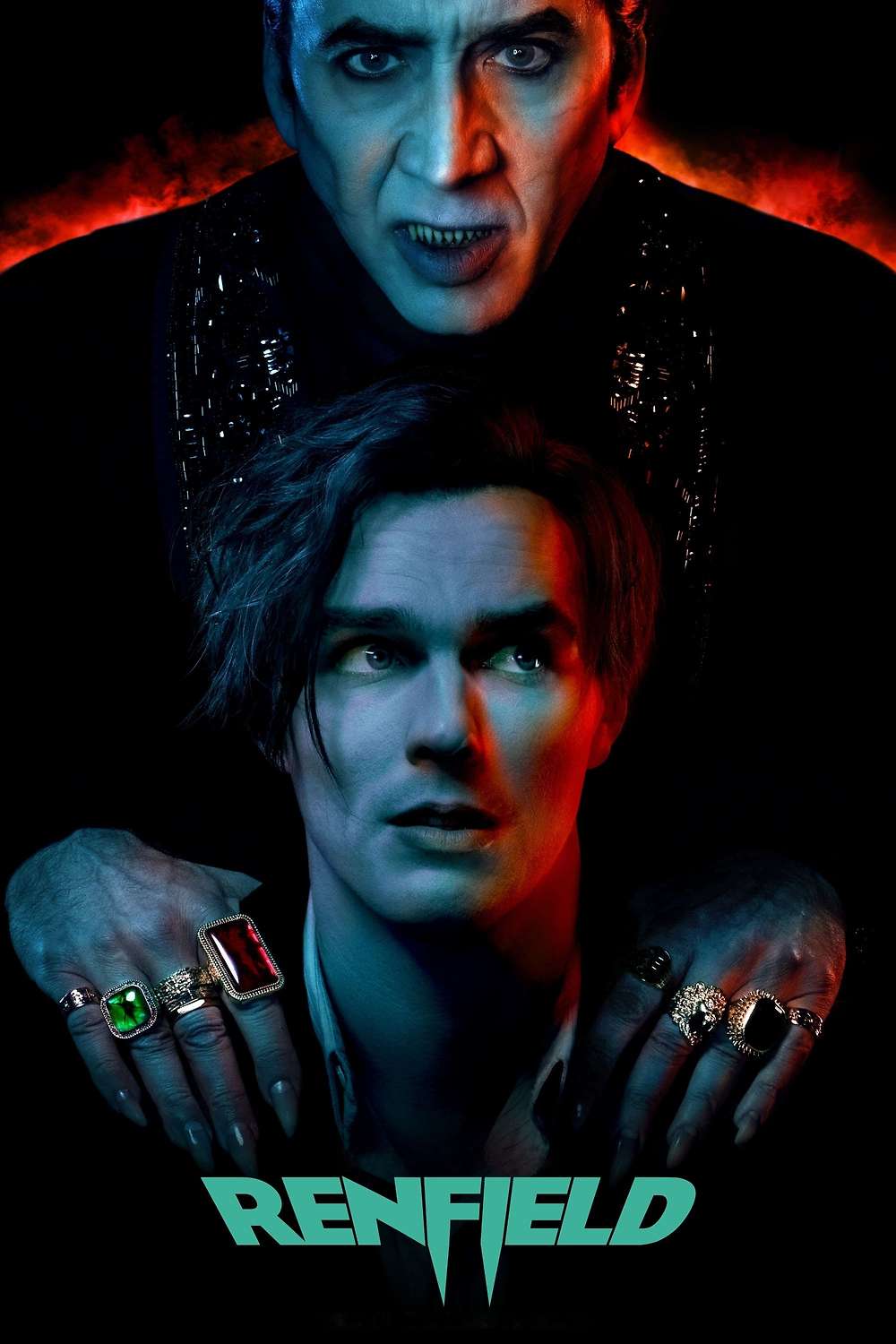 Letterboxd
Letterboxd
It was actually pretty fun but they kept bringing in a romantic interest (awkwafina) and a support group. I think it would have been better if they played aquafina as a straight man to Renfield's nightly shenanigans. It might also be nice if they actually let the support group end up supporting Renfield in his fight to break co-dependance. I'm overthinking it, but it was a pretty fun movie that got a little bogged down in some of its sidequest.
 Letterboxd
Letterboxd
I enjoyed this as it was more of a focused biopic of a particular deal being made than a drama (looking at you Gucci). There were some awkward parts, for instance when all the characters are sitting around the table and he says "All of use will be forgottten, but you will live forever" to MJ. Maybe it was said, maybe it wasn't, still feels like a really weird thing for a grown man to say to a young rookie.
Good acting, decent pacing, a little bit of deification (MJ)... What's not to like?
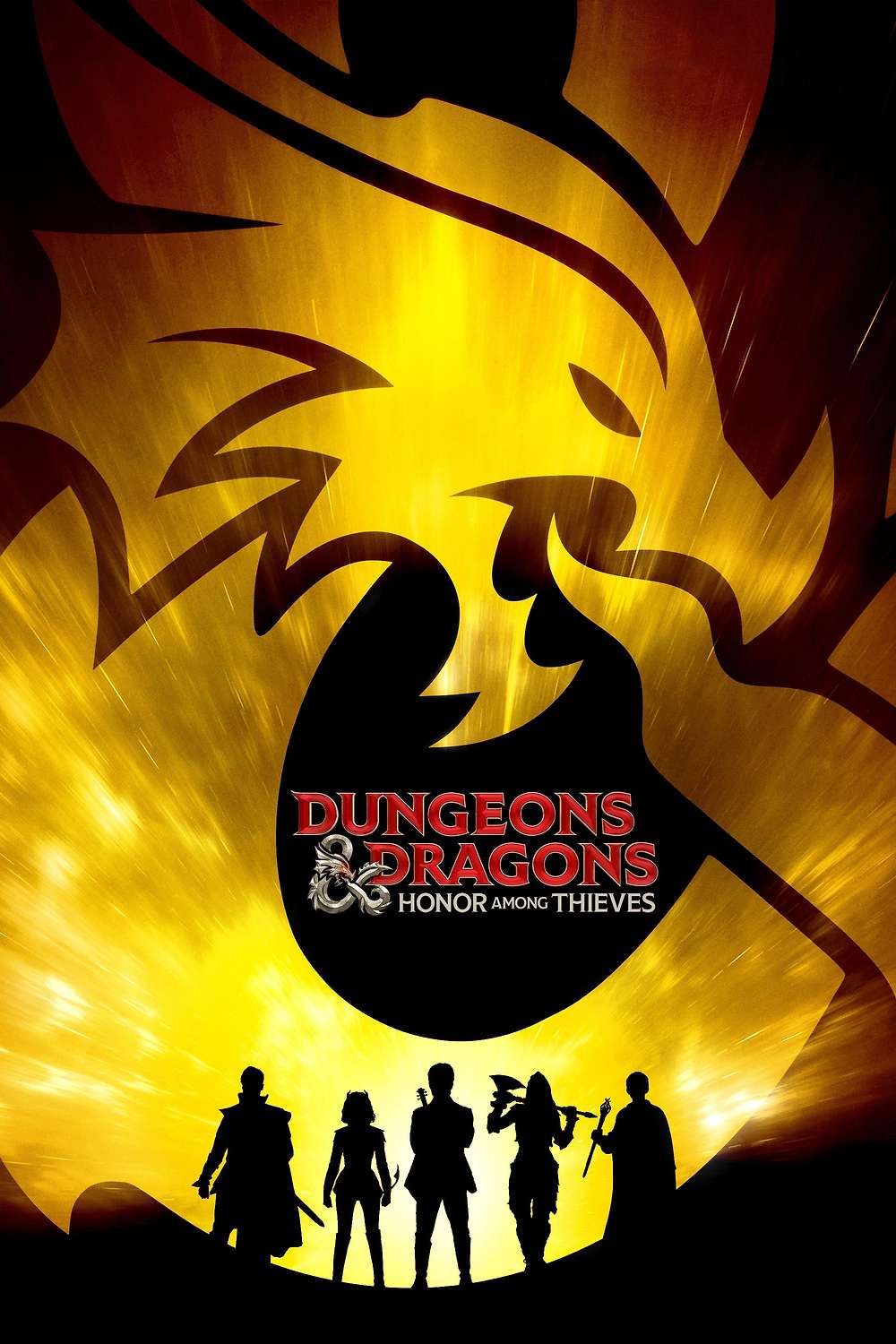 Letterboxd
Letterboxd
Honestly, it was so much better than the 2000 film of the same name that I can't really complain.
 Letterboxd
Letterboxd
I wish they had combined this and the third movie into 1 film. That could easily be a 5 star movie. This felt a little too drawn out at this point. Still, some really great camera work. Fun action. Kind of cool world. It could have gone out better, but it still went out pretty well.
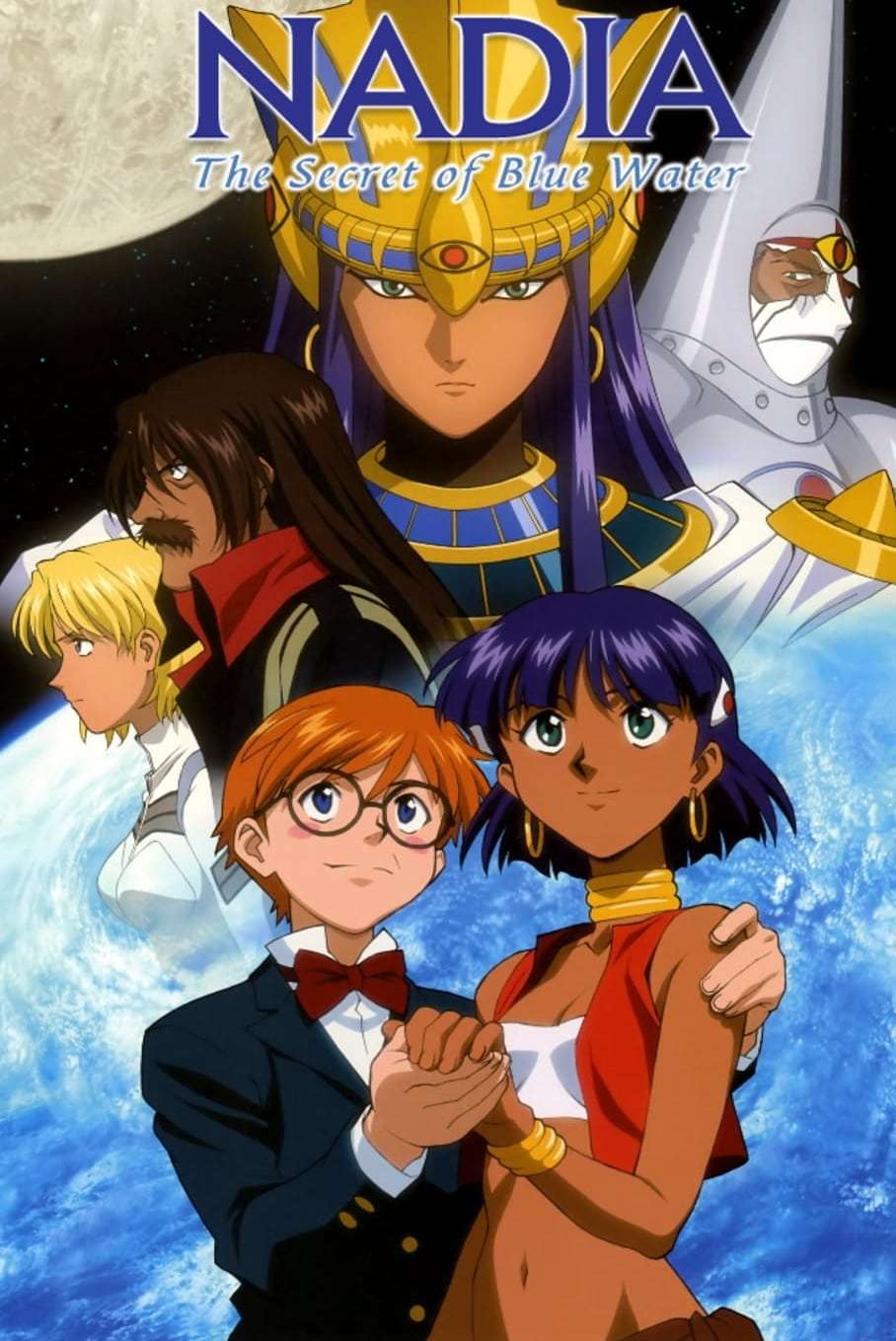 Letterboxd
Letterboxd
Watched it all. Begins as interesting Jules Vern type story, but episode 23-34 (island & Africa) are awful. Last 5 episodes return you to a great story. Probably the greatest example in drop in quality I have seen to date. Strongly suggest just reading summaries for terrible middle part. You have been warned. Likely 1 to 2 stars higher if it wasn't for the middle.
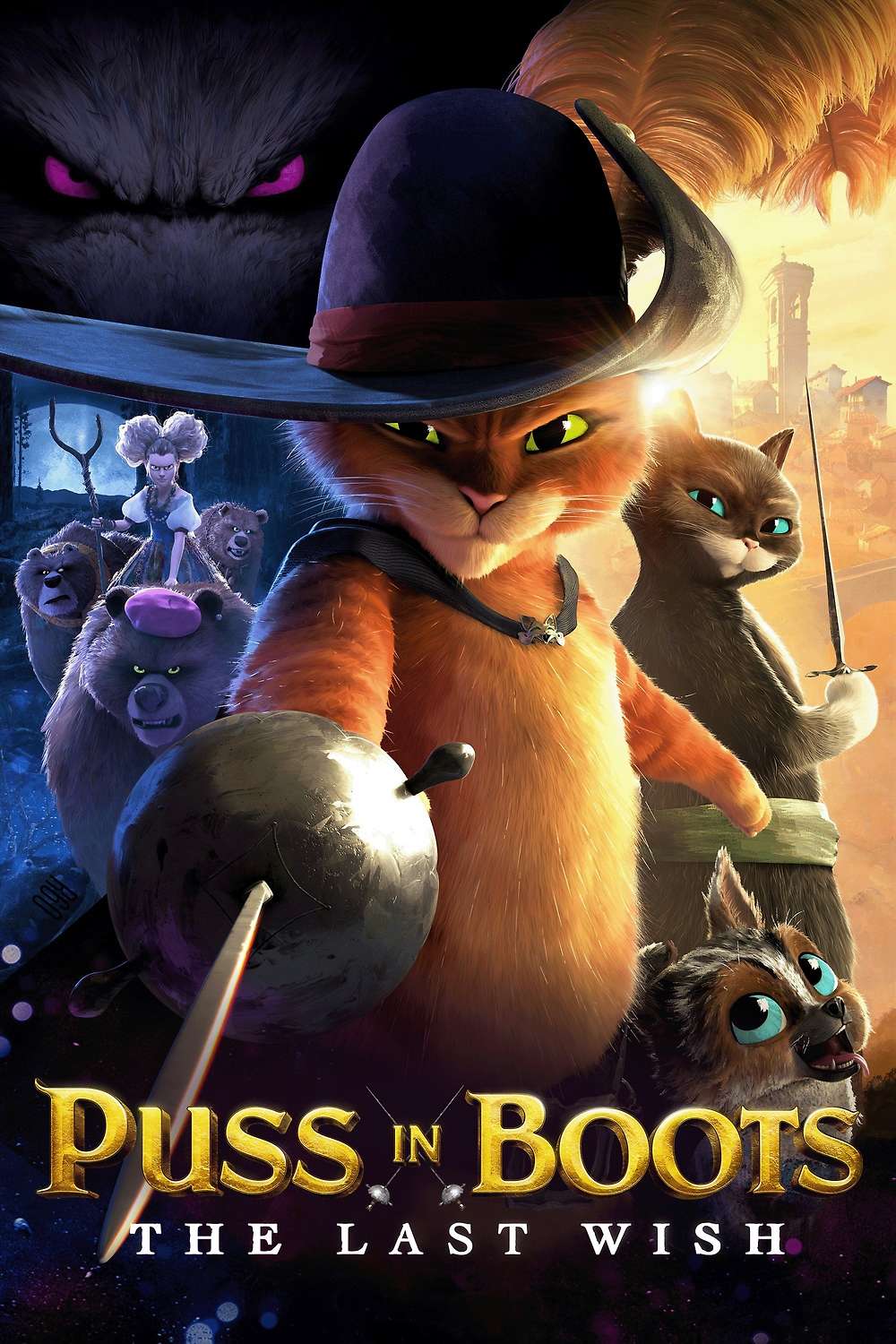 Letterboxd
Letterboxd
Exactly what a Fairy Tale should be. Serious themes woven into a fantastical world. Incredible animation. I really love the styling that this movie took upon itself. Every part of this film was good to exceptional.
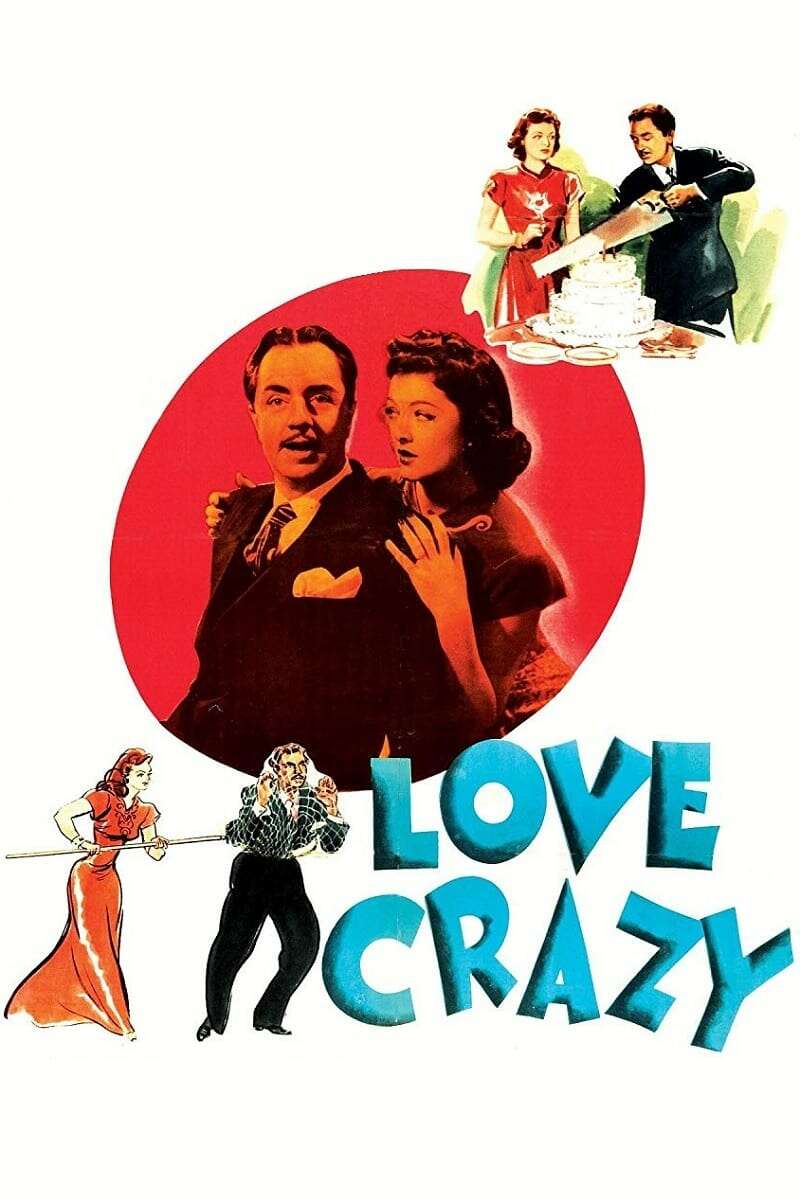 Letterboxd
Letterboxd
Teenage anime level stupid in that the whole problem could be resolved with one tiny conversation. Solidly entertaining and good natured. No "My Man Godfrey" but it works.
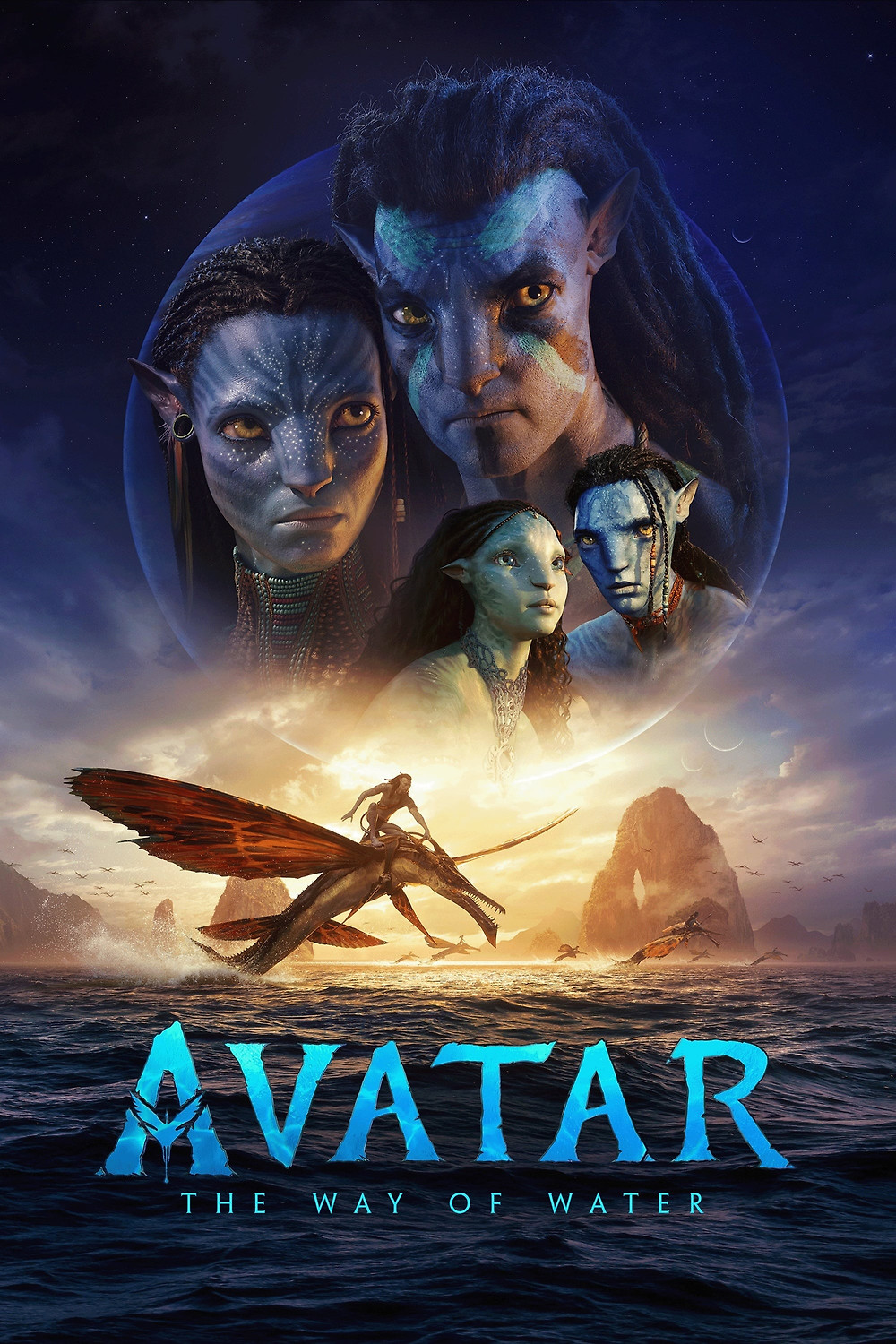 Letterboxd
Letterboxd
Enjoyable enough. Could have been 45 minutes shorter with very little lost. Plot was mediocre, but effects and scenery were beautiful. Most enjoyed the the robot and vehicles.
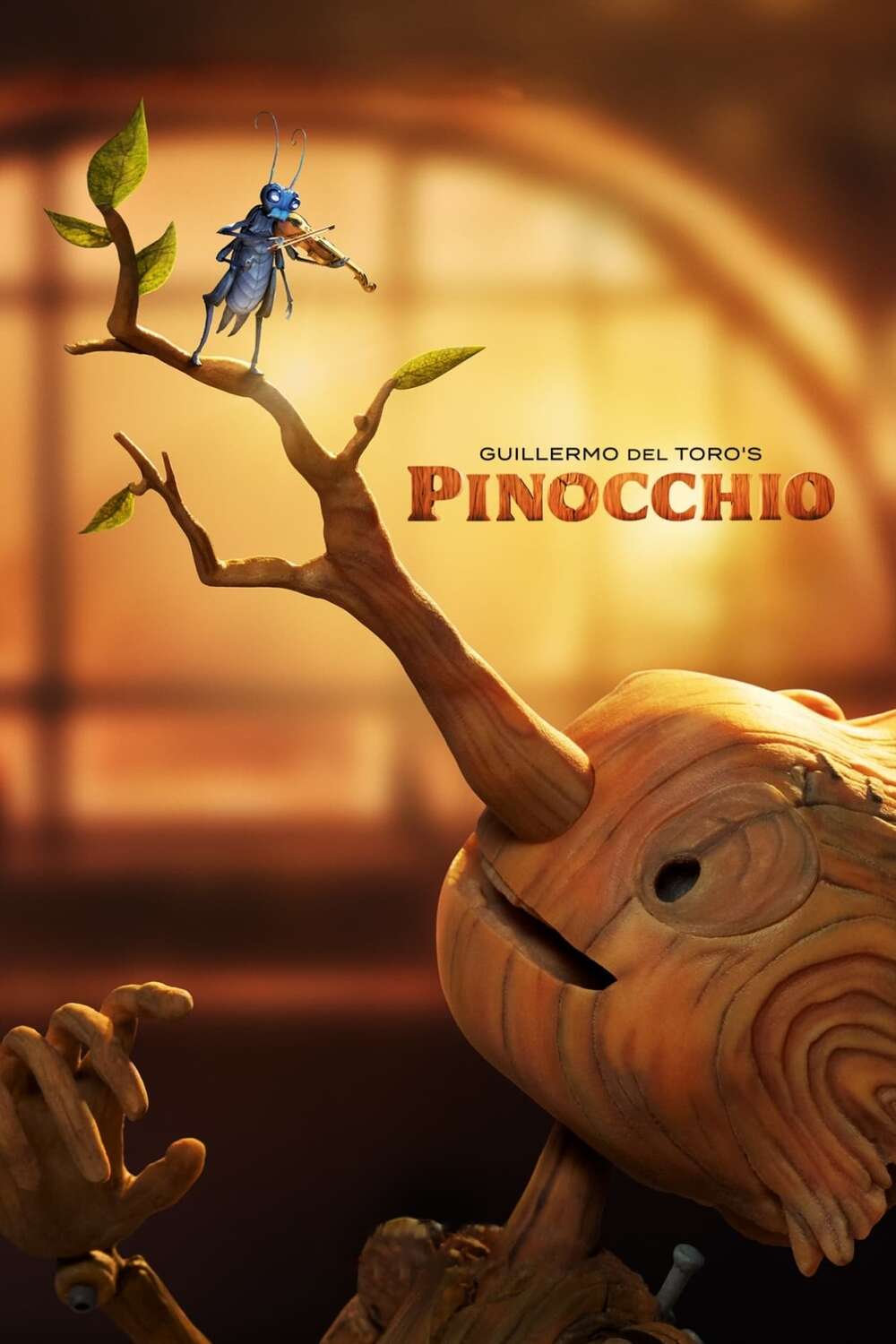 Letterboxd
Letterboxd
Actual "stop motion" is beautiful. Did not enjoy the songs very much and felt they were too densely packed at the beginning. Good messaging on father/child relationships and also universal forgiveness. It was enjoyable, but it just didn't provide an emotional hook for me.

This felt like a recipe where some key ingredient was missing. Seems like most of the steps had been followed, I could see that it was put together with care and skill, and yet... it just didn't catch me emotionally.
I did enjoy observing human beings through Klara's eyes. I felt that Klara was able to observe some blindsides of human relationships that we often fail to consciously consider. However, she was so alien in her own thoughts that it was difficult to draw anything interesting from her own observations. It was like "hey, isn't this interesting that human beings are like X", but there was no reflection beyond that. It was purposely stilted, leaving you to draw your own thoughts about X.
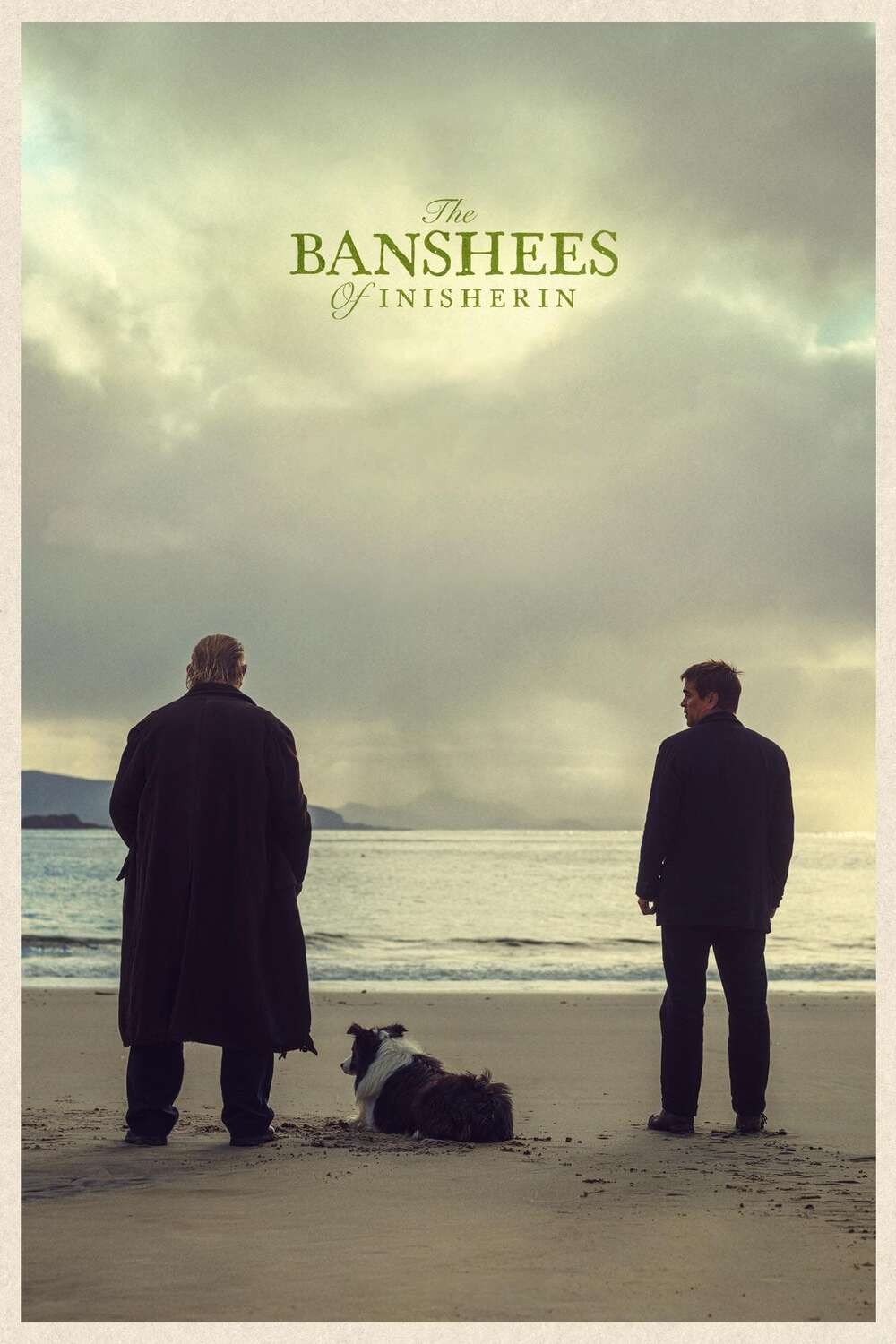 Letterboxd
Letterboxd
Sometimes, stupidity is the winning strategy.
Felt like a "larger than life" story pushed into the real world. Beautiful scenery. Captured the quiet despair of many of the townsfolk. Enjoyed it quite a bit.
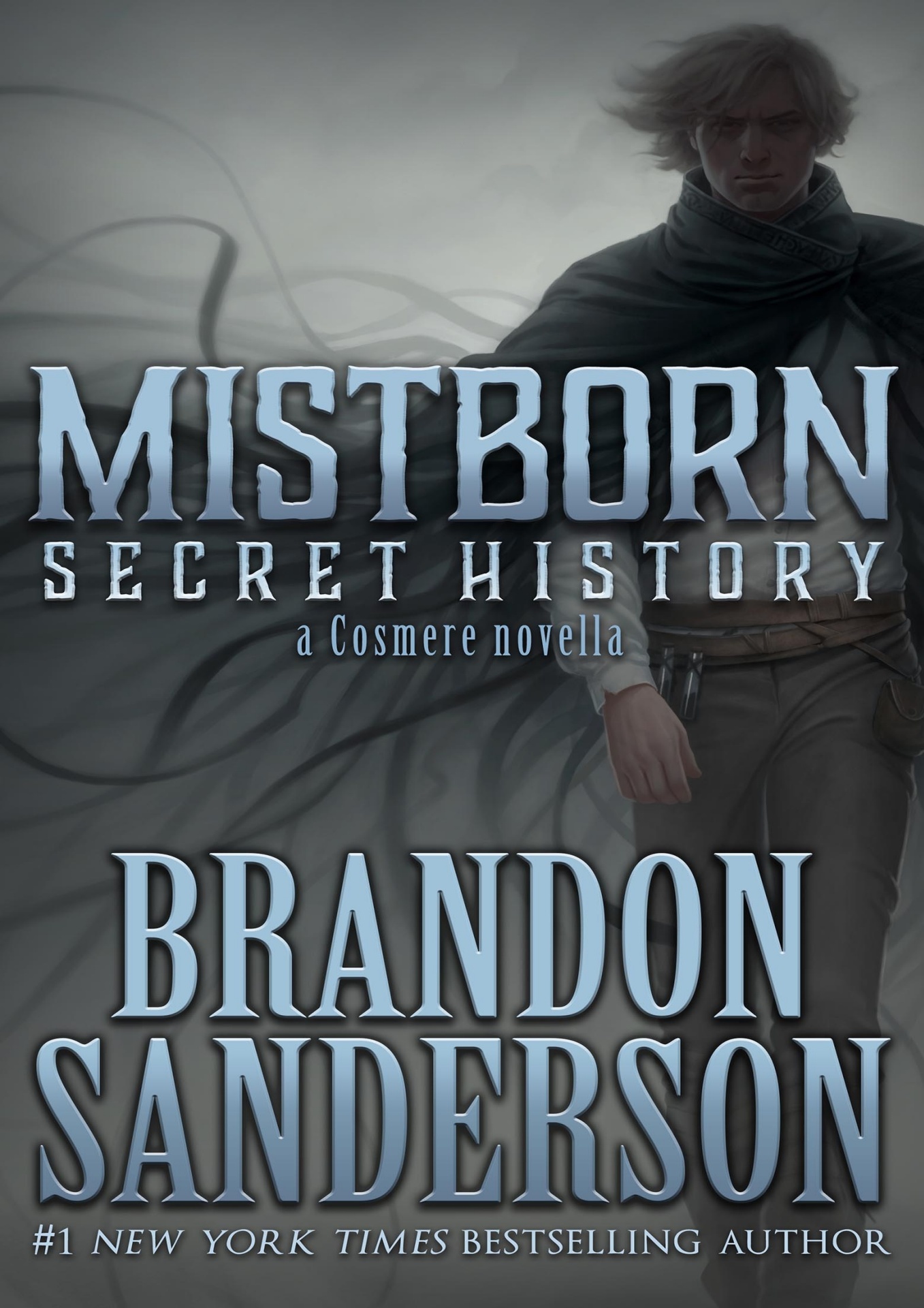
I have read very little of the Mistborn series (I think only the [b: Alloy of Law|10803121|The Alloy of Law (Mistborn, #4)|Brandon Sanderson|https://i.gr-assets.com/images/S/compressed.photo.goodreads.com/books/1442889632l/10803121.SY75.jpg|15035863]) and something else I can't quite remember). I am assuming that all of the characters I am reading are callouts to other characters from various novels. As an outsider, reading this story was engaging, but probably lacked the emotional punch it might have had if I knew who any of these people were. Anywho, even with that, it was a well written story. I also appreciated that it was a novella with good pacing and a clear ending. So, even if you haven't read any of the Mistborn stuff, I think this will not disappoint you.
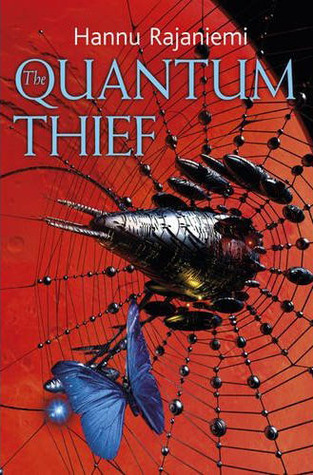
I will often forgive a middling book if it has a few great ideas. I felt that the tech in this book was so loosely defined that I had trouble understanding what was within the realm of possibility. Felt like the story might be better set up as a punchy exciting animation rather than within the written word. I enjoyed visualizing the scenes, but when I think about the plot (tangled beyond my keen) or characters (whose motivations are still to be revealed) I was a little less impressed.
It might have been 4, but I also read this book over a period of around a month. I think, if you are going to read this, it is better to finish it quickly over a few days. It is that kind of novel.
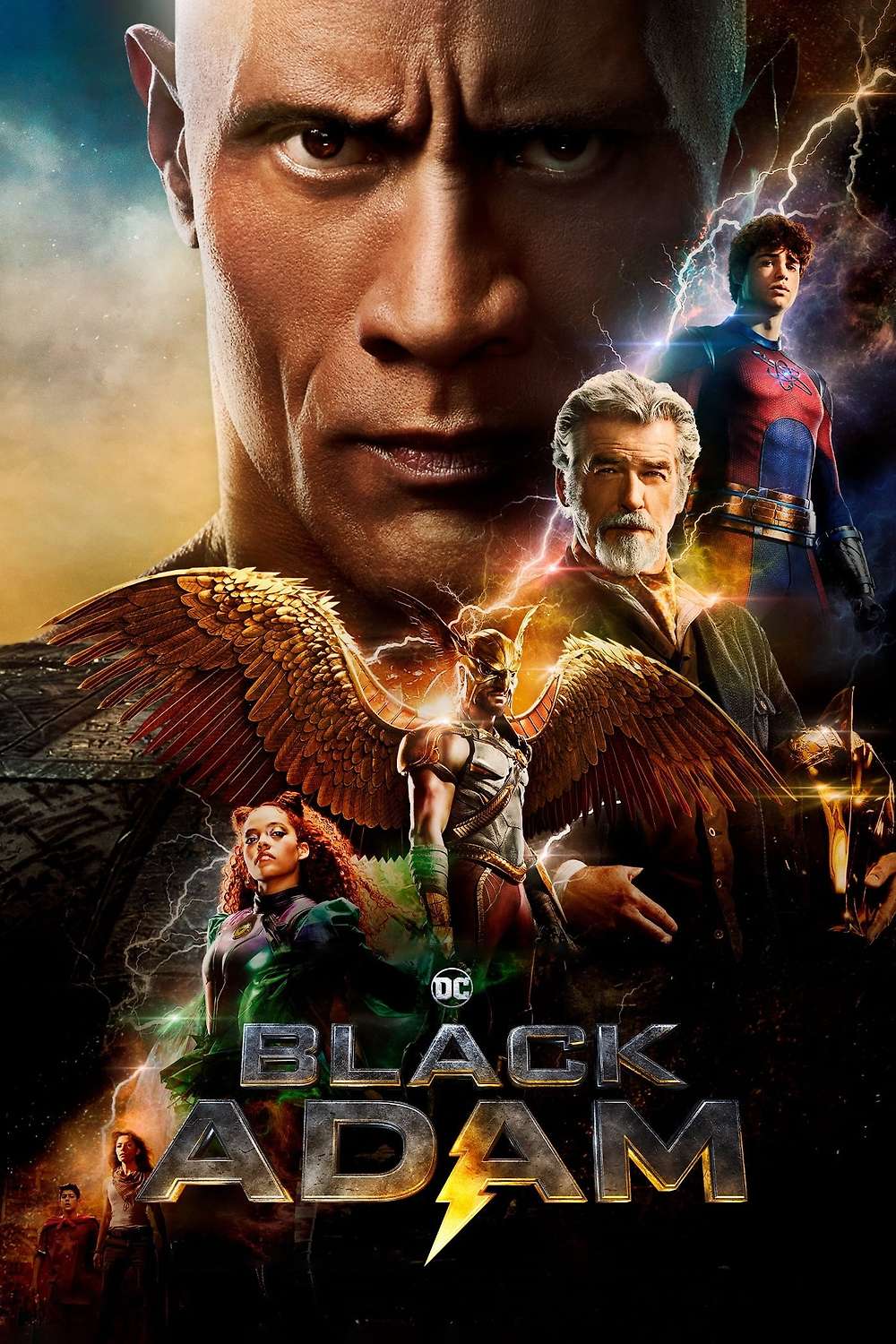 Letterboxd
Letterboxd
tldr; The rock acting like a stone for 2 hours.
This was so badly cast. You have The Rock, and incredibly charming and likable guy, and you cast him as this dour faced zero charisma mega super hero.... Like, wtf were you thinking?
I don't care about the original source material. They should have modified the character from being dour grumpy pants to being maybe something closer to The Comedian from Watchmen. Somebody who is deeply cynical and jaded, but maybe underneath it all is actually very hurt that the world isn't better? This would have allowed The Rock to act as "The Rock, but a little evil", perfectly within his range.
Oof.
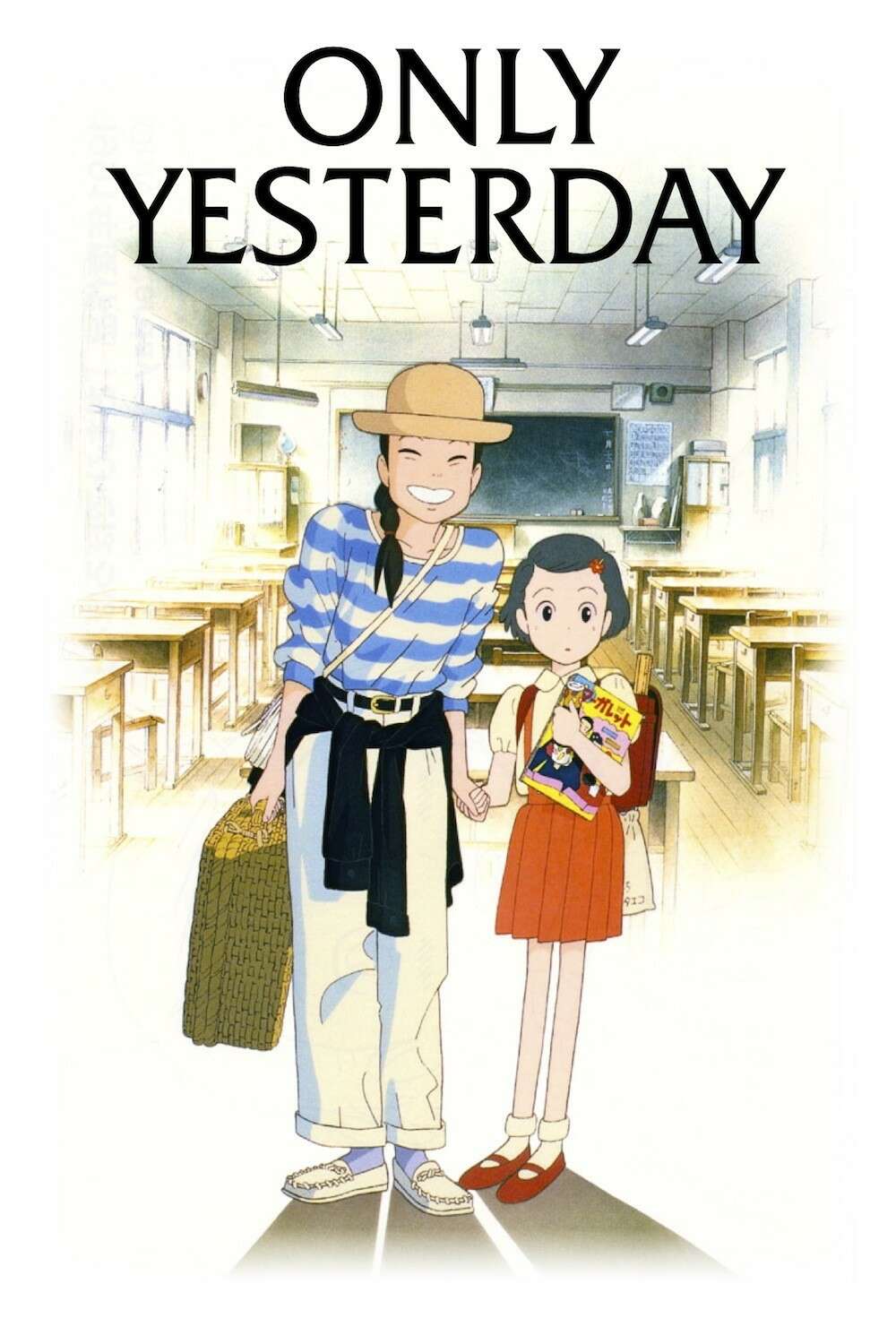 Letterboxd
Letterboxd
This was interesting to watch as an older adult. I think I remember seeing this last when I was maybe 21. This is a movie about looking back, and what works in the film also works for the viewer. I think it is a good film to watch every 15 years, see where you are in life relative to the protagonist. What was important to you then, what is important to you now.
tldr; Good film for self reflection, both of the character and of yourself.
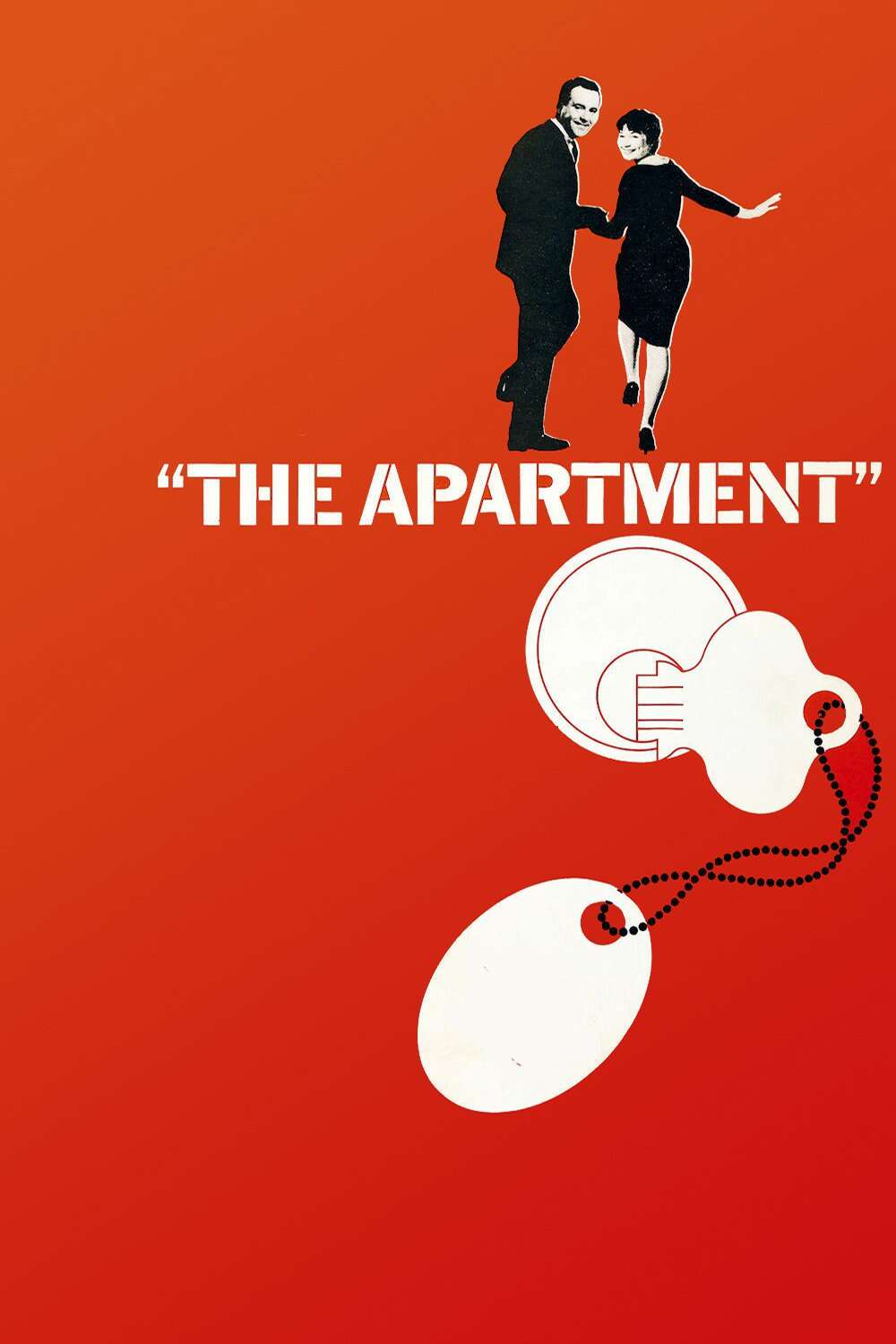 Letterboxd
Letterboxd
Started muted and a bit slow. Every section is slightly better than it's previous. Several genuinely funny moments. Great lines and delivery. Modern man to mensch tale.
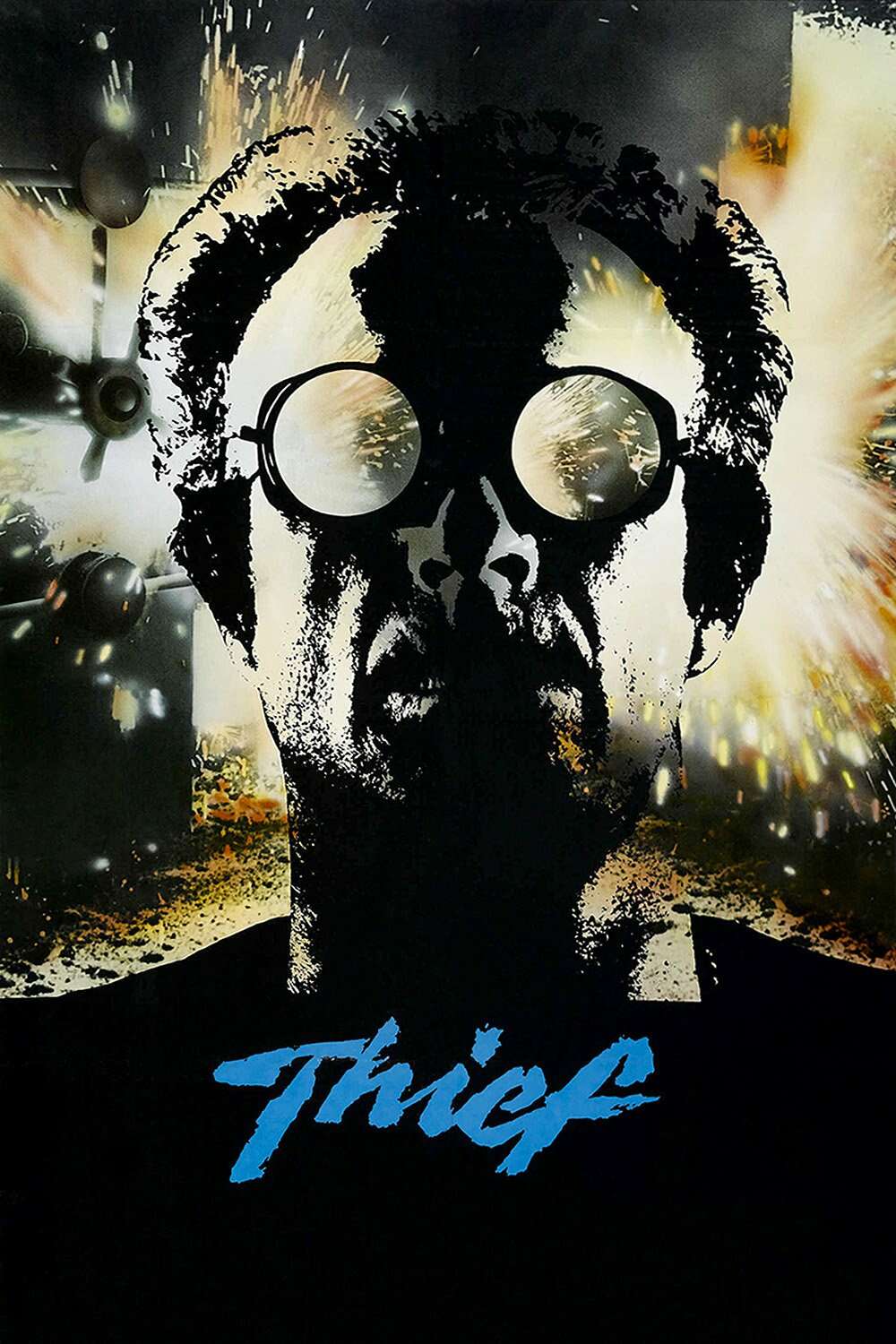 Letterboxd
Letterboxd
Almost insecurely male character. I really enjoyed the technical scenes; the displays of mastery of craft (heisting). A very "trim" film with little in the way of excess plot points, characters, etc.
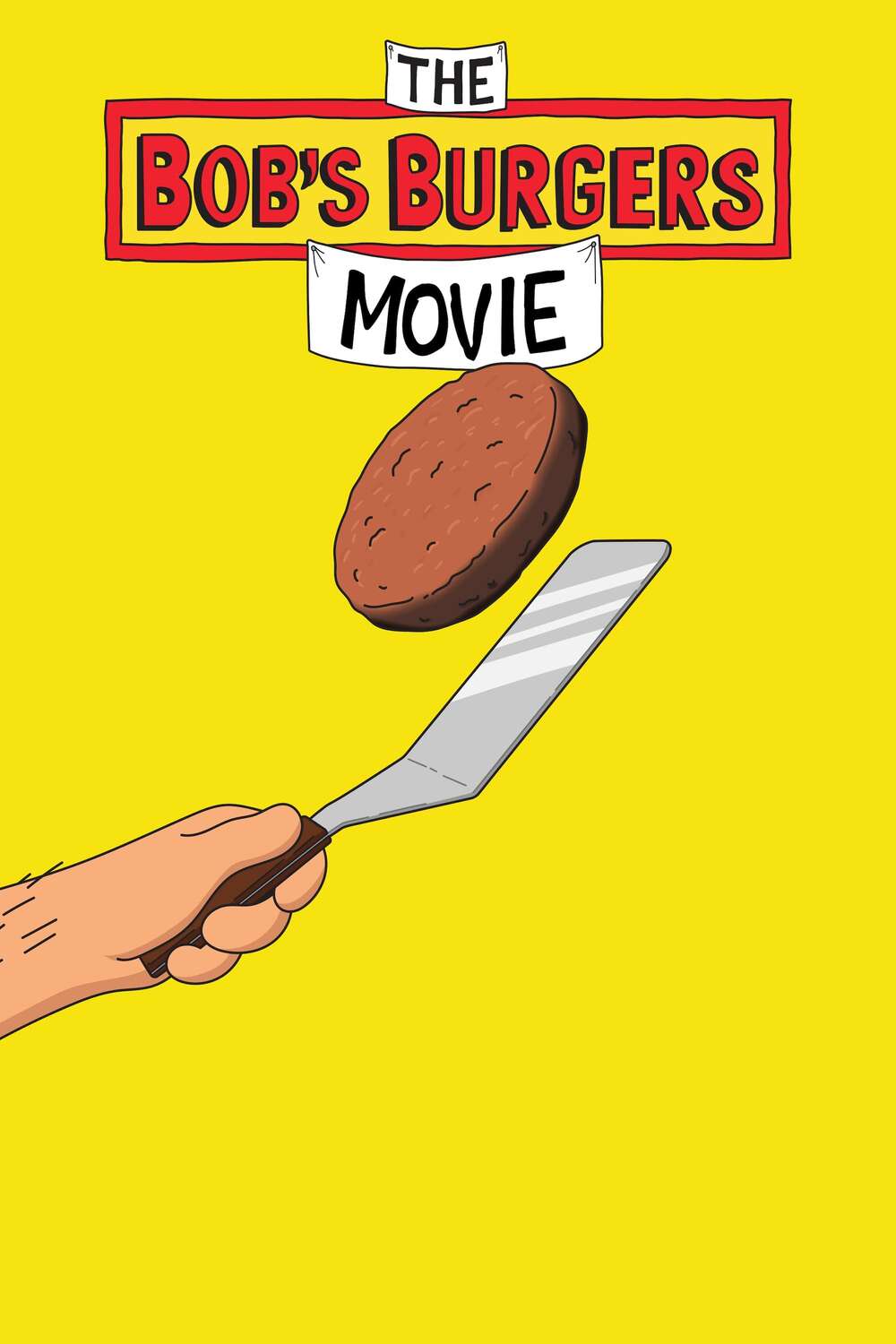 Letterboxd
Letterboxd
Never seen the show. Very "low energy" humor. Don't think I entirely get it but I found it fun.
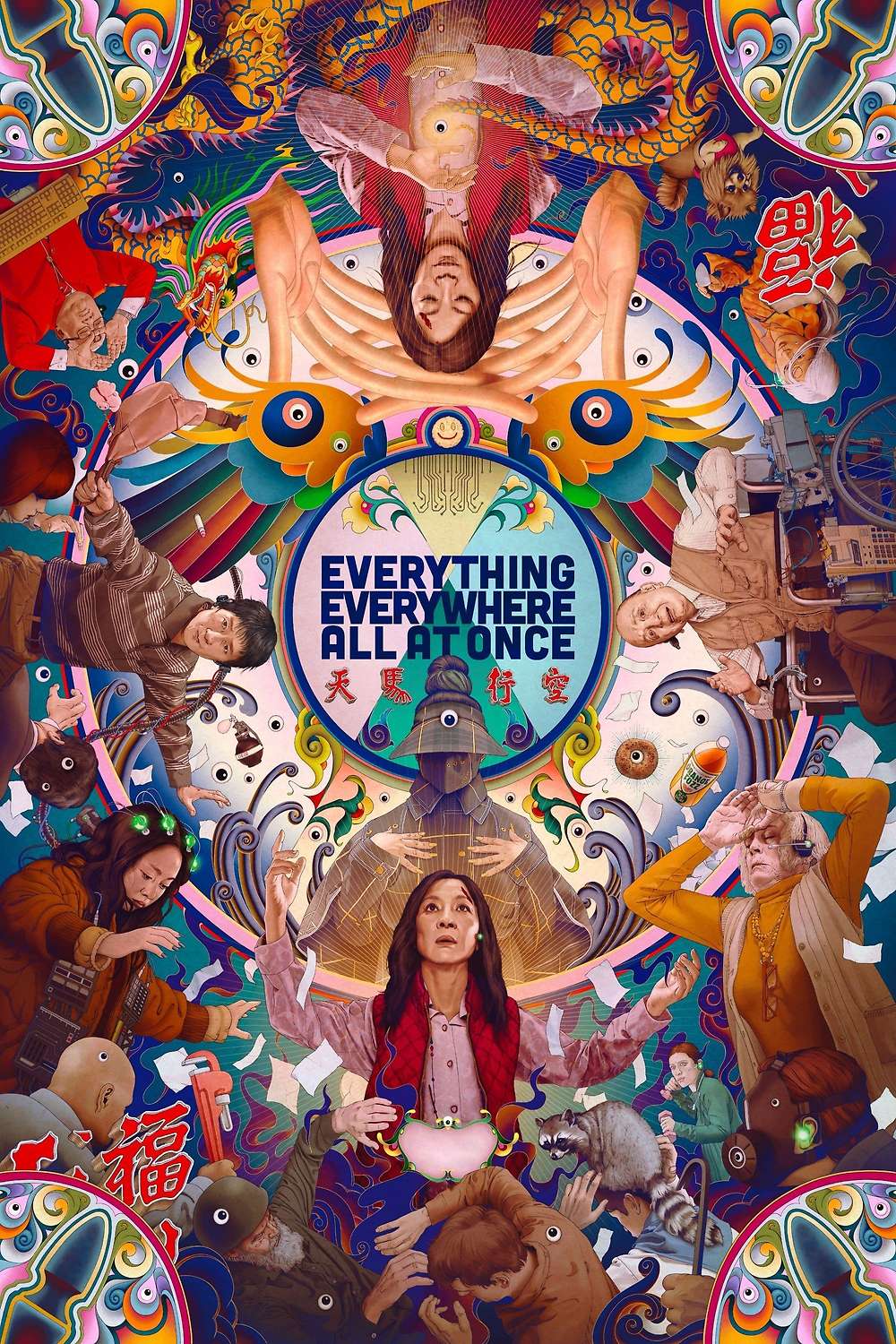 Letterboxd
Letterboxd
First Act: Pretty fun, but I was a little concerned.
Second Act: Relief at rising action; really finding it's pace.
Third Act: Got me emotionally invested enough to get teary eyed.
Great film. The central premise is something you have probably discovered and accepted at some point in your teen years, but it is made fresh again through imagination and character unwinding.
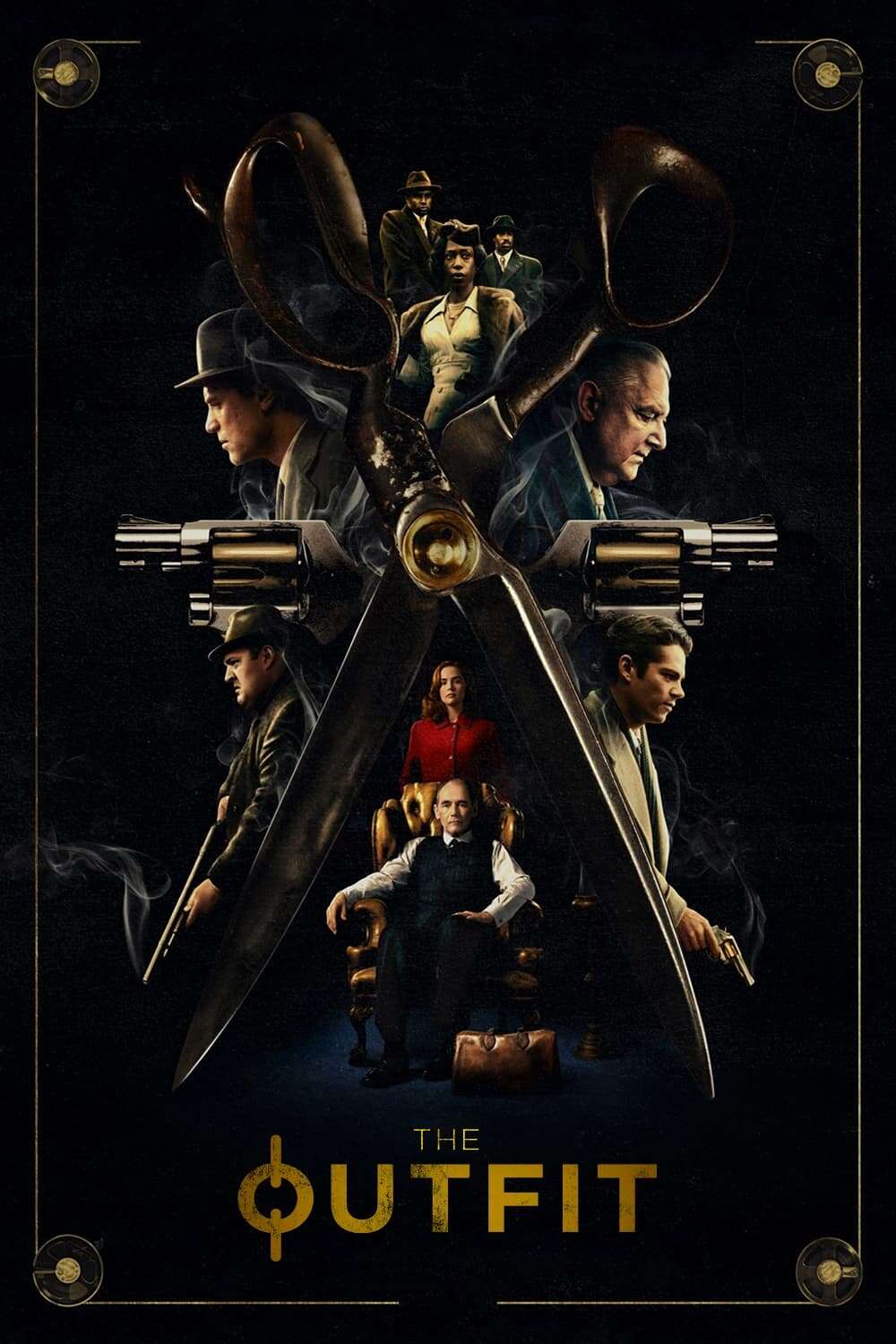 Letterboxd
Letterboxd
Single location film. A bit too mechanistic, could have used a bit more tension. Some of the side characters seemed to have roles that were beyond their ability to capture. Enjoyable film despite all that.
Also, made me want a bespoke suit.
 Letterboxd
Letterboxd
First romantic comedy seen in a decade. Better than the schlock that they were making when the genre died. Sometimes you just want something breezy.
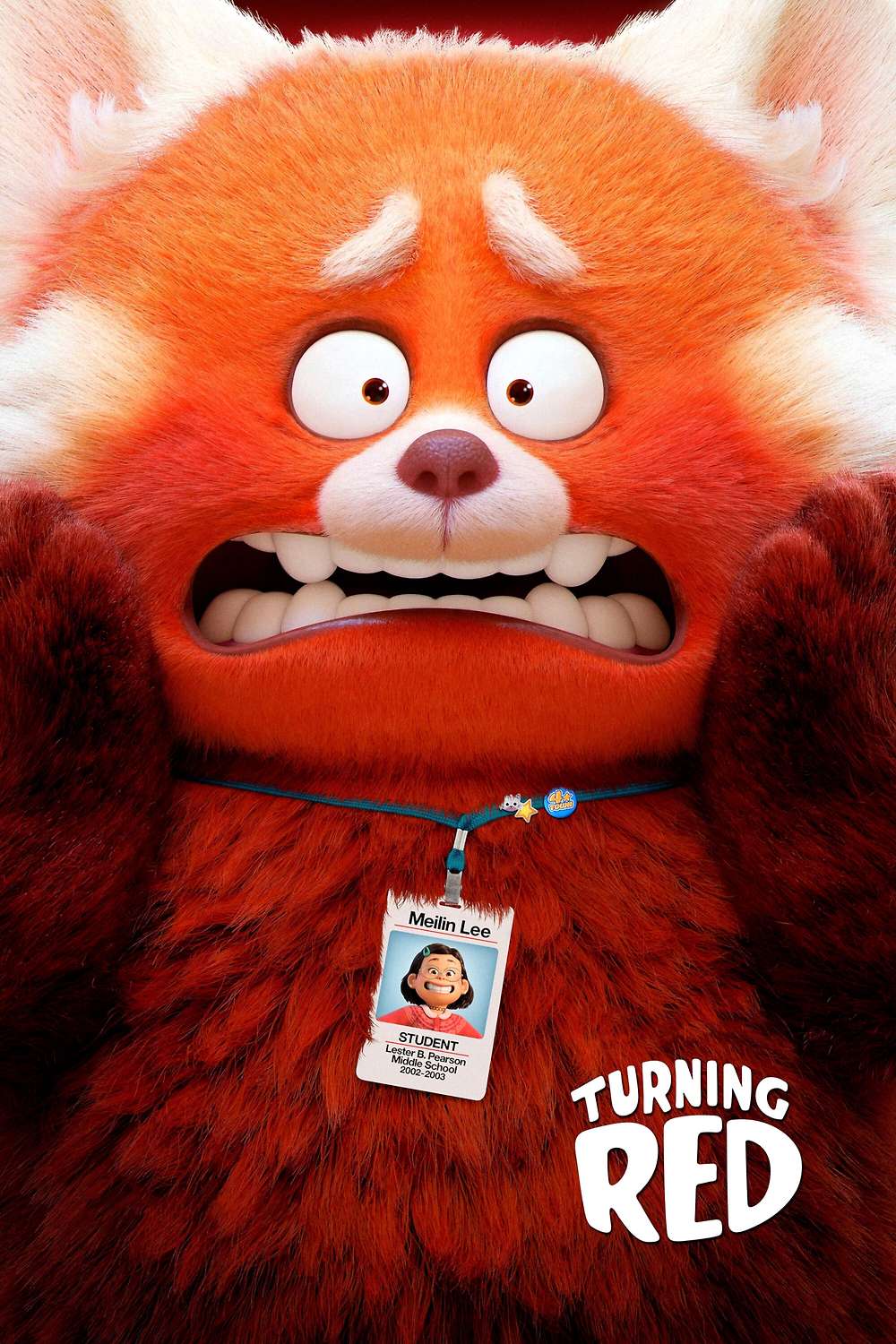 Letterboxd
Letterboxd
Some of the food animation was gorgeous. Some of the skyline scenes were lovely. Actual story was not very interesting. I felt the warm feelies at some of the "friends" parts, but I don't think I could watch this twice.
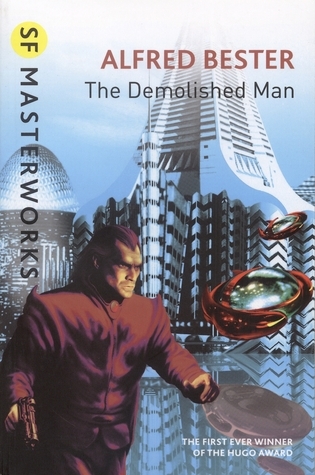
This is his Hugo winner, but I personally feel "The Stars my Destination" is a better book.
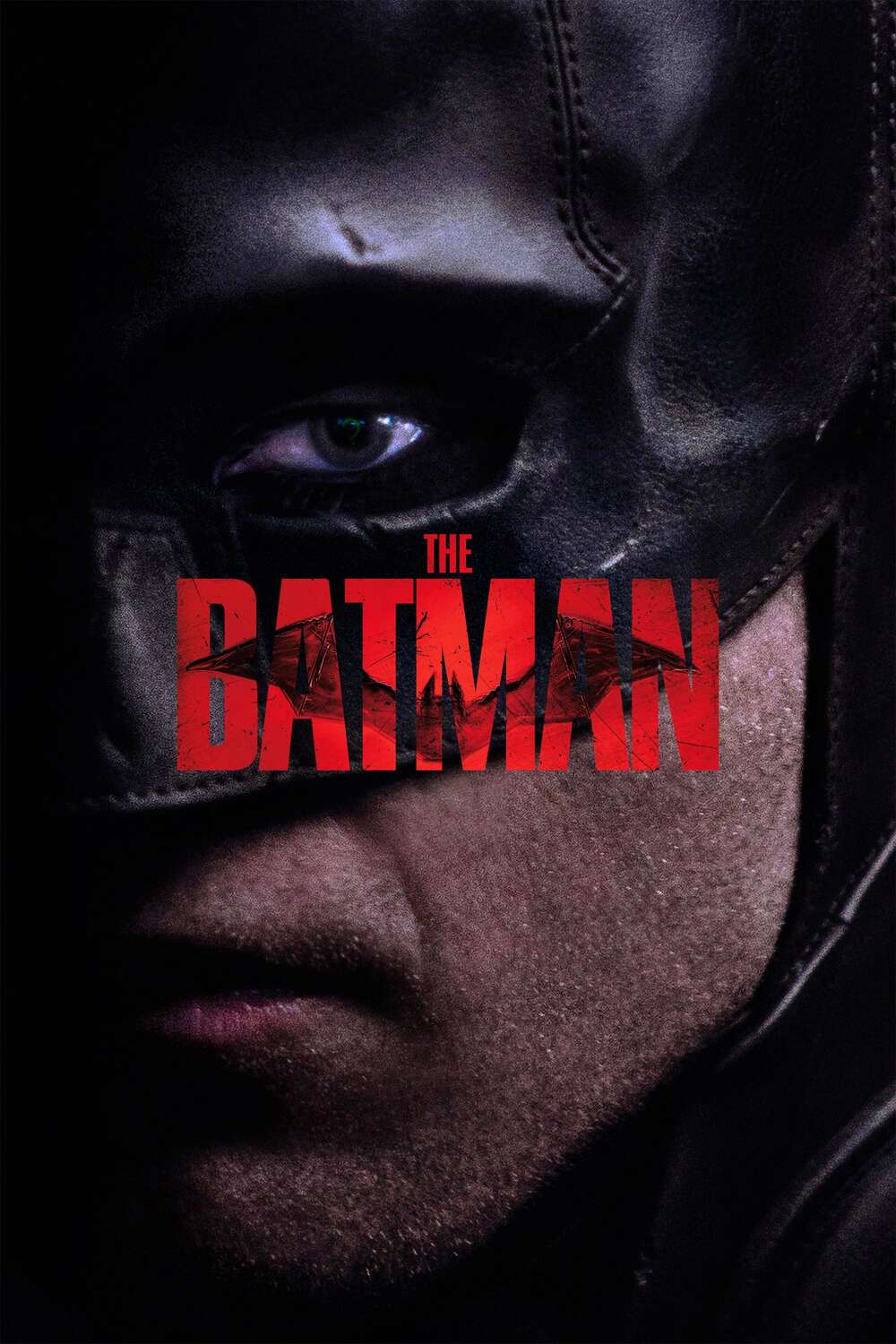 Letterboxd
Letterboxd
I liked the film grain effect and the (literal) darkness of the film. The mood and set pieces were pretty good, music was alright. There were a few pretty unbelievable plot points but whatever. The romance felt a little wedged in. Still, solid tentpole film.
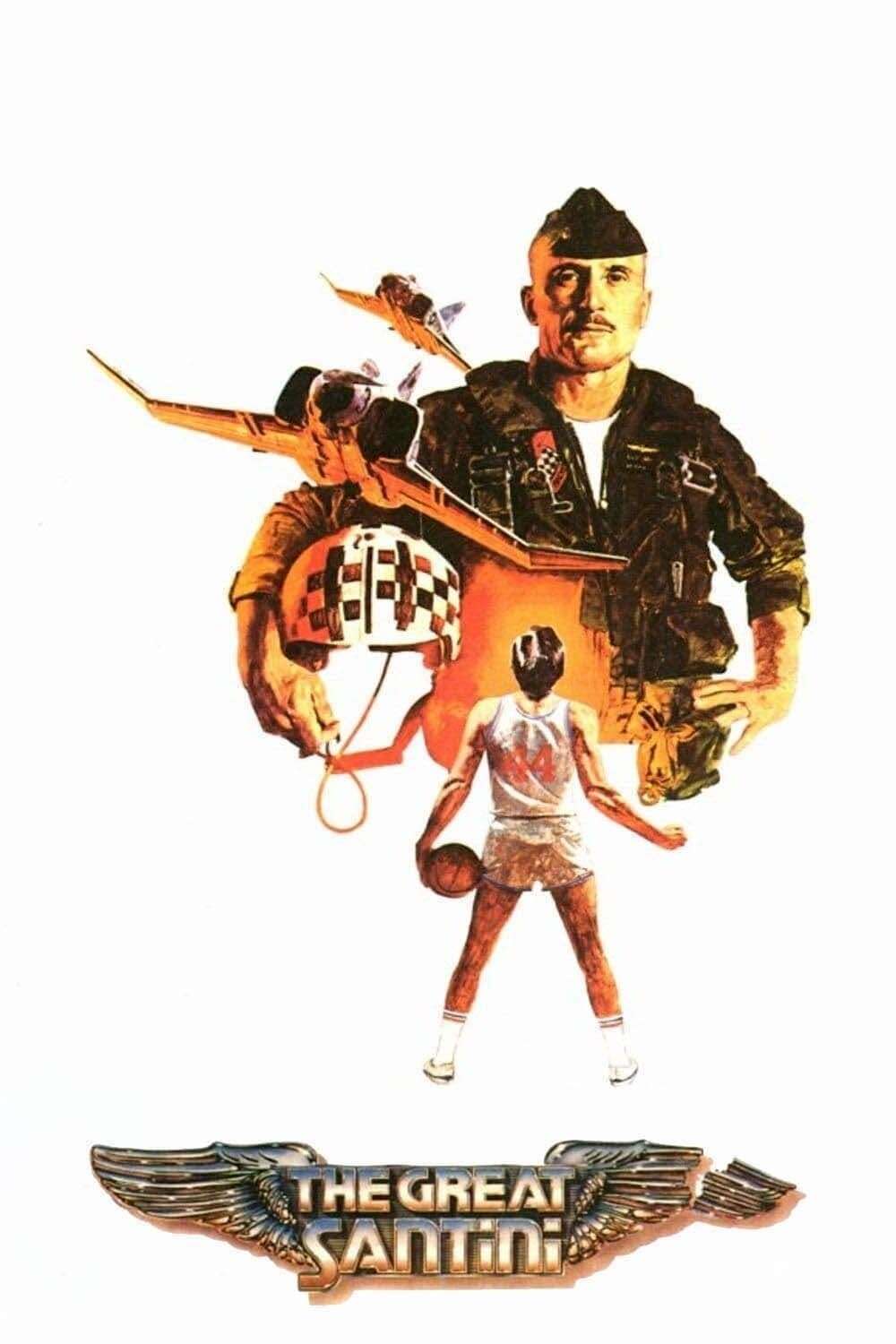 Letterboxd
Letterboxd
By modern standards Santini (Bull) is a overbearing insecure man who needs to learn to be an adult. I wonder if his way of dealing with the world was ever necessary? World has gotten softer/safer, maybe men like Santini just aren't needed anymore? Maybe that is for the good?
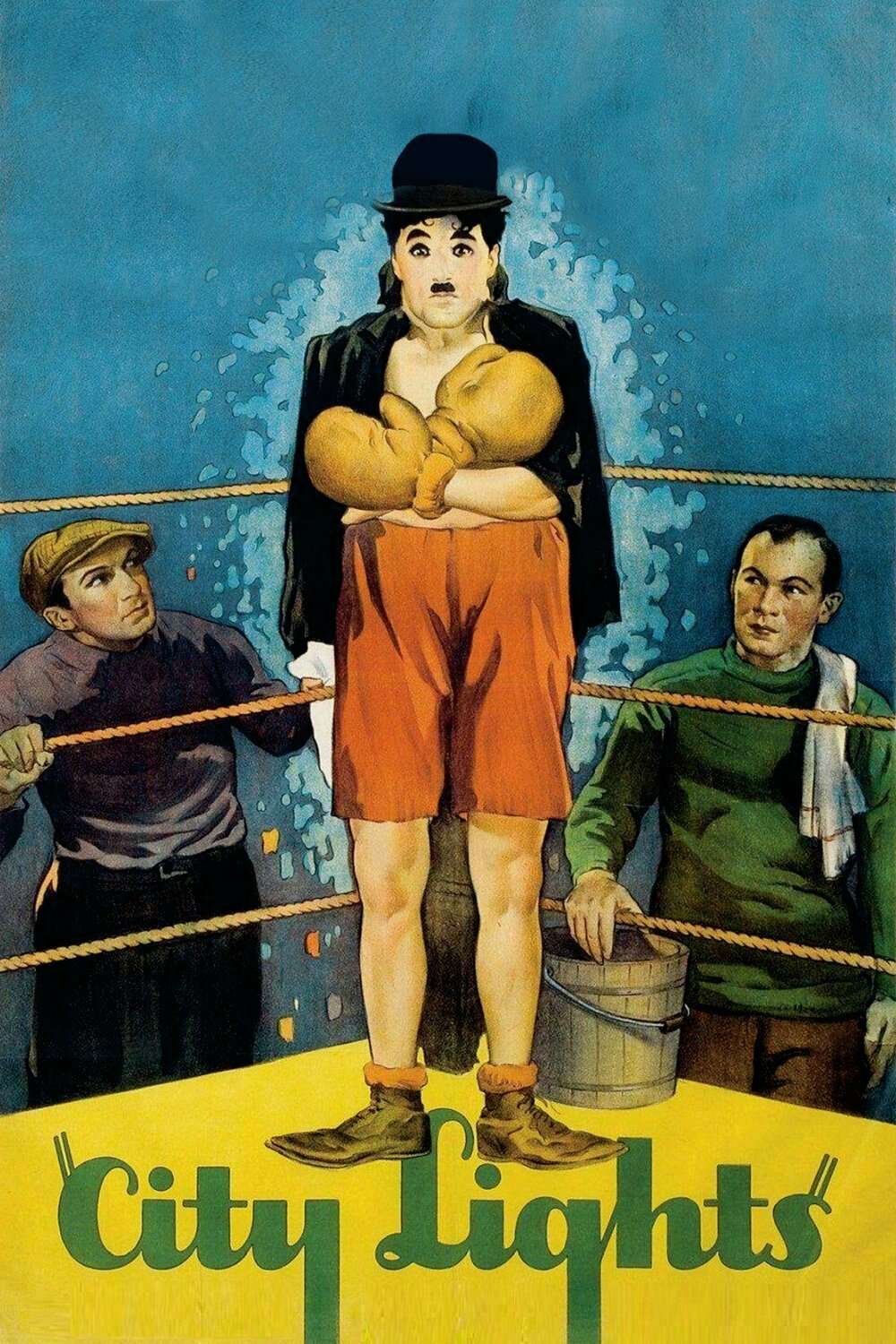 Letterboxd
Letterboxd
Saw this with an orchestra ensemble. Chaplins movement and motions were so clever; so physically skilled! For some reason pantomime kind of reminds me of 4 panel comics.
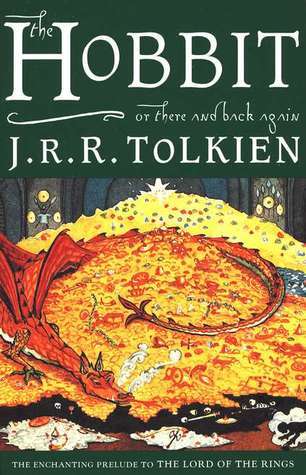
Tried to read this almost a decade ago and shelved it. This time I finished it. Don't think I am going to say anything new about it so I'll keep it short. I think the reason I was able to finish it this time was perhaps I have aged into it a bit. Bilbo is more relatable as a character as you get older. You grow to appreciate the wisdom of having a good home, hearth and household while understanding the pangs of wanting an occasional adventure. I may have read it with more warmth and humor than I was capable of a decade ago.
Probably would have been great had I not read a huge amount of stuff that is derived from this already.
 Letterboxd
Letterboxd
Some scenes were fantastic. Some scenes fell flat and felt strangely paused (as if a laugh track should have been inserted). I could not connect with any of the characters. I don't get what I don't get about this film. Very strange feeling upon finishing it.
 Letterboxd
Letterboxd
Makes you think about how much we could connect with each other if we didn't constantly feel the need to fill our interactions with words. In these type of stories I prefer more humor and less sentimentality.
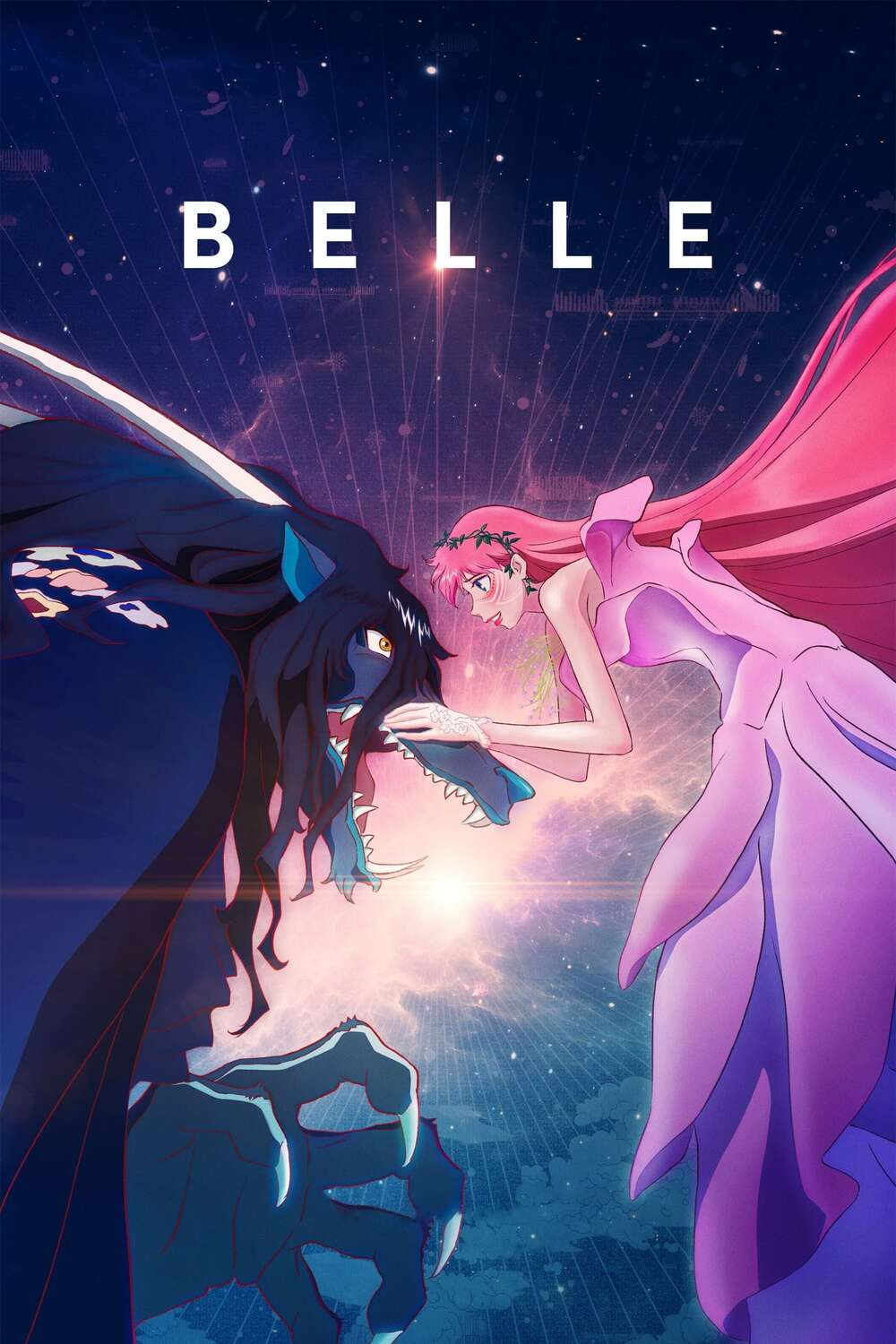 Letterboxd
Letterboxd
Got me a little teary eyed in the theater. I hope this is the future of VR that we end up with. 2D animation was great. 3D animation was good. Songs were beautiful emotional hooks.
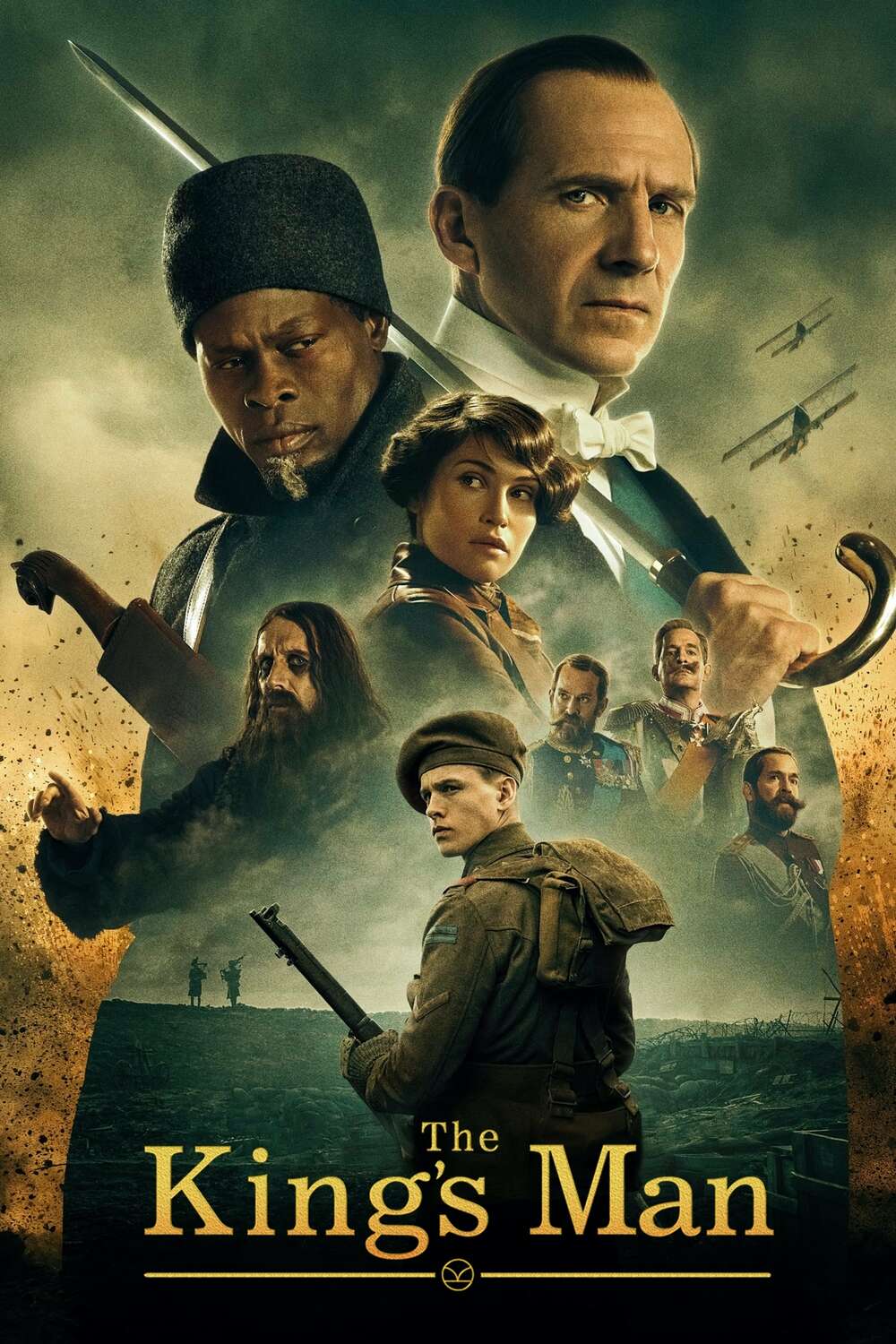 Letterboxd
Letterboxd
A serious center surrounds the comedic violent exterior. A bit odd in terms of pacing and tone. I liked it more than the more muddled "Golden Circle" that preceded it. I thought the camerawork (fights especially) was really great.
 Letterboxd
Letterboxd
Grant comes off as almost smarmy rather than angelic. Some good scenes, some good acting, but the package as a whole just does not come together.
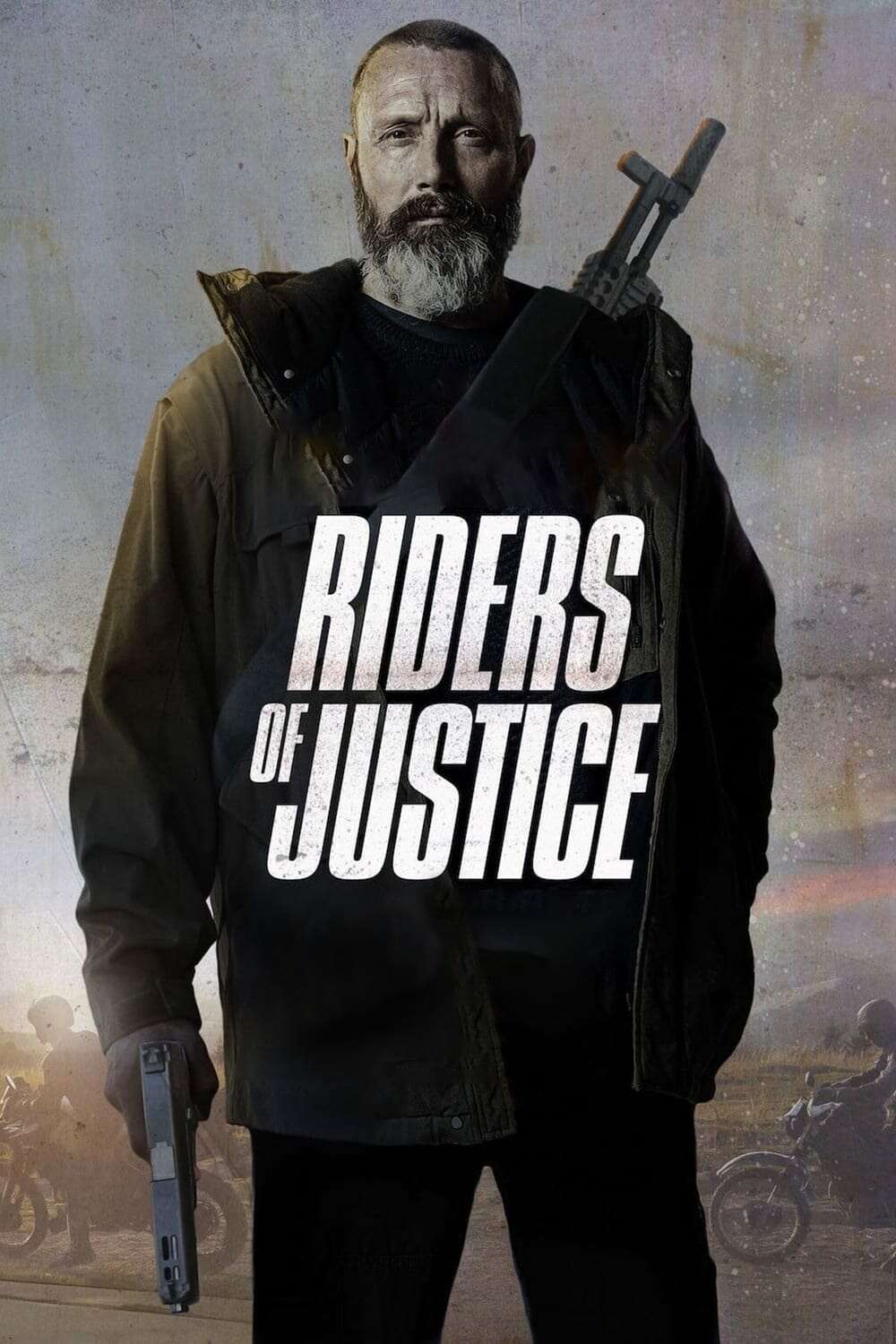 Letterboxd
Letterboxd
Enjoyed the camaraderie of a series of "off" men being put together. Could have used a little more tension, a little more depth, but altogether I enjoyed it.
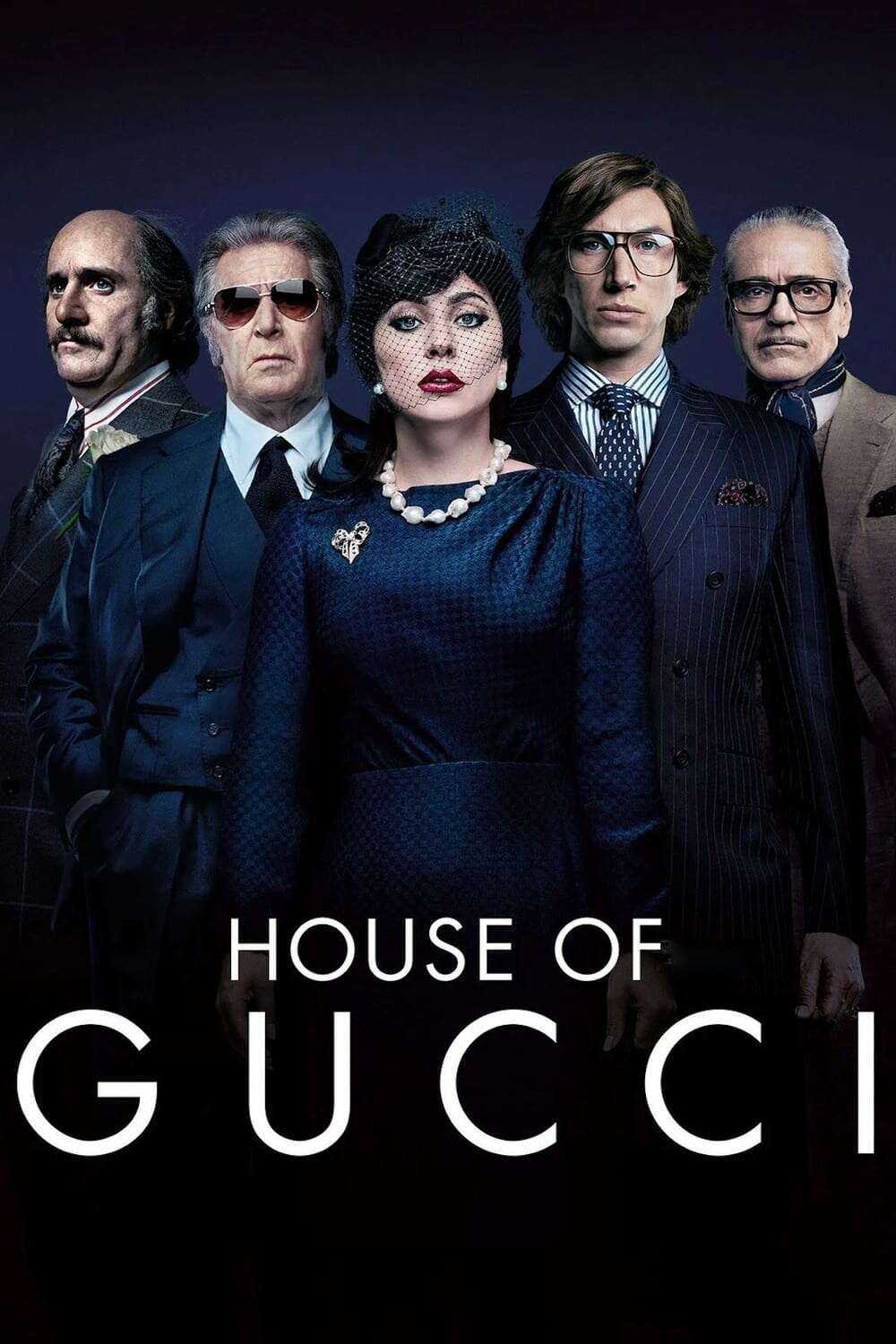 Letterboxd
Letterboxd
I think this film would have been better from a "fly on the wall" point of view of the Gucci corporation. Too much focus on the human elements, not enough on the actual company.
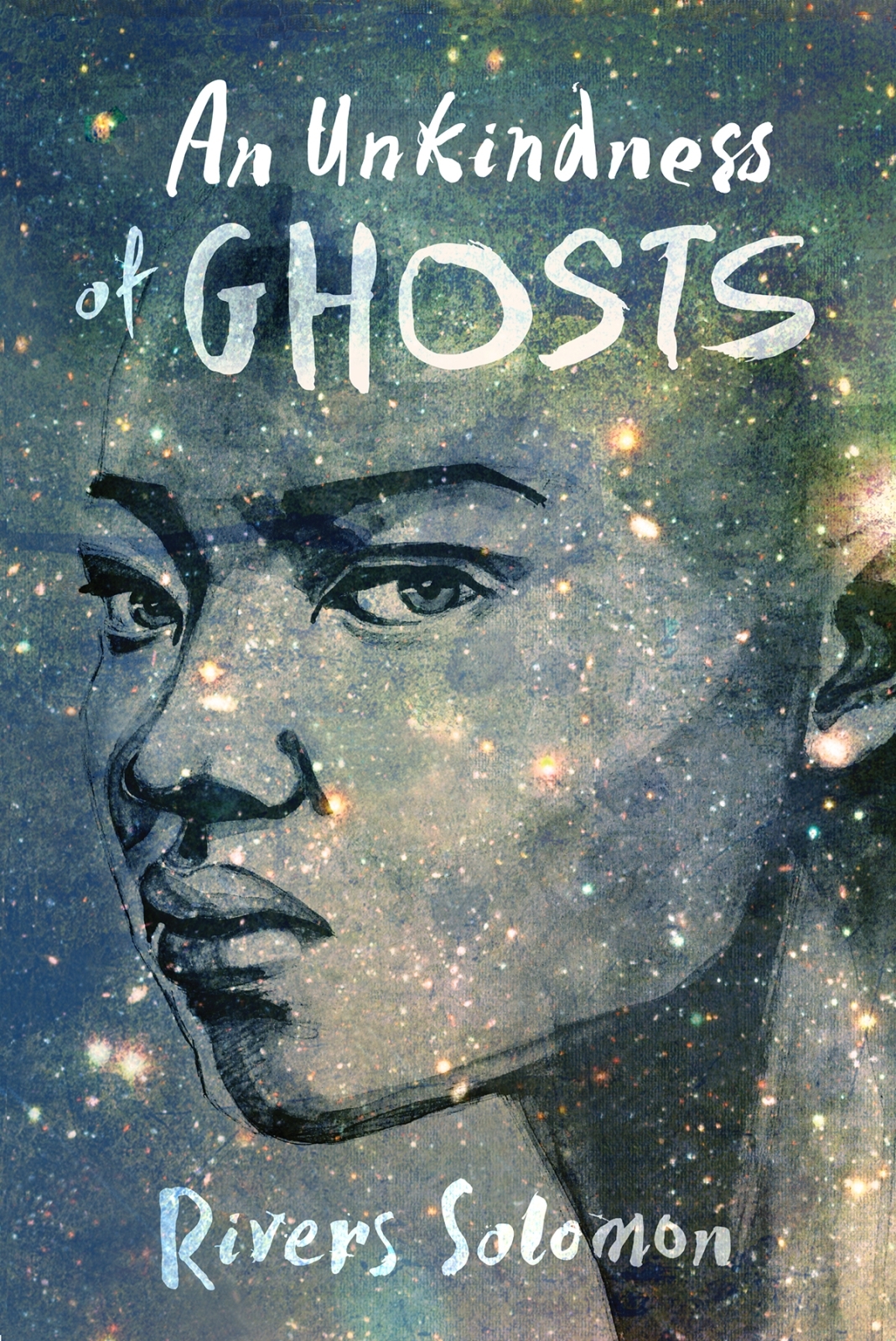
A rather literal (dry) and difficult book held together by moments of beauty.
I think the thing I disliked the most was how "unrealistic" the world felt. All worldships are conjecture at this point, but this one seemed absurdly unlikely. Who would plan a ship in such a way? Does the ship repair itself? Who is doing inspections to ensure safety systems? Do people understand how the baby star works? Are there robots that do maintenance task? Who inspects the maintenance work done? It just didn't hold. I found myself making up additional stories to explain plot holes.
I would much rather have had the "worldship" be some sort of large barge at sea (rising sea level plot?). Then I would have found it much easier to suspend my disbelief about the world, giving my full attention to the characters.
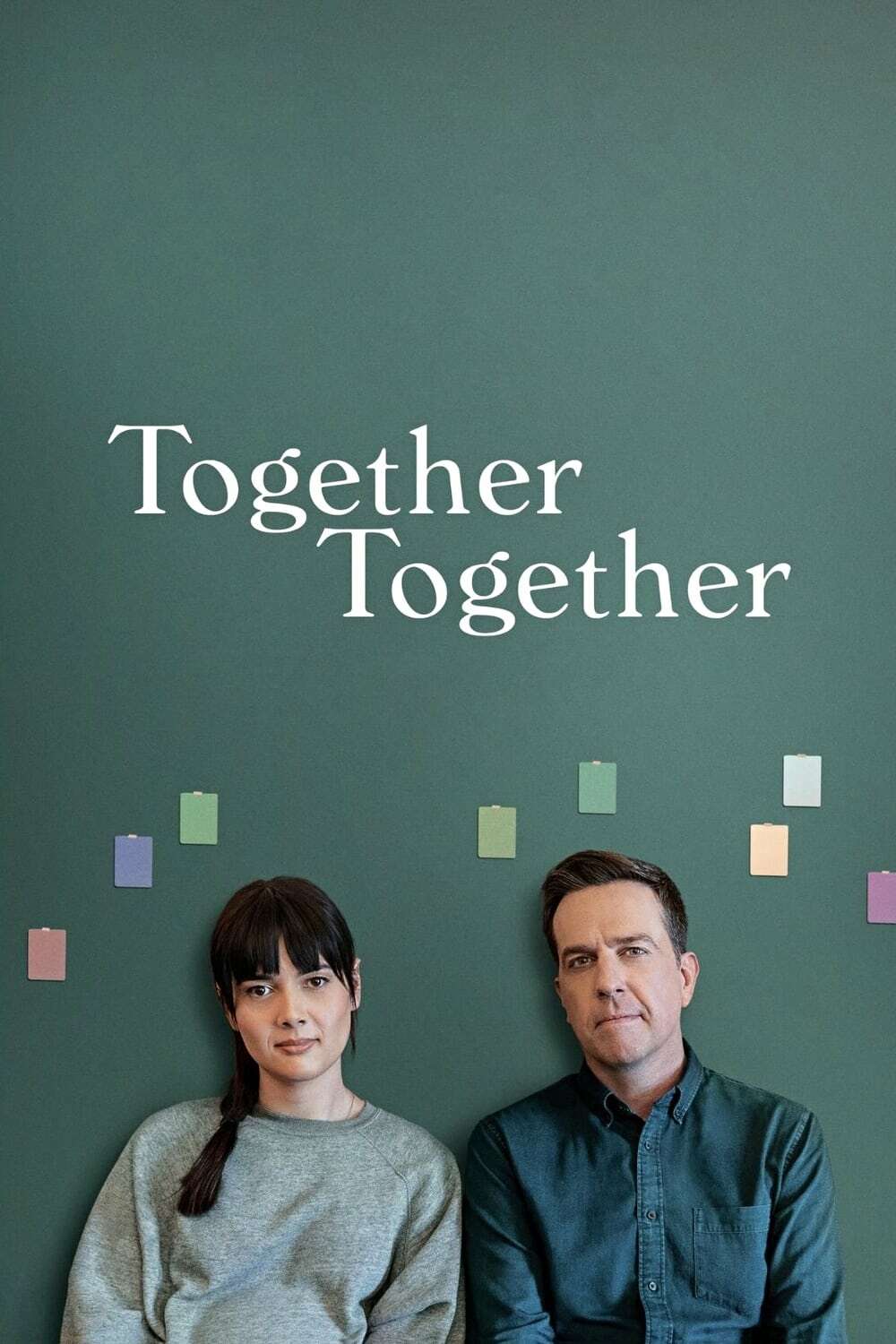 Letterboxd
Letterboxd
I am curious if more movies about older people having children will become more standard? Purposely single father is not a terribly well trodden genre.
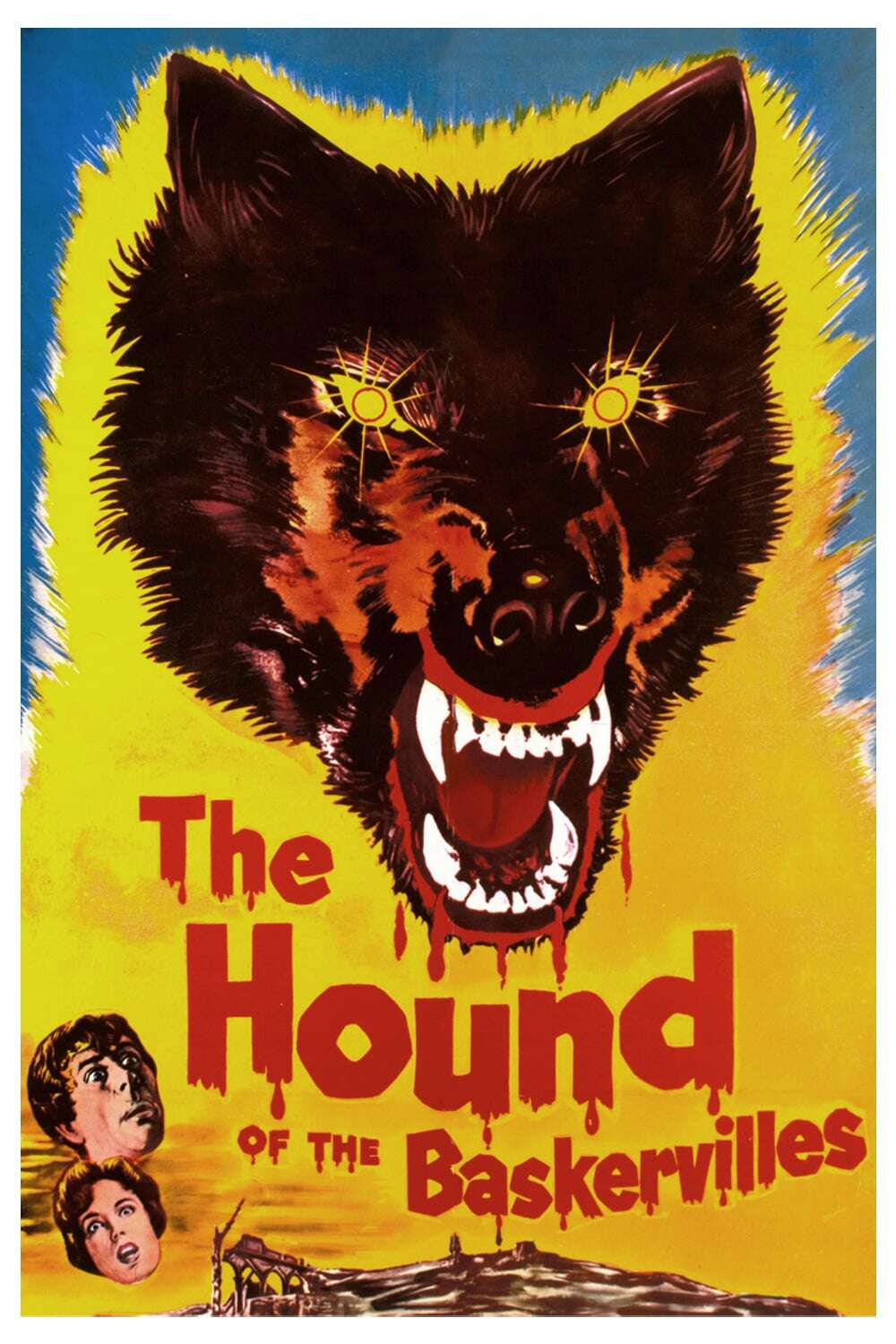 Letterboxd
Letterboxd
I think most of my enjoyment of this film centered on Sherlock's performance.
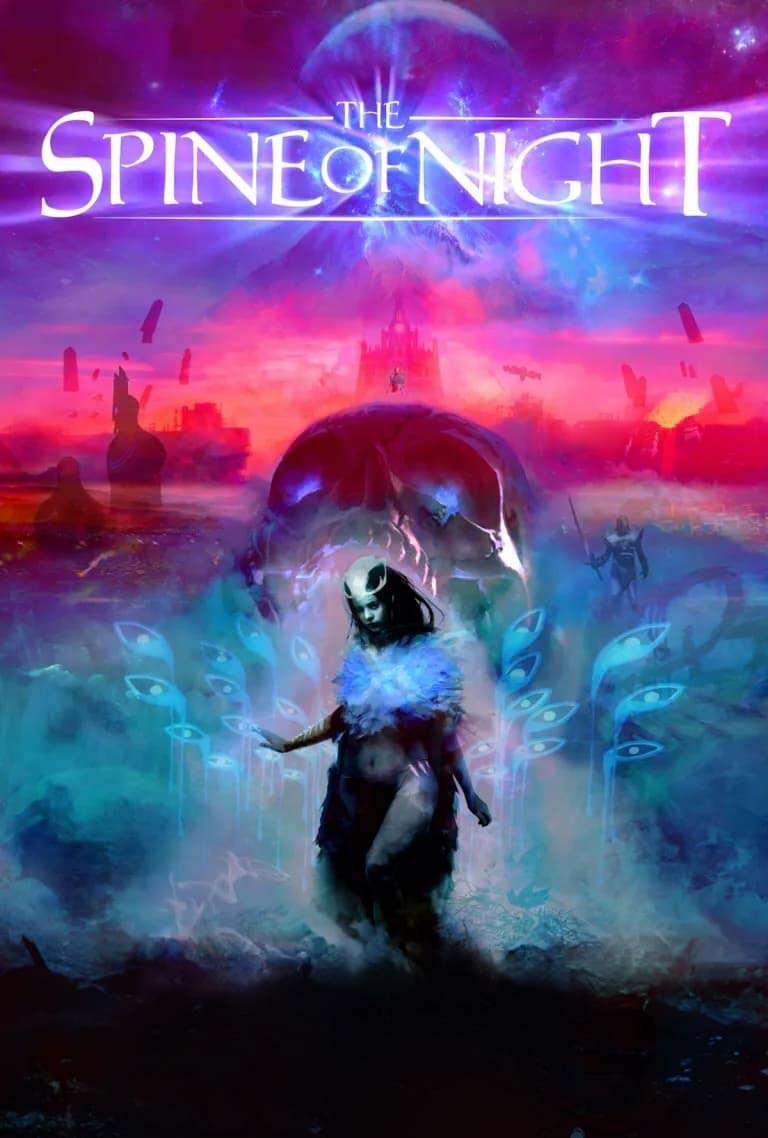 Letterboxd
Letterboxd
Nihilistically fatalistic death worshiping horseshit.
 Letterboxd
Letterboxd
It is a odd film. Feels like what you would get if the Cohen Brothers tried to make a Wess Anderson film. It just never really clicked with me.
 Letterboxd
Letterboxd
I think my favorite part of this movie was the ships and (to a lesser degree) the architecture. I am guessing that Dune is set in a declining empire. Every artifact of humanity is so much larger than the number of humans you would expect for something of that scale. I really enjoyed that.
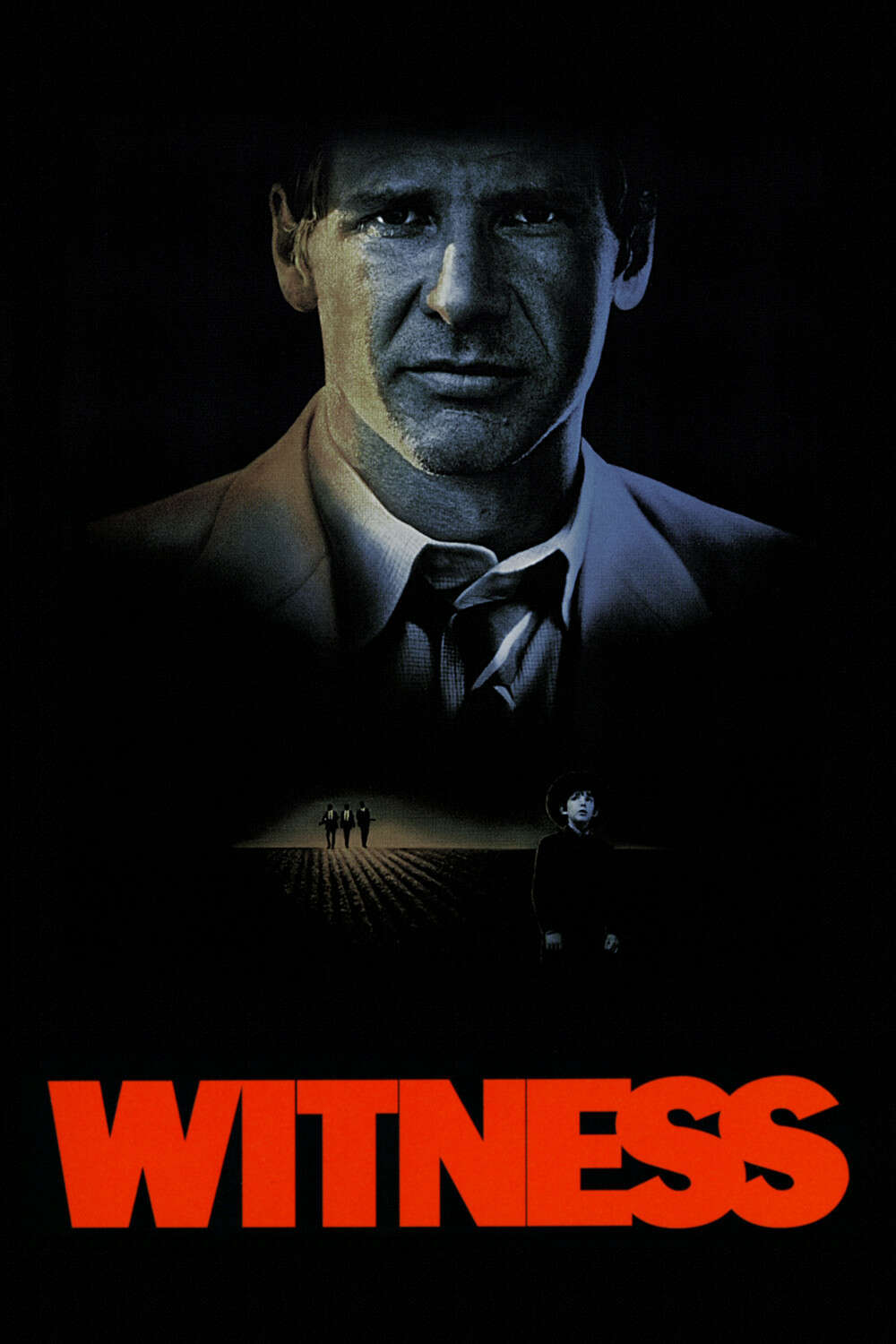 Letterboxd
Letterboxd
Strong characters. Interesting and notable camera work. John acts as a proxy, allowing us to observe Amish culture. I enjoyed the respectful tone of this film. Only part that felt like "too much" was the overuse of the synthesizer.
 Letterboxd
Letterboxd
Overbearing mechanical genius father; family caught in the storm of his moods. What happens when an adult never lets go of the absolute self righteousness that the young feel? In other environments might have been a a "Great Man". Ends up being a crank and bully brought down by the "small world".
Not an enjoyable film; but might give you something to think about.
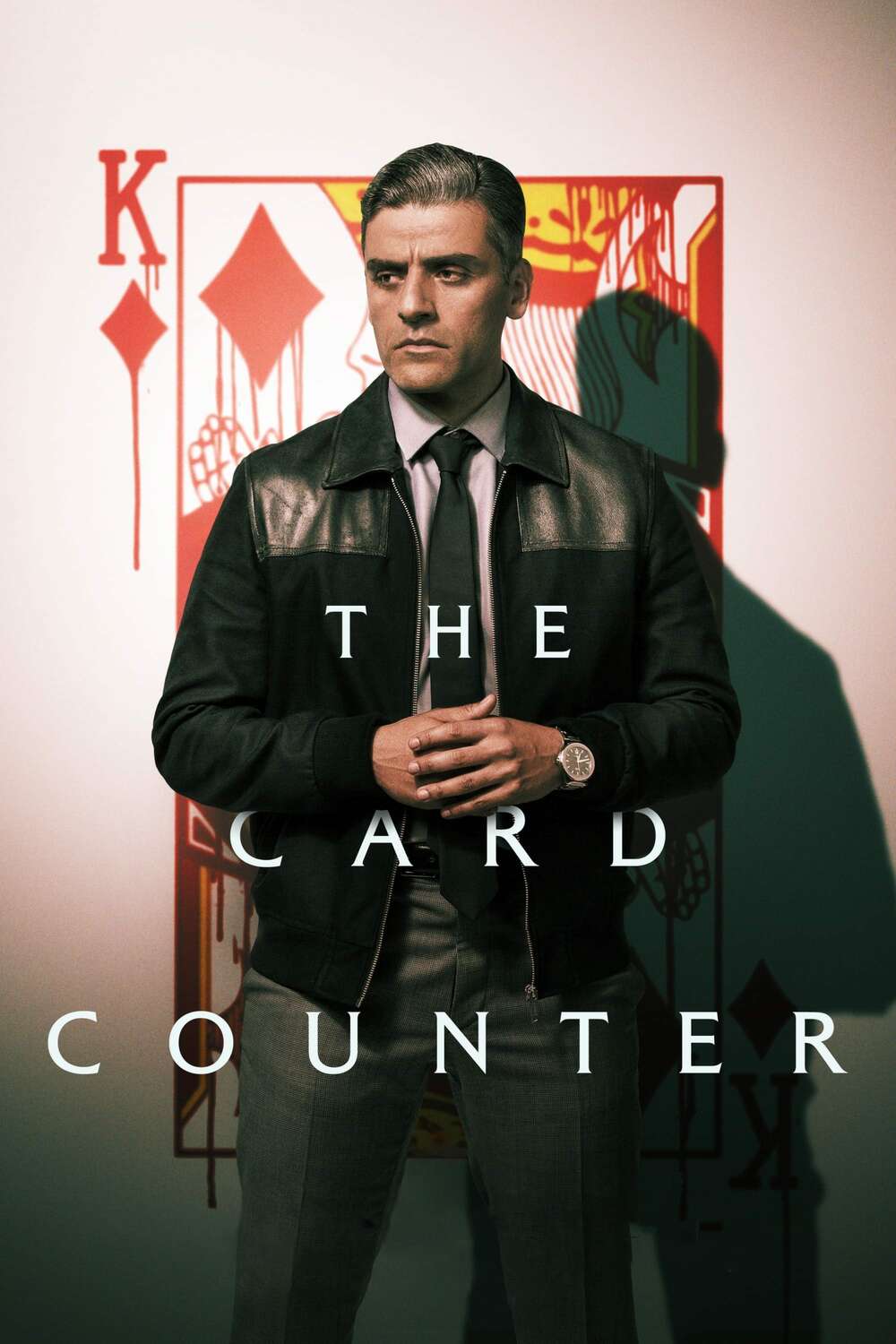 Letterboxd
Letterboxd
William was seeking a redemption arc in a measured and controlled way, not sure that is possible. Probably needed the "river" to come up the way it did, completely trashing his plans (hand). Only by loosing control of the situation could he get closure.
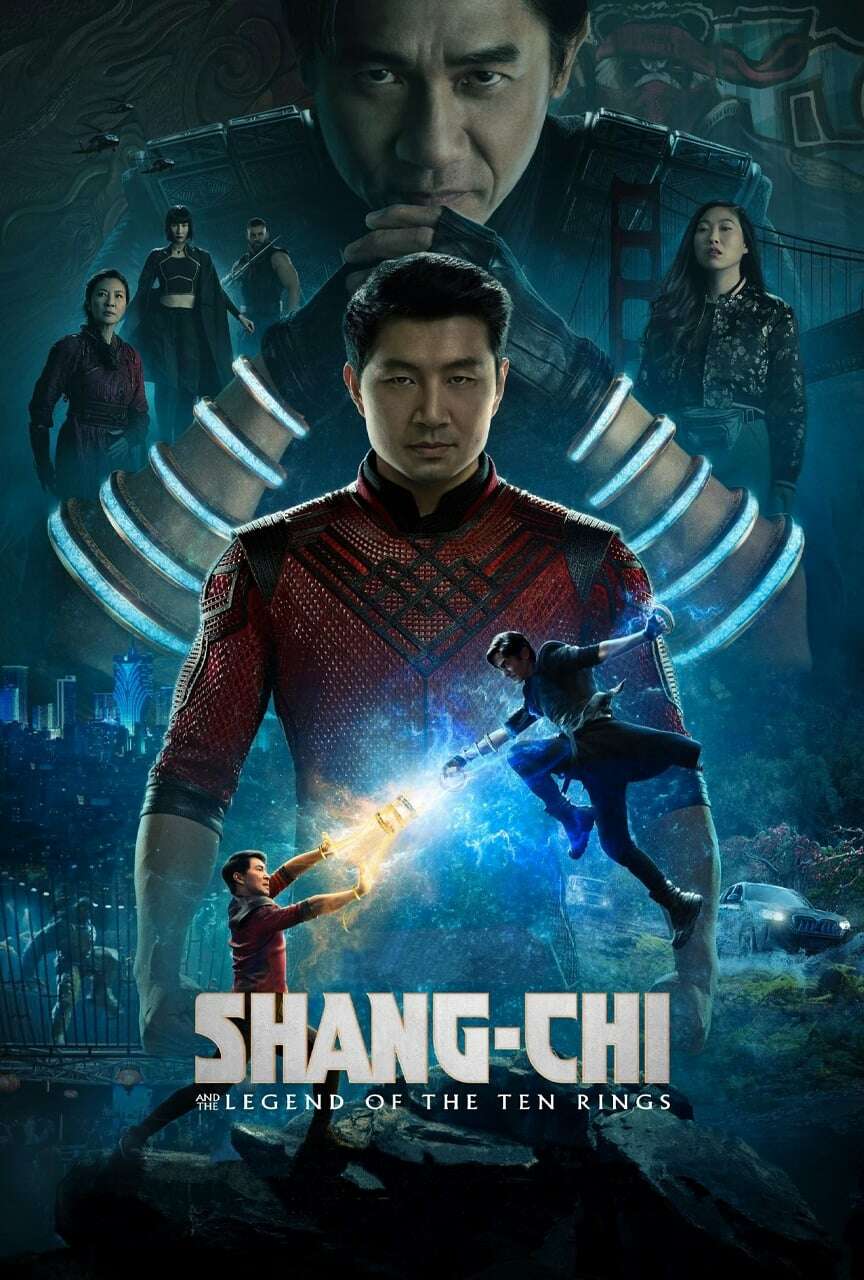 Letterboxd
Letterboxd
Good beginning, bit bored in the middle, and an above average ending.
The cutout scene where they fought in the bus was fun. I wonder if they made it purposely look like a platform game at points? Both the bus and the bamboo scaffolding fight scenes kind of reminded me of similar scenes from "God of Gamblers" (I think).
 Letterboxd
Letterboxd
1996: "Huh-huh, Huh-huh, Huh-huh, Huh-huh"
2021: One "Huh-huh" is sufficient!
I think I liked this film more when I saw it in theaters. It was a well placed film at its release; accurately captured the "corporate counterculture" of MTV.
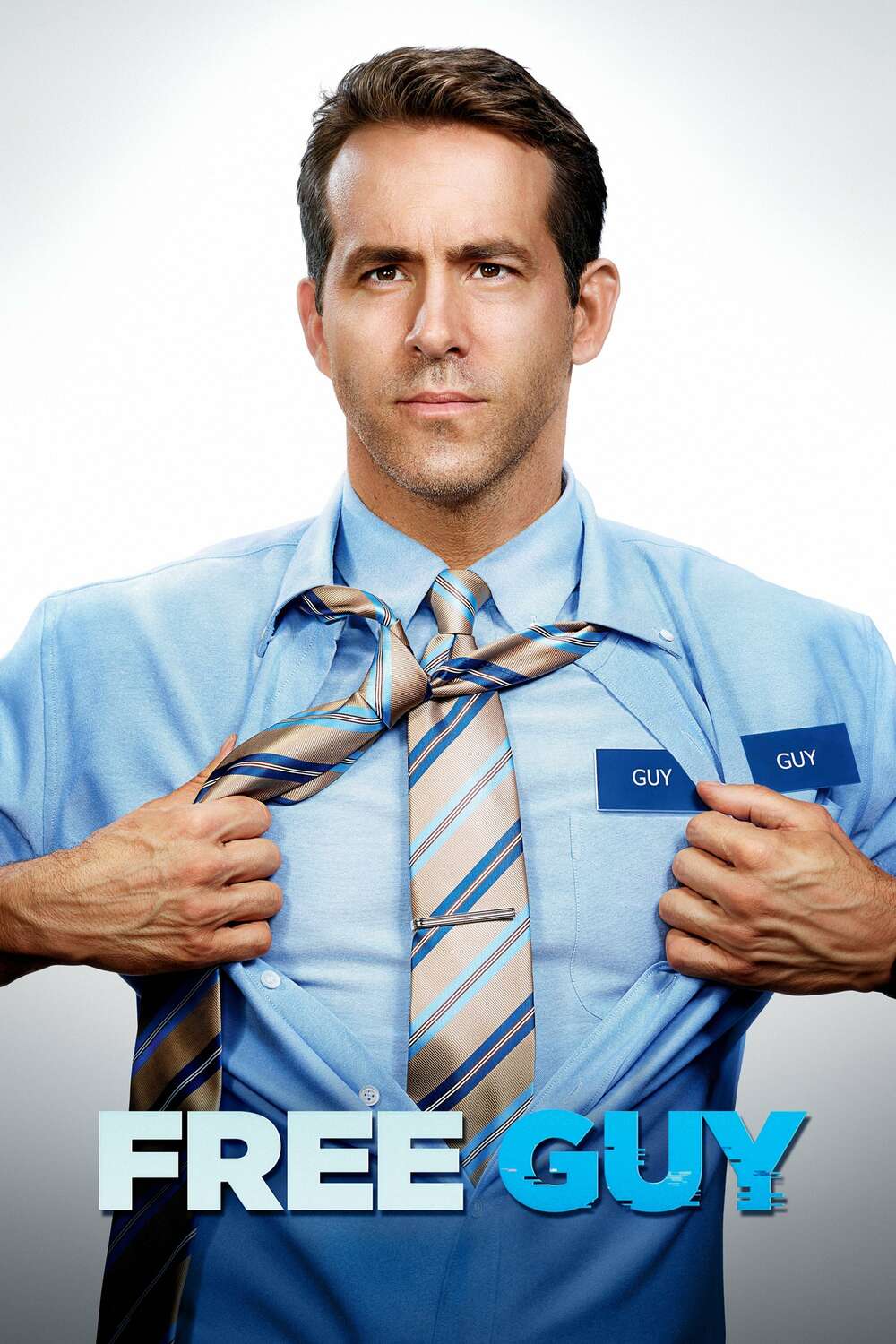 Letterboxd
Letterboxd
Funny, but went nowhere with any of its AI premises.
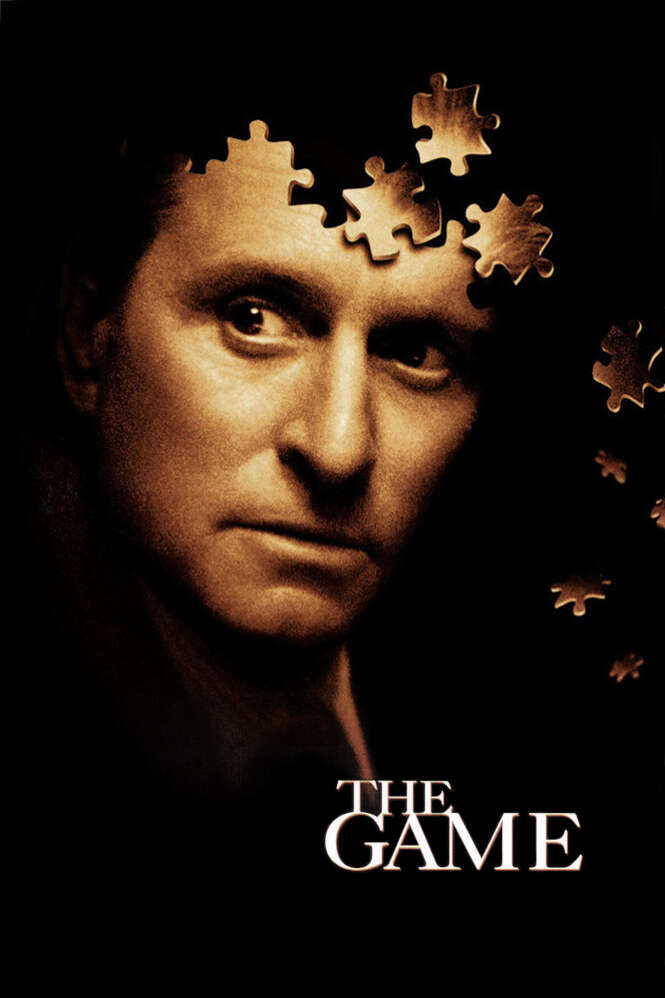 Letterboxd
Letterboxd
An example of a possibly great movie cut short by a very hard to believe premise.
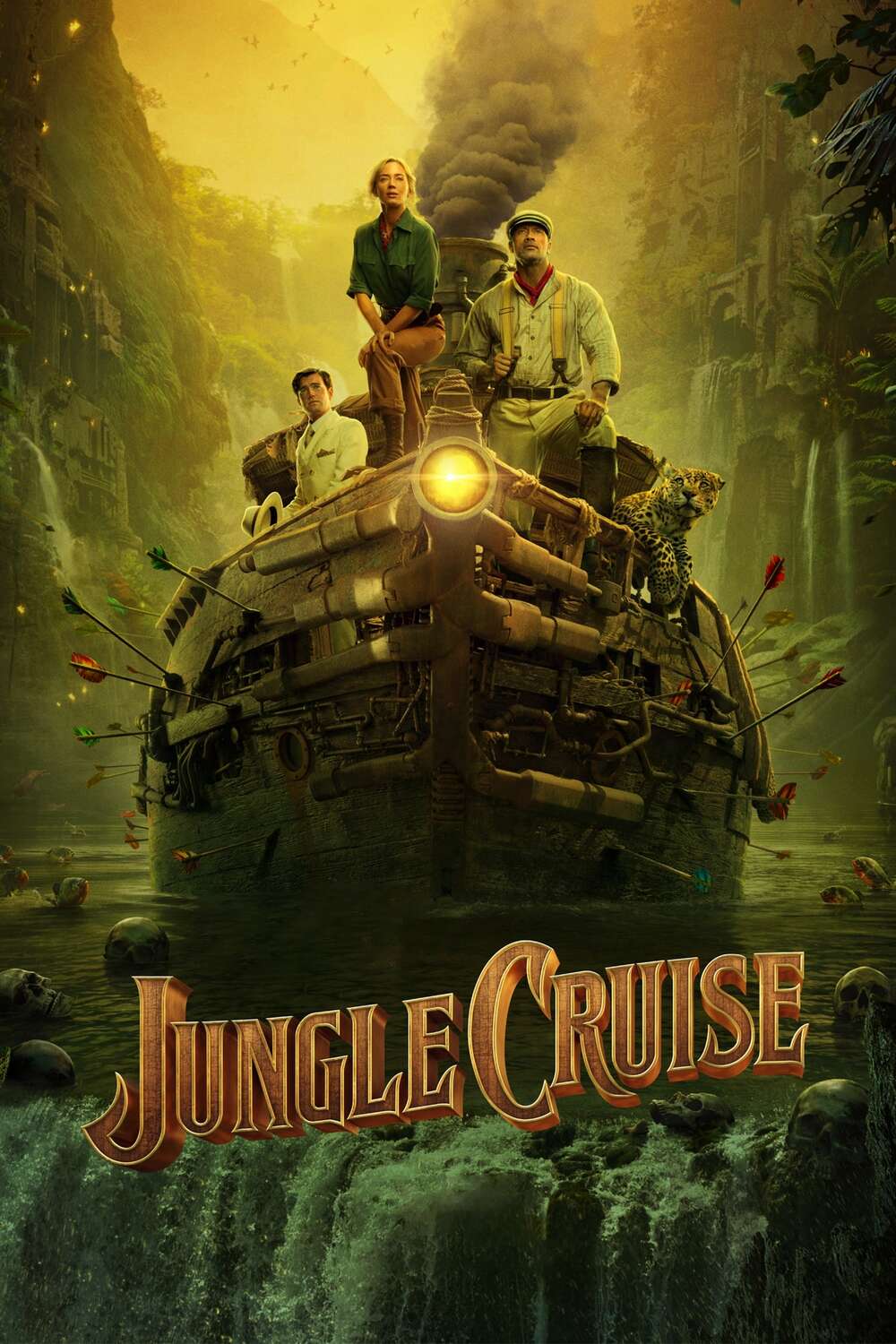 Letterboxd
Letterboxd
You know exactly what you are getting. Well done, but nothing you are going to think about after walking out of the theater.
I thought this fight scenes were a little dark (literally), sometimes had trouble making out who is doing what. The monsters were visually fun but were often difficult to discern from one another.
 Letterboxd
Letterboxd
Whelp. This was worse than I had hoped for. Everything "fits", it is just kind of getting stale.
There was a moment when Roman and Tej were kind of waxing philosophical about how they keep surviving completely absurd things. Like really really really, entirely impossible situations. I was kind of hoping that the plot would go in the direction of:
- St. Elsewhere Snow Globe type scene
- Redshirts (novel) type plot
- I'll even take a matrix-you-are-plugged-into-the-machines type ending
Yeah, I don't know, when I start daydreaming about directions your film could have taken while the movie is playing... we have a problem.
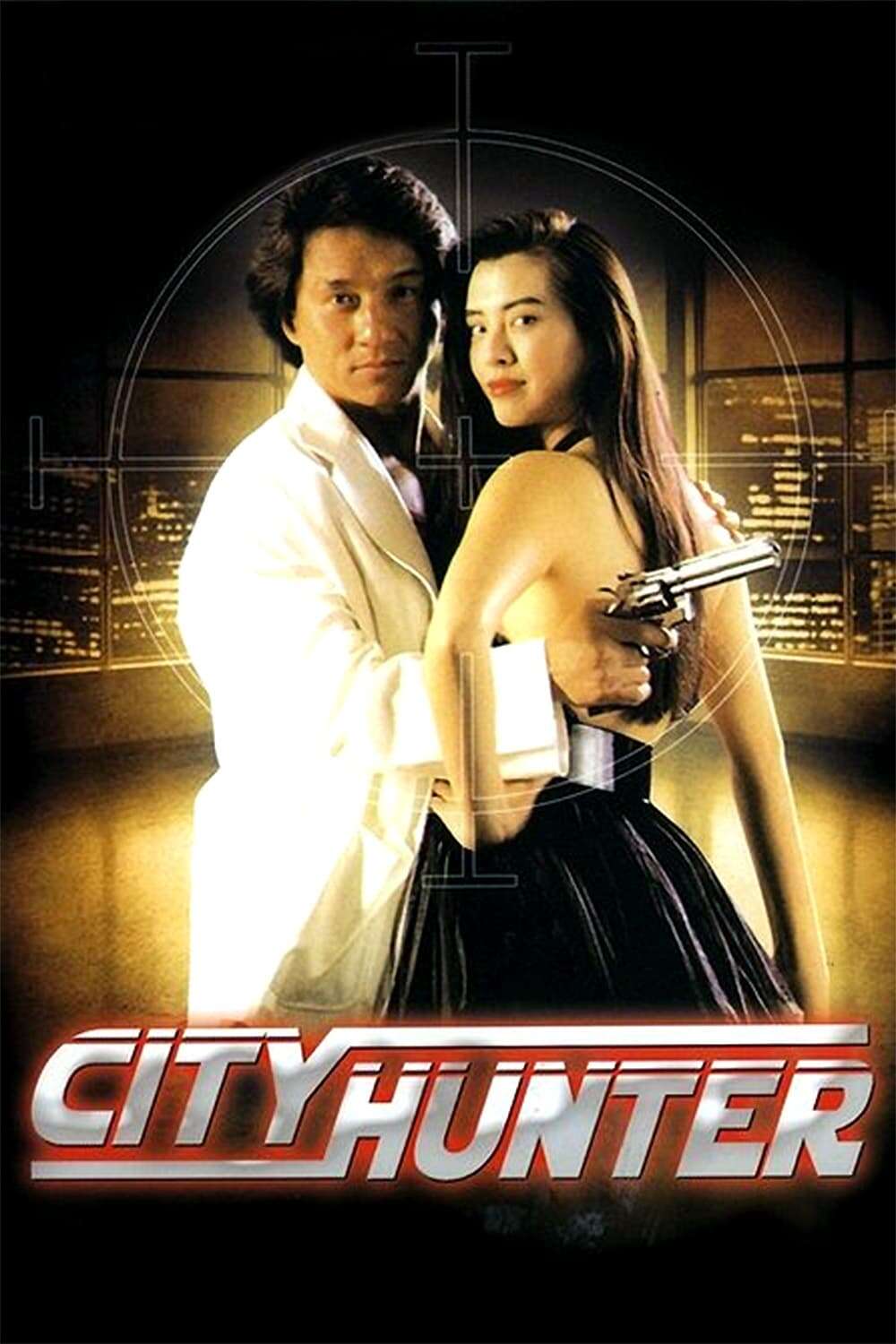 Letterboxd
Letterboxd
Eh, you shouldn't watch it. But I had some fried chicken and a beer and skipped through it a bit and it was... passable. Some of the goofy fight choreography kind of grows on you. Memorable scene at end with Jackie playing Chun Li from Street Fighter.
I made the following script to download all Github projects into a directory. It is fun to see everything you have accumulated over the years. :)
curl -u <USERNAME>:<OAUTH_TOKEN> https://api.github.com/user/repos\?per_page\=100 | jq ".[].git_url" | tr -d '"' | while read in; do git clone $in; done
Notes
<USERNAME> is your github username.
<OAUTH_TOKEN> can be created from here. You only need the repo scope for this.
You may need to install jq as it isn't standard.
You will need to be authenticated or the git clone X will fail on non public repos.
API will only download up to 100 projects. If you have more than that you will have to page.
The last 2 months have seen a decline in my output. To combat this, I am implementing a new process that I hereby name the "CAR|CDR" system of productivity. CAR & CDR come from LISP Lore. I picked the name because I like saying CARKIDER phonetically.
It is really quite simple. I have a dynamic list of everything that is important to me. From projects to people to ideas to consumption to whatever. I enumerate every alternating day as either being a CAR (Head of the list) or CDR (rest of the list) day. For instance, this week MWFU are CAR (Head) days and TRS are CDR (Rest) days.
How?
On CAR day, I shouldn't be doing anything other than the most important task on my list. I purposely choose, and in doing so free myself, to ignore all the other task in life that I deem important. It means that I don't pencil in any other things that day, I don't try to squeeze some other concern in there. I also attempt to limit the number of decisions I need to make on CAR days to only things concerning the CAR item. It is a CAR day, that is its all encompassing purpose.
CDR days are for everything other than the head of your list. For this reason I am fairly flexible about what I should do within the rest of the list. Your CDR list should always contain basic things like "exercise", "enjoy life", "have fun", "socialize", as well as directly actionable things like "pay taxes", "study category theory", etc. I really just let whim and urgency dictate what I do on CDR days. CDR days are for inspiration, they should be the opposite of focusing on a singular purpose.
Why?
There are so many things going on in my own life and in the world as a whole that I don't have a good why. Explaining why is too big a question, and I suspect I could not do it if pressed. All I am sure of is that I am not able to focus on tasks like I once could. I think partially it is my brain rebelling against the monotony of my current life; the constraint of spending almost my entire day in a 13' x 17' room as we wait out this pandemic. Without a clear path forward, I am trying random strategies I think up and seeing if they help.
As for the question of why this strategy? I think it has to do with the idea of focused vs diffuse thought. I think my mind/personality is being softened as contact with much of my previous environment diminishes. It isn't just the lose of people, it is also the roles and activities and parts that I previously played. The CAR day gives me time to put my full intellect and focus towards a task, shutting out the outside world. The CDR day gives me time to softly adjust to the new world, without having to think about my most important thing upon that day.
Conclusion
I hope it helps me out.
This book, I assume, is supposed to be parody? Right?
I am not sure at what point speculative fiction becomes parody. Similar to the line between erotica and pornography, it may be one of those "I can't tell you what it is, but I know it when I see it" kind of situations.
This book has 2 broad halves, the Chinese half and the Chinese + American half.
Up to the limits of the Chinese half, I was constantly asking myself questions like "Wait, are children really this selfless? Can children really do these things? Are children really this emotionally stable?" I was constantly asking myself if Chinese children are this exceptional compared to American children. The self reflection, maturity, and insight the Chinese children possessed was incredulous. I felt a vague sense of unease that Chinese children might be so superior to American children (my birthplace). What future can the United States have when the youth of other nations are so superior to our own?
The second half (Chinese + American) of the book put those fears to rest... In a big way. I cannot comment on the emotional makeup and resiliency of Chinese children. I can however comment on American children. Yes, I agree, there are broad cultural differences between the two groups. Yes, American culture has its share of problems, same as anybody else. Yes, children are reflections of the culture they were raised in. However, his portrayal of American children paints them as little more than narcissistic conniving psychopaths. It is so over the top that it becomes... I don't know, almost an exploitation of American culture rather than a reflection of it. In short, I felt his generalization of American children were significantly off. So far off that I felt the American children were written as parody.
You start the book thinking that there is only one plot element that you must take as a given, that there could be a stellar event with an incredibly specific type of radiation that only kills people over 13. However, about half way through (maybe sooner if you are less naive than I am) you discover that there are actually three such plot elements. The stellar event itself, the characterization of American Children as little monsters, and presumably the characterization of Chinese children as miniature adults.
With all that said, it was still an enjoyable read. Prose sometimes felt a little "literal" for lack of a better word. It is a quick read, so I would be comfortable recommending it to most.
*** Real Plot spoilers below - Don't continue
Things I really liked or noted:
- The quantum-whatever-star-trek-AI that the Chinese kids had was a bit of a deus ex. Whatever.
- With that said, I loved the idea of a "real time chat" between millions of people. Where the AI would summarize the message of a large group of people and split them into separate singular "speakers" in real time. Allow any number of people to communicate but limit the expressive speakers to a number that is human understandable. Why can't we have something like that?
- Prove me wrong, but there are many things that children simply can not do. They require emotional maturity, strength, or intelligence that children do not posses. I found the idea that most jobs could be taken over pretty ludicrous.
- Maybe, with the help of an all seeing AI and the "best of the best" of China, you could have a functional society as outlined in the book. But I think a big part of this is the AI.
- The American child society seemed entirely unstable. I had a really hard time believing that the characters on the American side of things could possibly do anything as complicated as launching a battle fleet, hosting a summit, or even keeping themselves fed. With those sort of characters, you would rapidly devolve into tribalism. Nothing of note could be accomplished with such a society.
- I did enjoy the brutality that the children were allowed to express. I think we can all recognize at some level that empathy is something that develops for many people later in life (often around adolescense) . I did appreciate that it didn't characterize the children as being little angels. With that being said, I don't think that the "natural state" of children is even close to as terrifying as that expressed in this book.
- I was especially confused why persistent automated monitoring and enforcement was not introduced as a final gift to the children from the adults. If they can build an all powerful AI, why not have the AI monitor what work is being done, chide, scold, punish and eventually exclude children who are negligent. Basically force compliance by pushing out children who choose not to work within the system. Many children would die, but many would choose to work with the AI as it assures stability for them. Seemed like a pretty large blind spot.
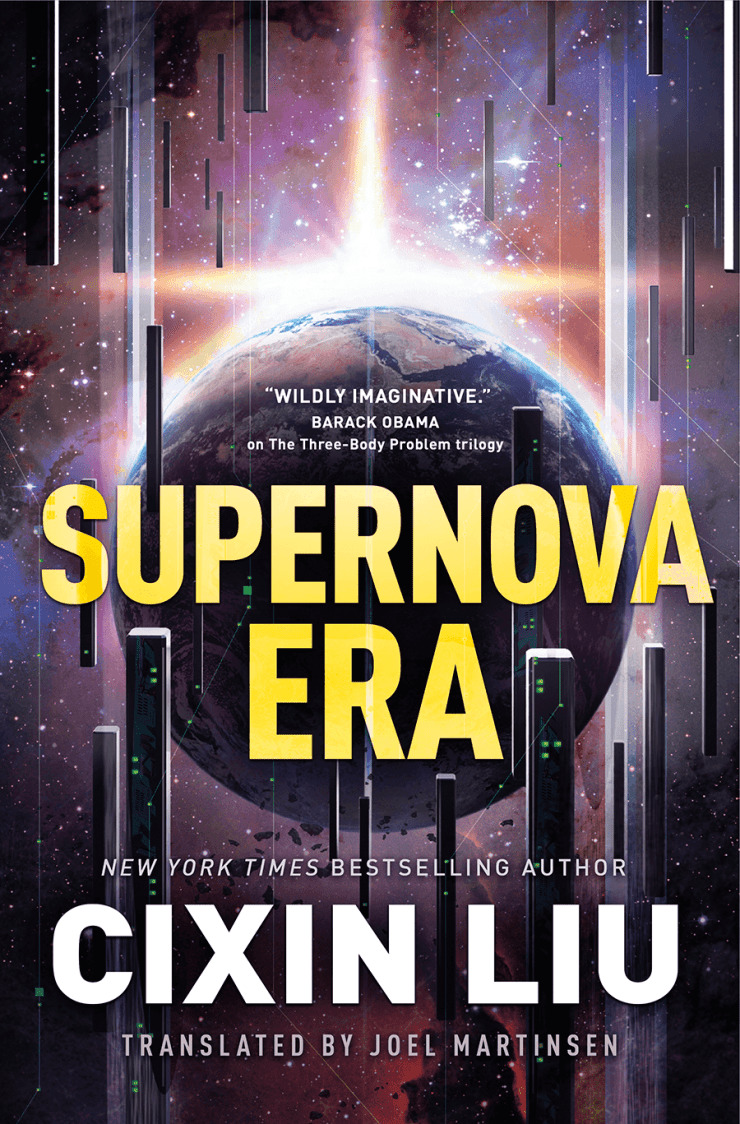
This book, I assume, is supposed to be parody? Right?
I am not sure at what point speculative fiction becomes parody. Similar to the line between erotica and pornography, it may be one of those "I can't tell you what it is, but I know it when I see it" kind of situations.
This book has 2 broad halves, the Chinese half and the Chinese + American half.
Up to the limits of the Chinese half, I was constantly asking myself questions like "Wait, are children really this selfless? Can children really do these things? Are children really this emotionally stable?" I was constantly asking myself if Chinese children are this exceptional compared to American children. The self reflection, maturity, and insight the Chinese children possessed was incredulous. I felt a vague sense of unease that Chinese children might be so superior to American children (my birthplace). What future can the United States have when the youth of other nations are so superior to our own?
The second half (Chinese + American) of the book put those fears to rest... In a big way. I cannot comment on the emotional makeup and resiliency of Chinese children. I can however comment on American children. Yes, I agree, there are broad cultural differences between the two groups. Yes, American culture has its share of problems, same as anybody else. Yes, children are reflections of the culture they were raised in. However, his portrayal of American children paints them as little more than narcissistic conniving psychopaths. It is so over the top that it becomes... I don't know, almost an exploitation of American culture rather than a reflection of it. In short, I felt his generalization of American children were significantly off. So far off that I felt the American children were written as parody.
You start the book thinking that there is only one plot element that you must take as a given, that there could be a stellar event with an incredibly specific type of radiation that only kills people over 13. However, about half way through (maybe sooner if you are less naive than I am) you discover that there are actually three such plot elements. The stellar event itself, the characterization of American Children as little monsters, and presumably the characterization of Chinese children as miniature adults.
With all that said, it was still an enjoyable read. Prose sometimes felt a little "literal" for lack of a better word. It is a quick read, so I would be comfortable recommending it to most.
*** Real Plot spoilers below - Don't continue
Things I really liked or noted:
The quantum-whatever-star-trek-AI that the Chinese kids had was a bit of a deus ex. Whatever.
With that said, I loved the idea of a "real time chat" between millions of people. Where the AI would summarize the message of a large group of people and split them into separate singular "speakers" in real time. Allow any number of people to communicate but limit the expressive speakers to a number that is human understandable. Why can't we have something like that?
Prove me wrong, but there are many things that children simply can not do. They require emotional maturity, strength, or intelligence that children do not posses. I found the idea that most jobs could be taken over pretty ludicrous.
Maybe, with the help of an all seeing AI and the "best of the best" of China, you could have a functional society as outlined in the book. But I think a big part of this is the AI.
The American child society seemed entirely unstable. I had a really hard time believing that the characters on the American side of things could possibly do anything as complicated as launching a battle fleet, hosting a summit, or even keeping themselves fed. With those sort of characters, you would rapidly devolve into tribalism. Nothing of note could be accomplished with such a society.
I did enjoy the brutality that the children were allowed to express. I think we can all recognize at some level that empathy is something that develops for many people later in life (often around adolescense) . I did appreciate that it didn't characterize the children as being little angels. With that being said, I don't think that the "natural state" of children is even close to as terrifying as that expressed in this book.
I was especially confused why persistent automated monitoring and enforcement was not introduced as a final gift to the children from the adults. If they can build an all powerful AI, why not have the AI monitor what work is being done, chide, scold, punish and eventually exclude children who are negligent. Basically force compliance by pushing out children who choose not to work within the system. Many children would die, but many would choose to work with the AI as it assures stability for them. Seemed like a pretty large blind spot.
I wanted the opportunity to try out Planck (User Guide) (SDK), which lets you write shell scripts in clojurescript.
Wrote a small script to upload my blog into Github hosting.
Like the fact that it mixes the clojurescript code with the shell commands (sh ...). One can use simple shell commands and compose them with clojurescript. Loose the value of pipping and shell expansions, but sometimes that is a reasonable trade-off.
 Letterboxd
Letterboxd































































































